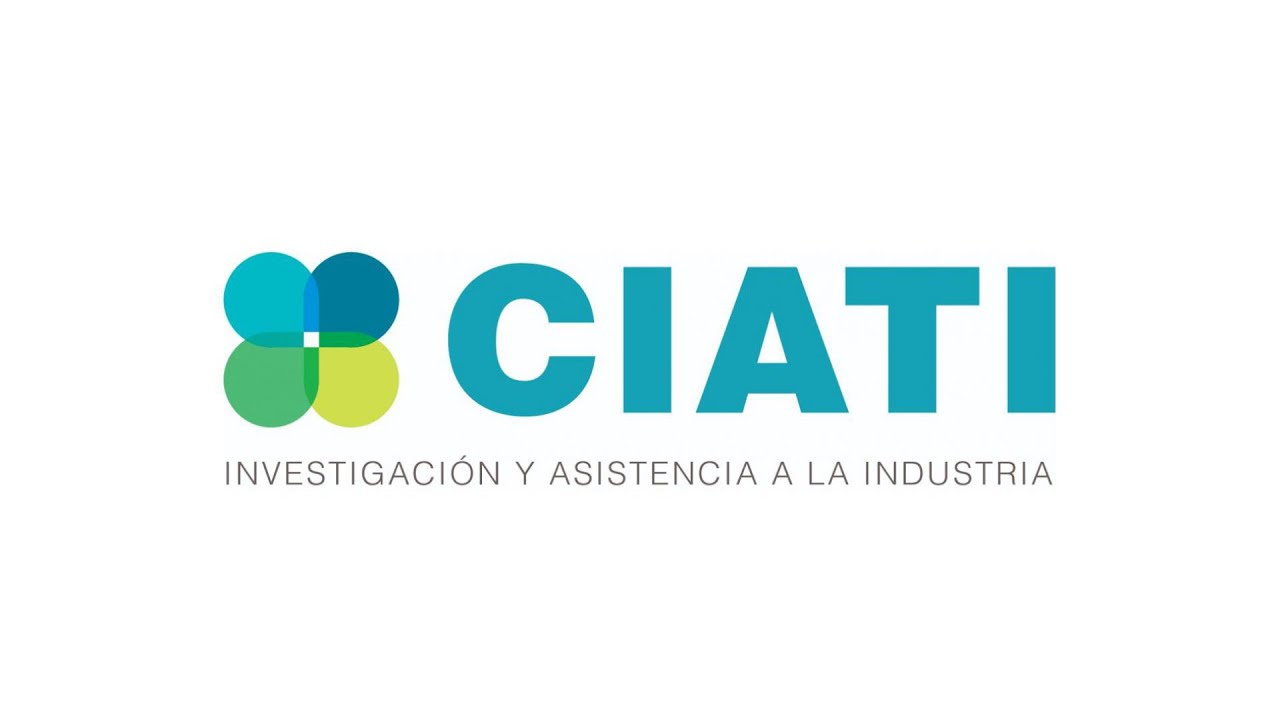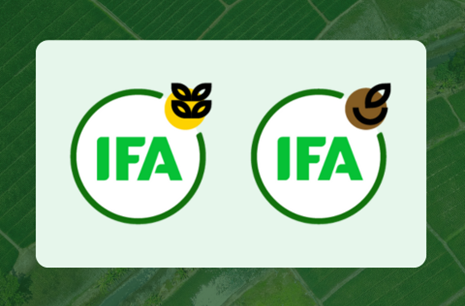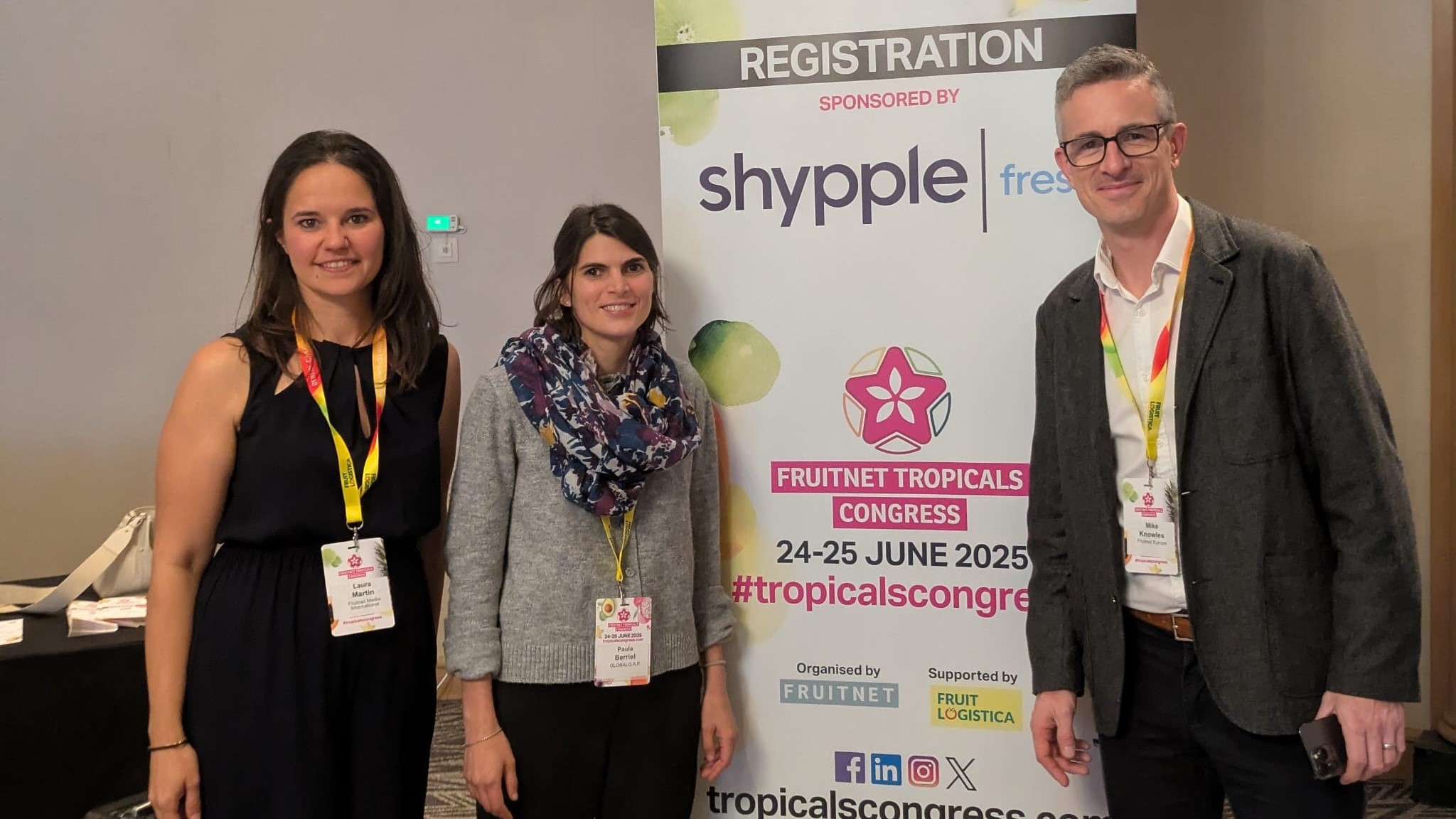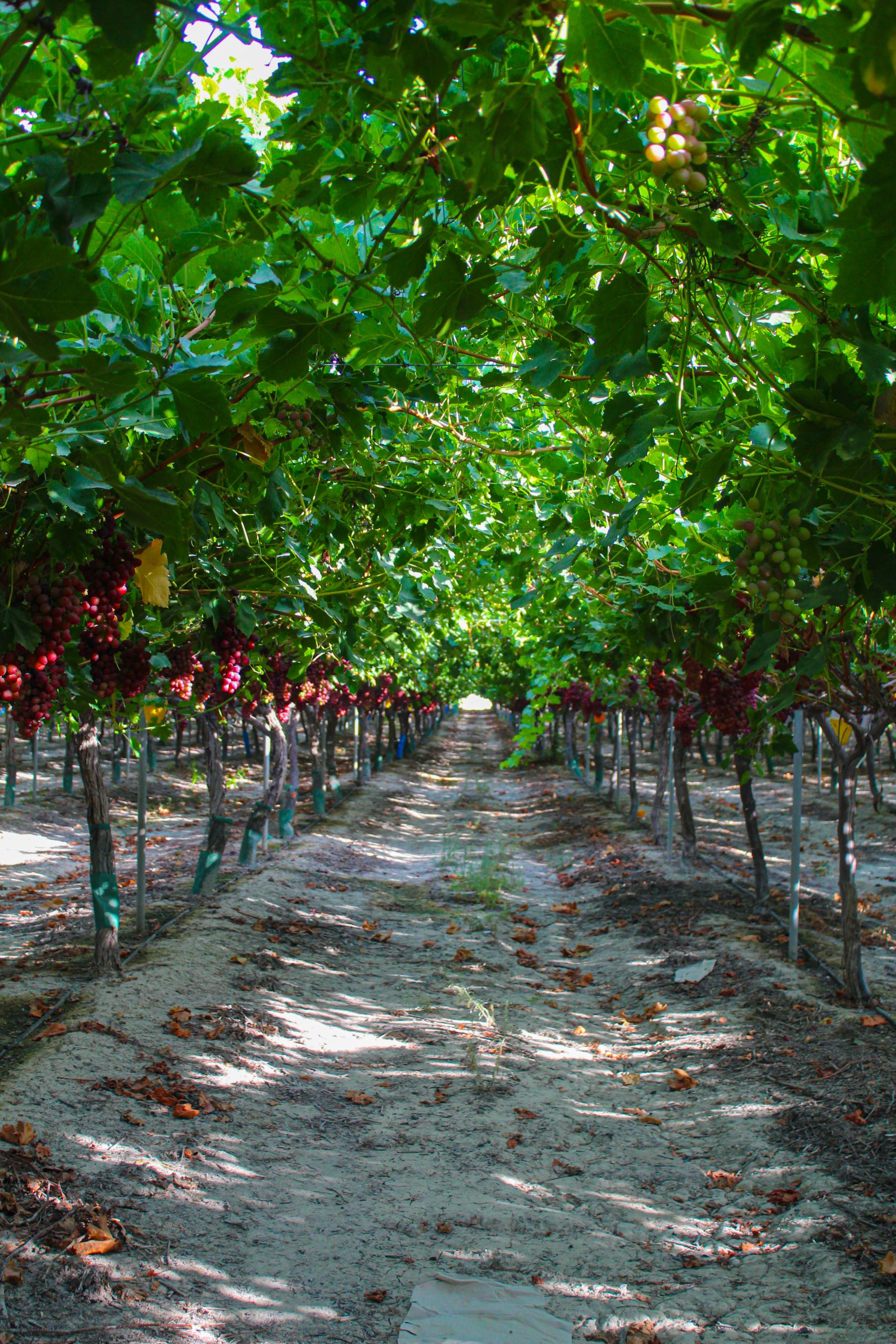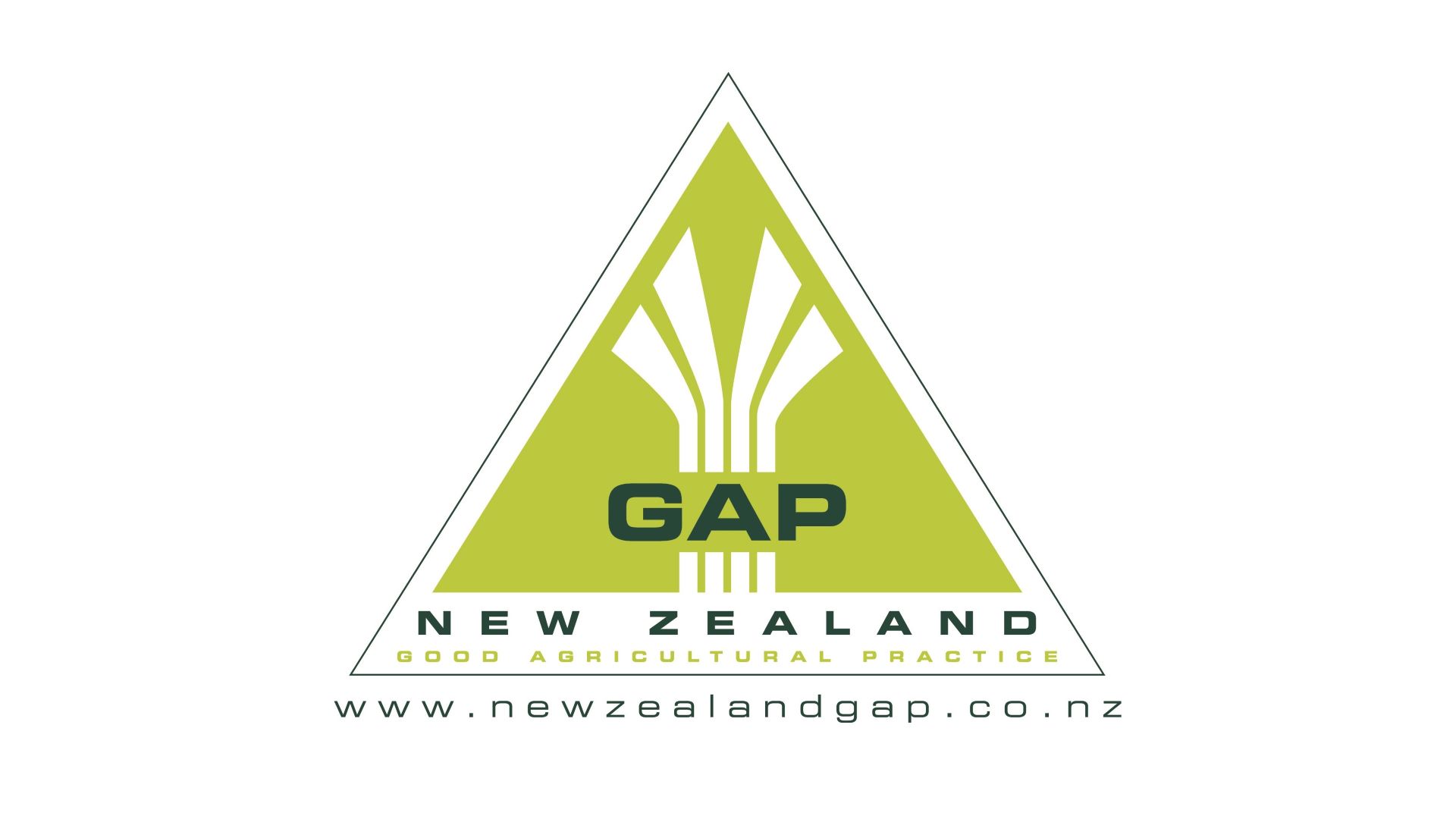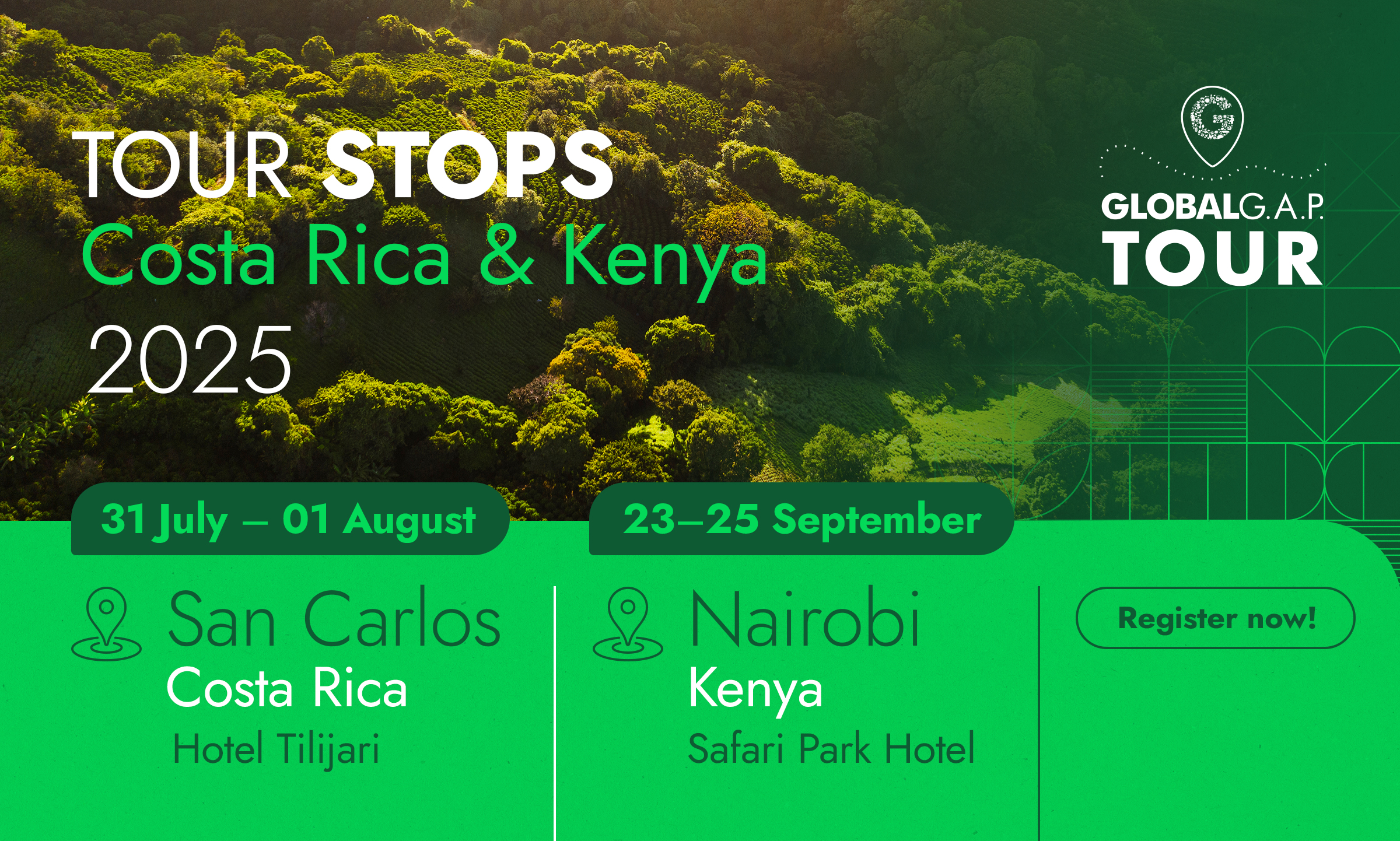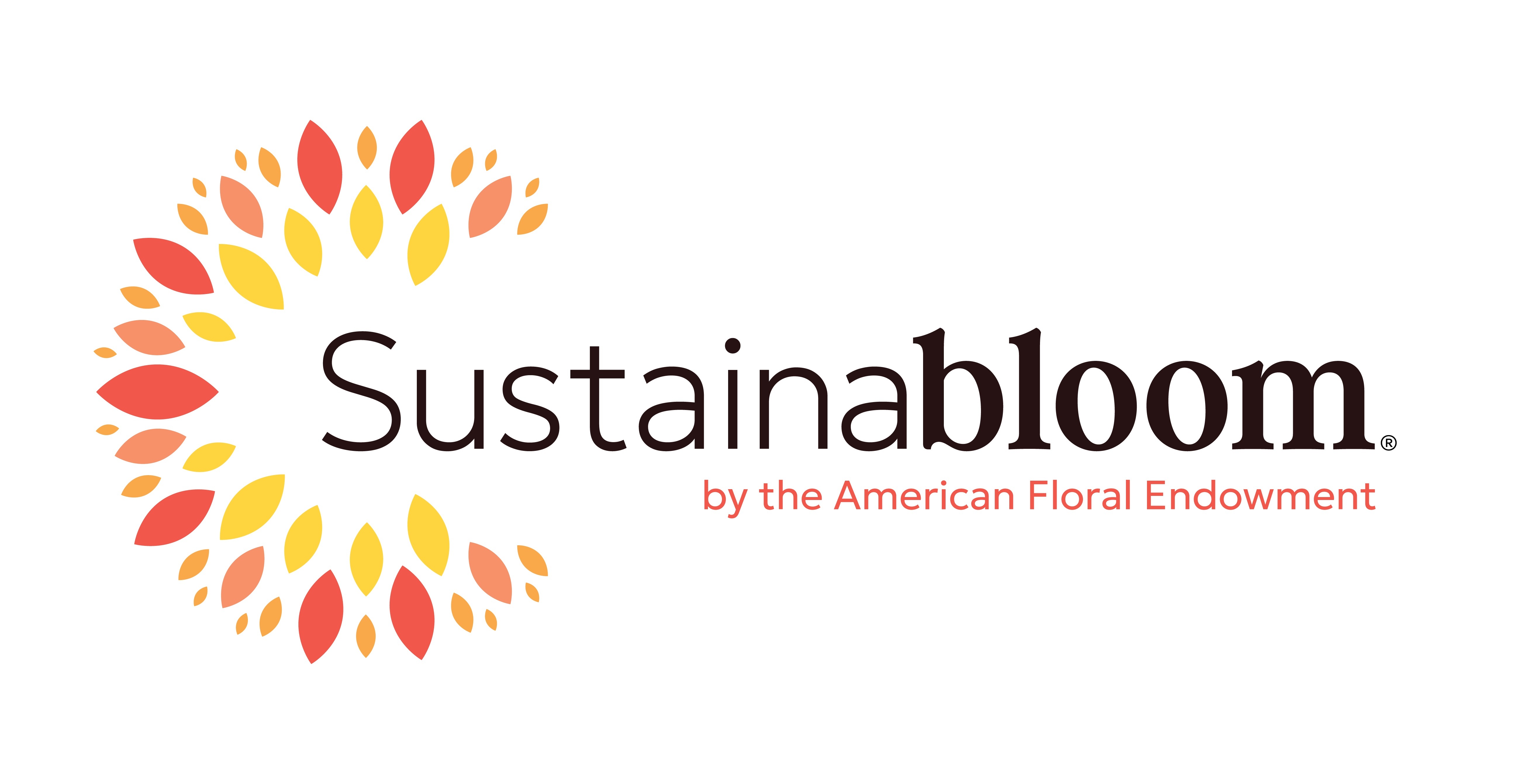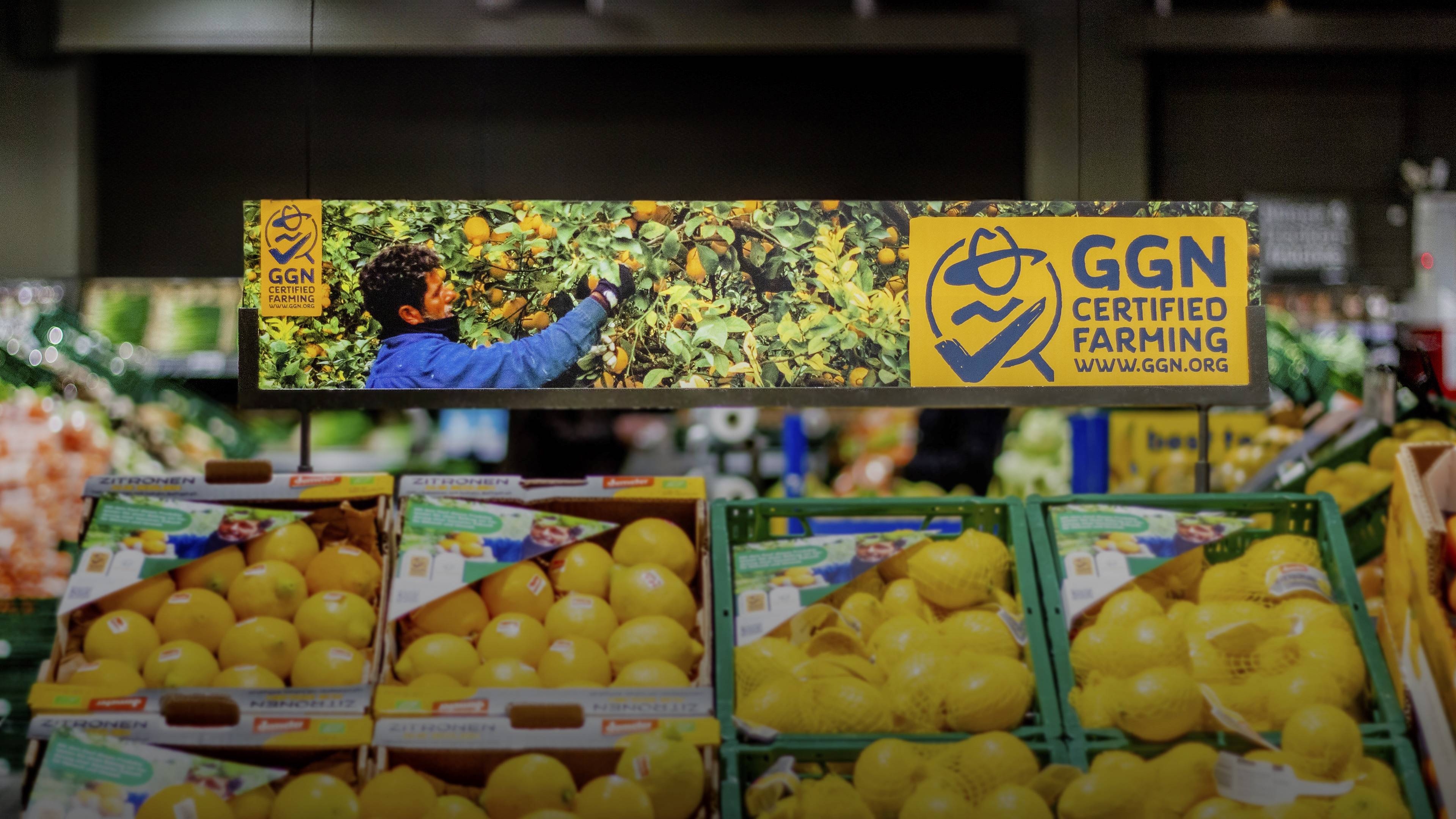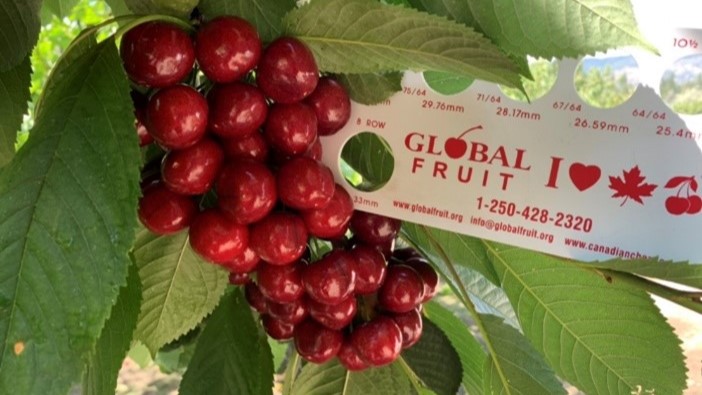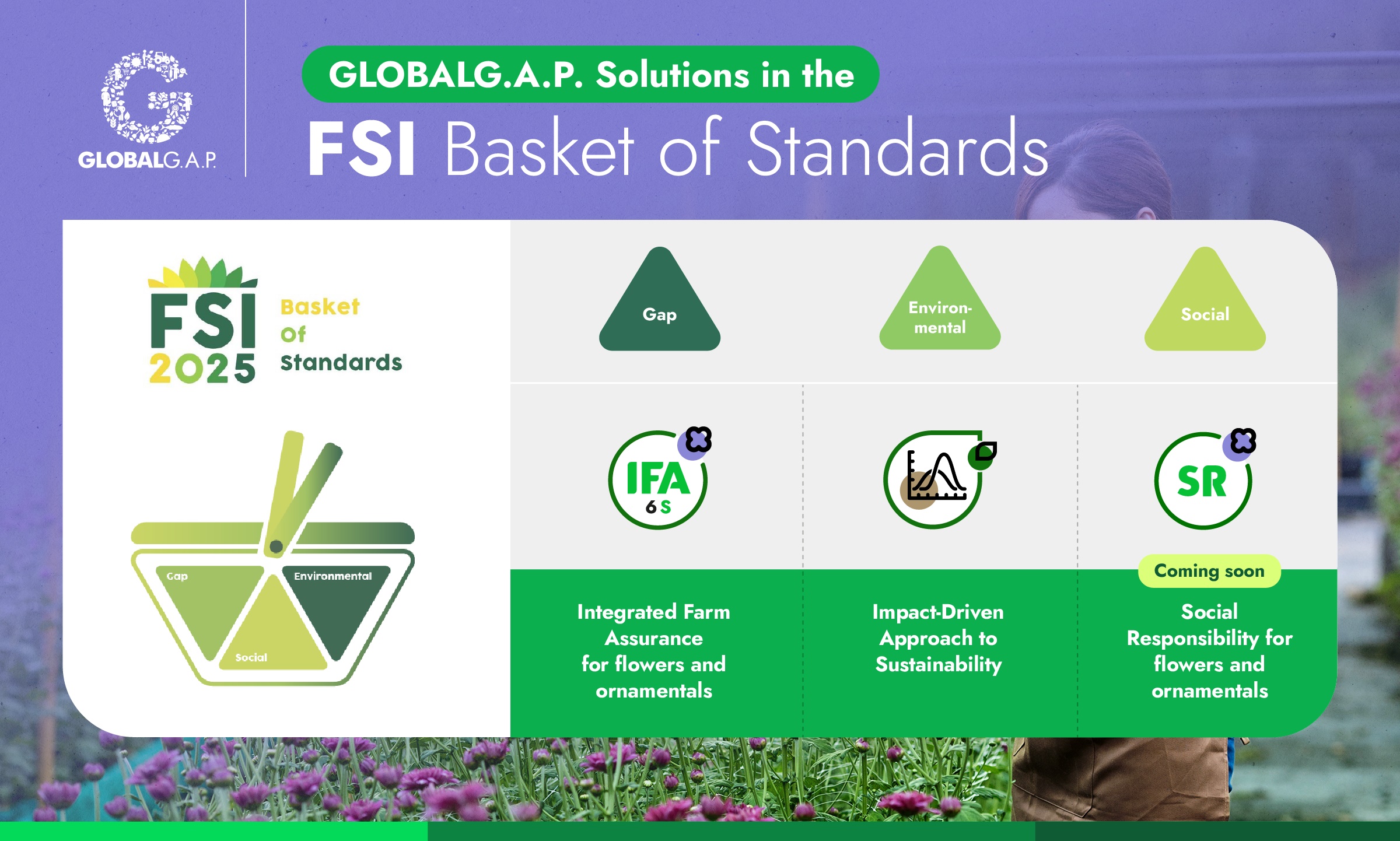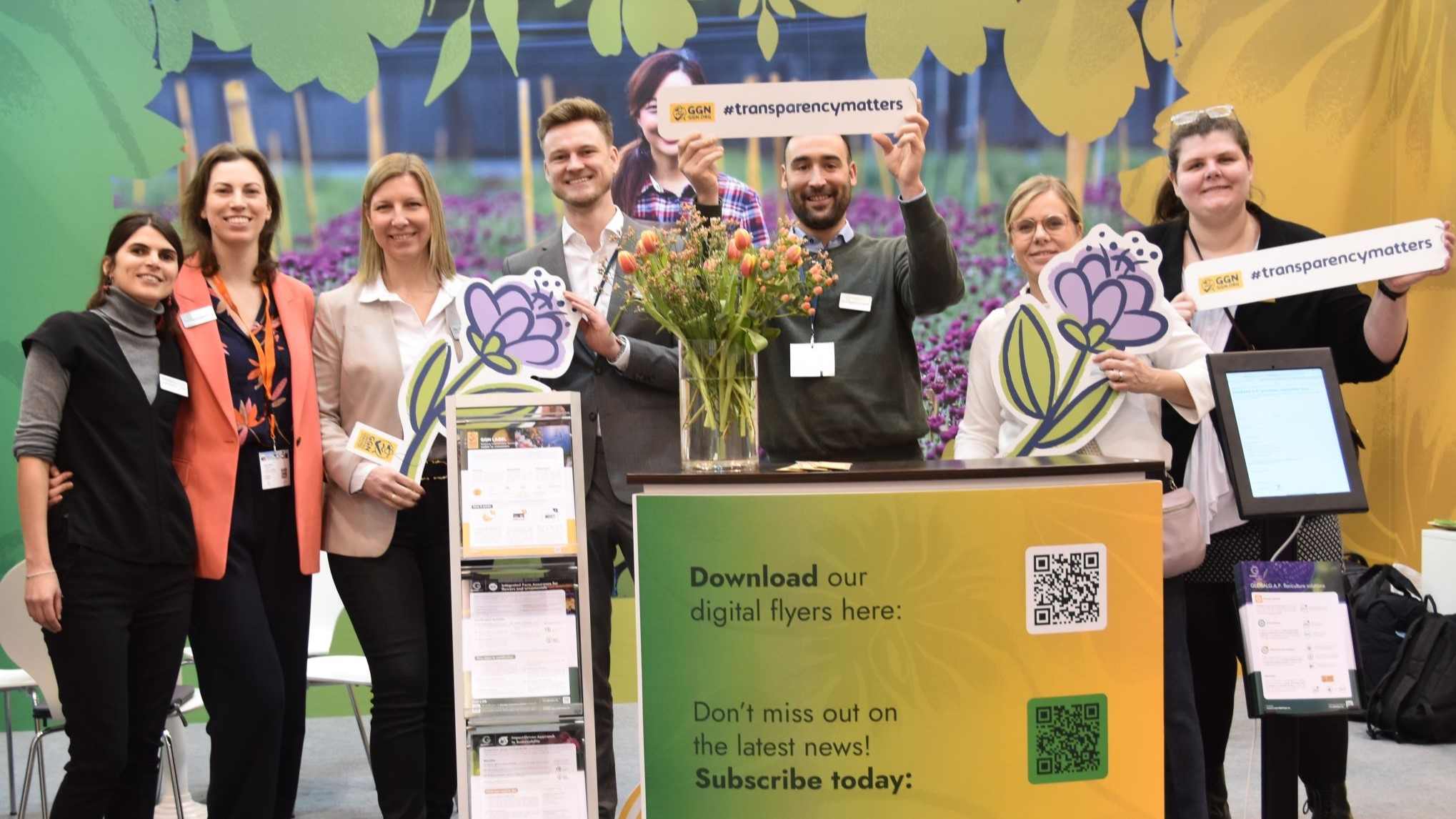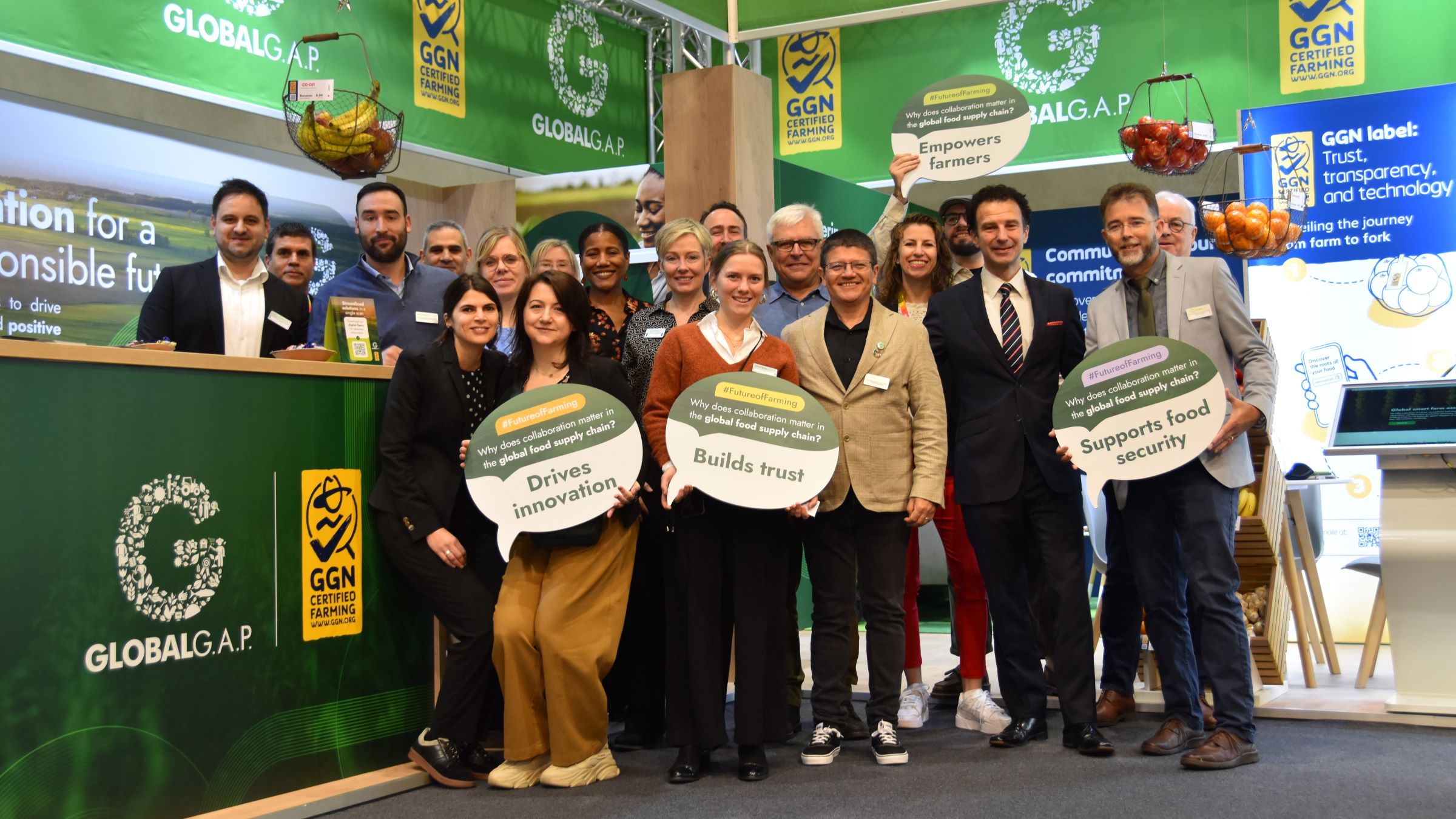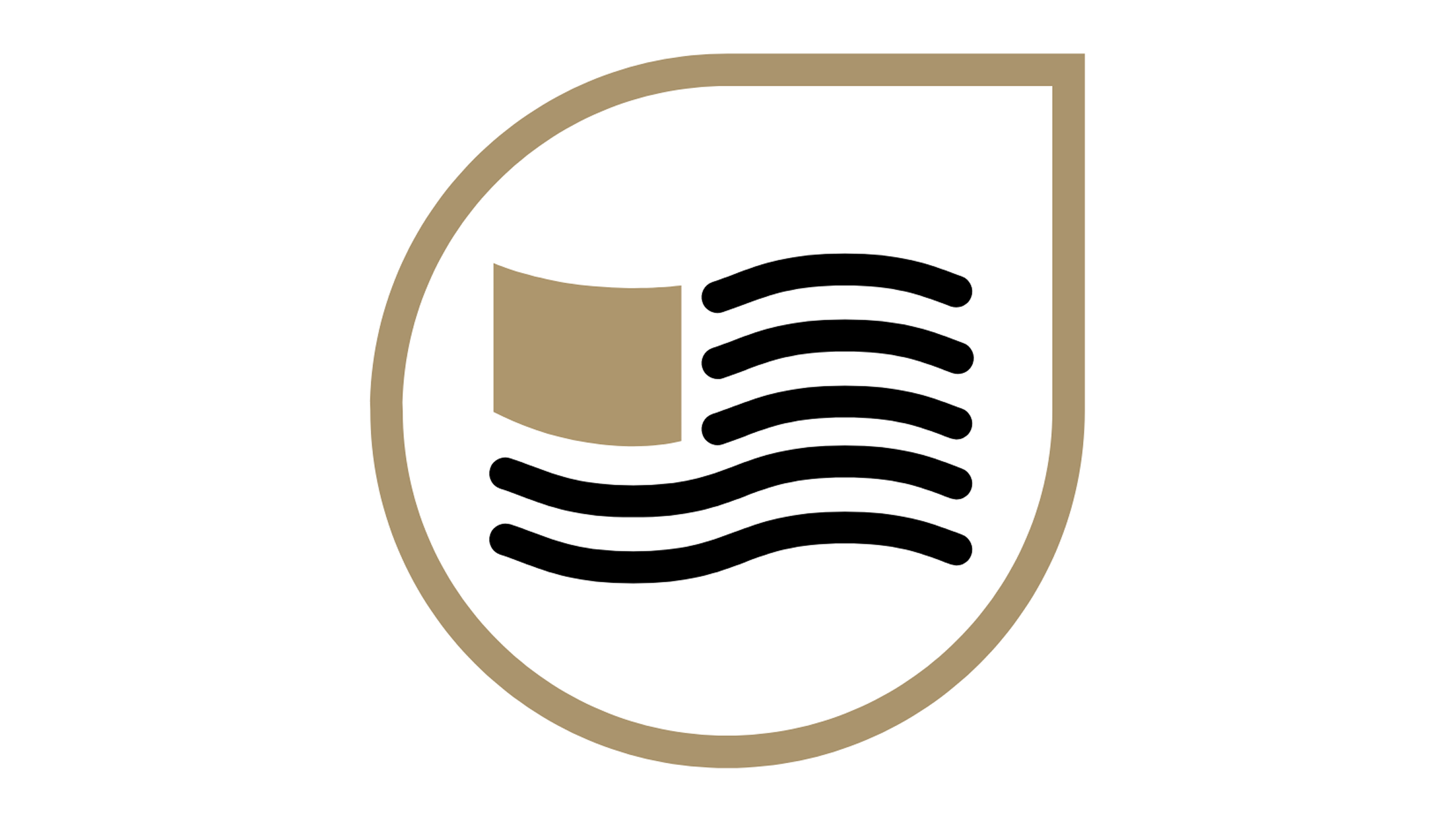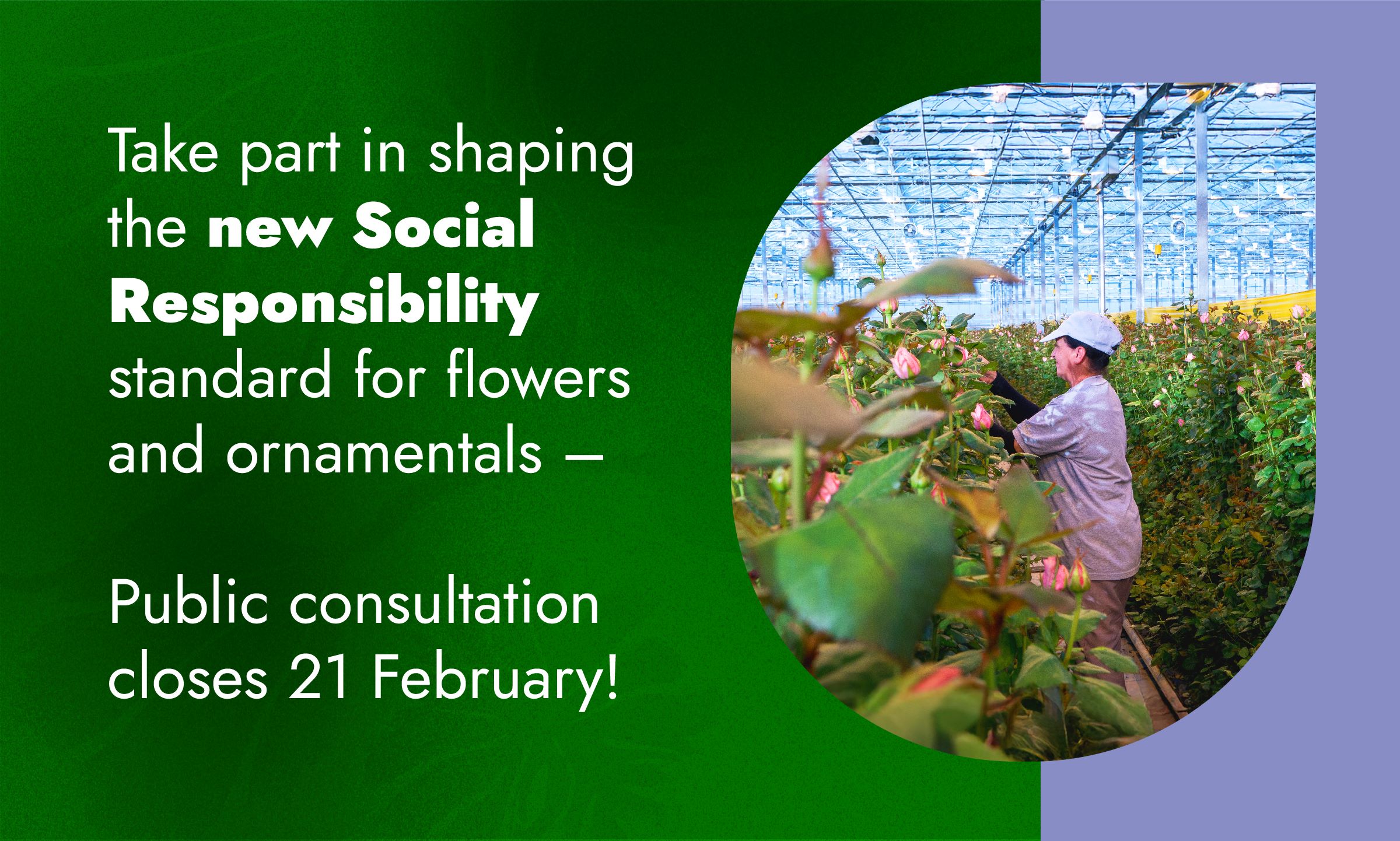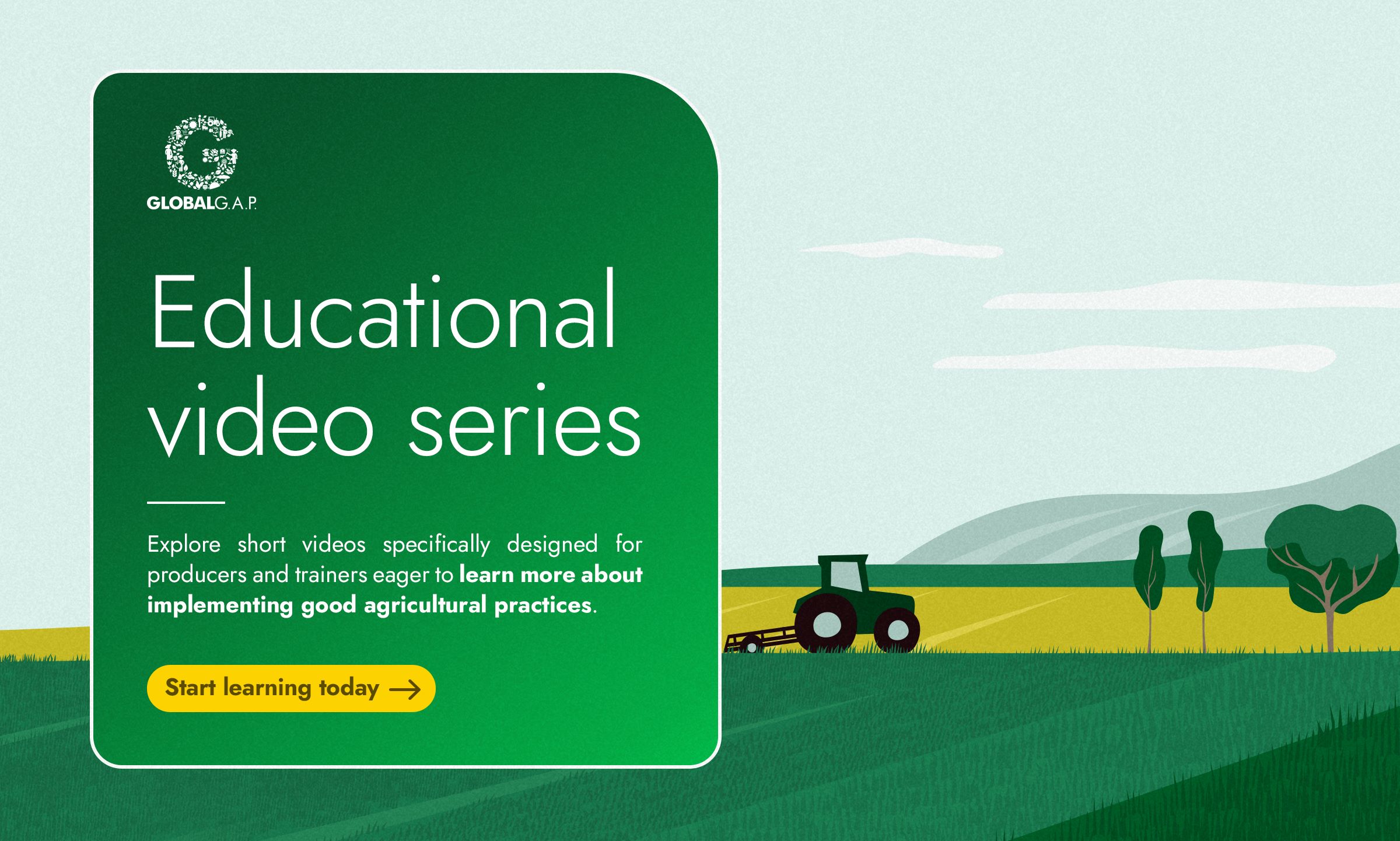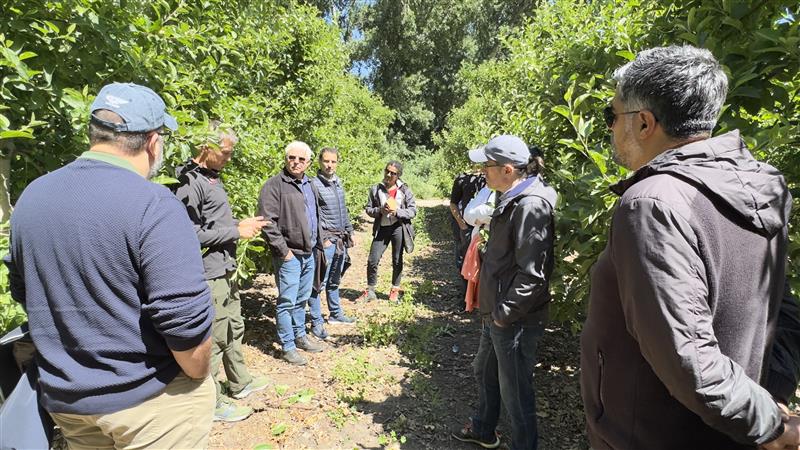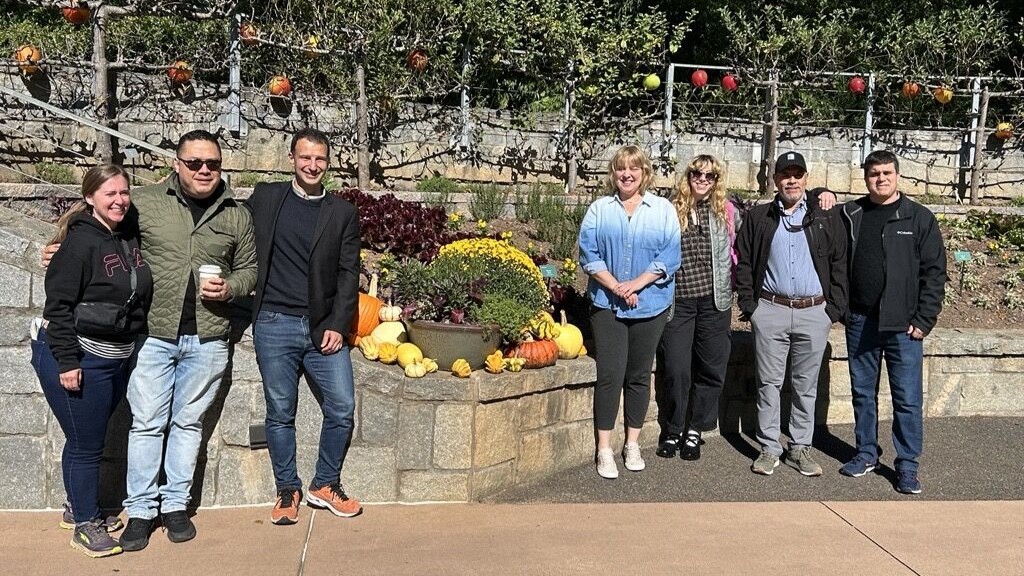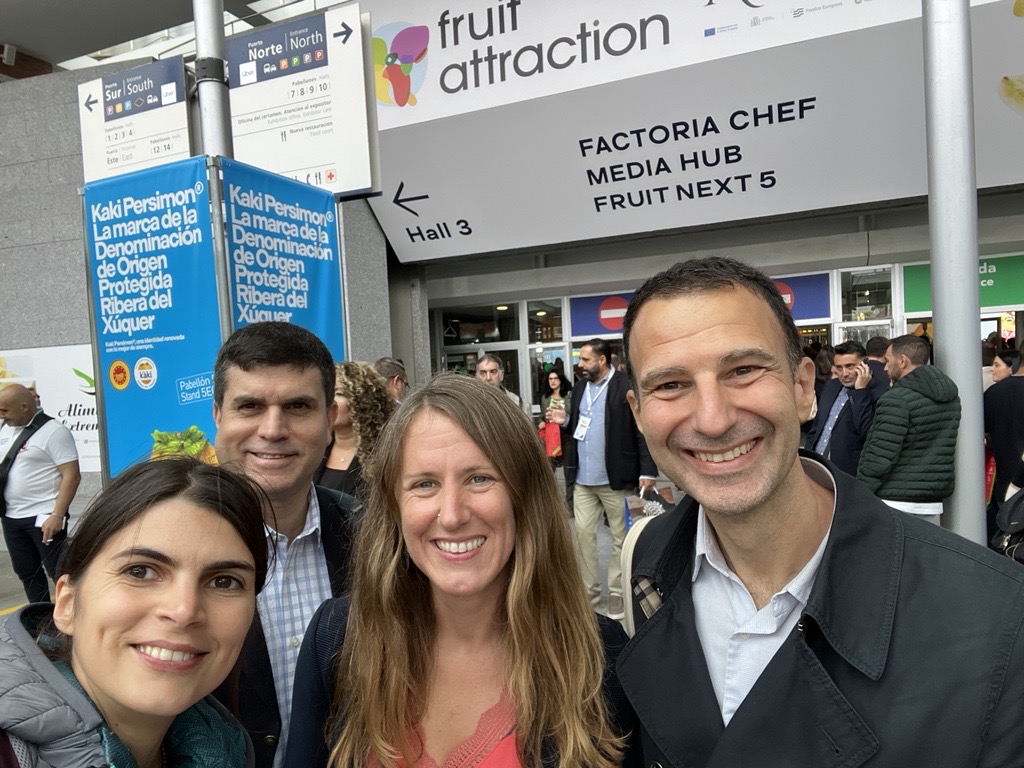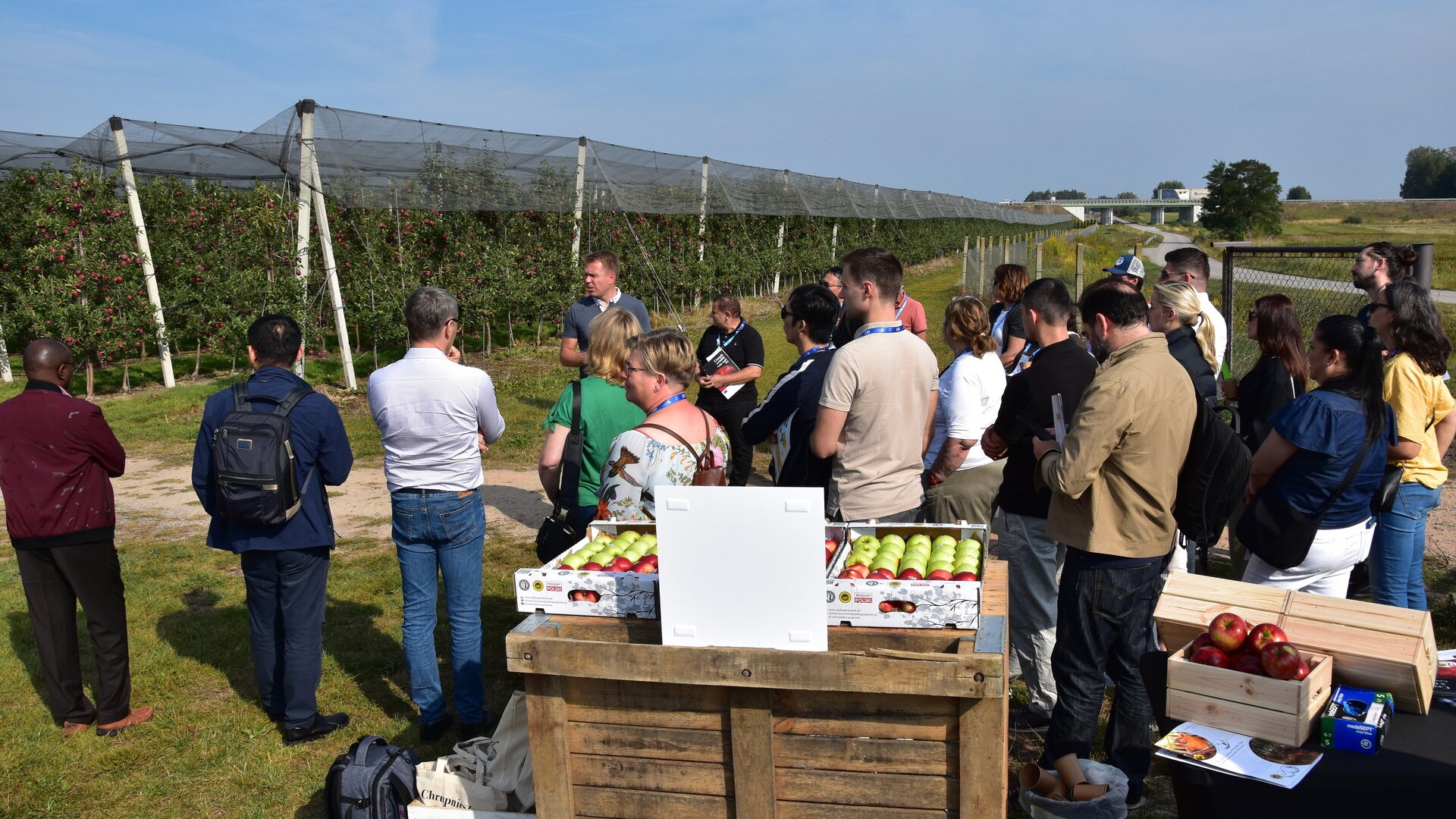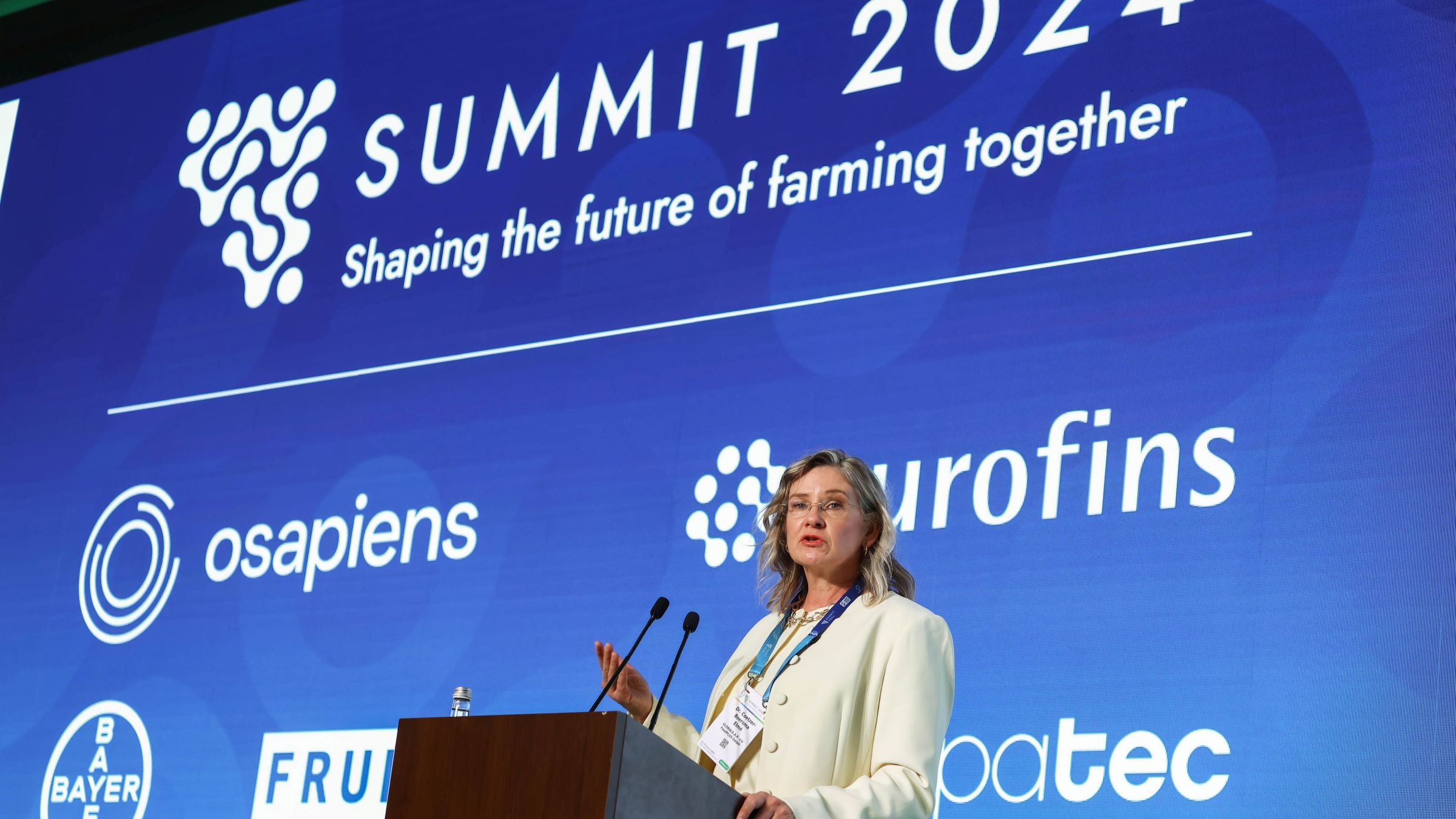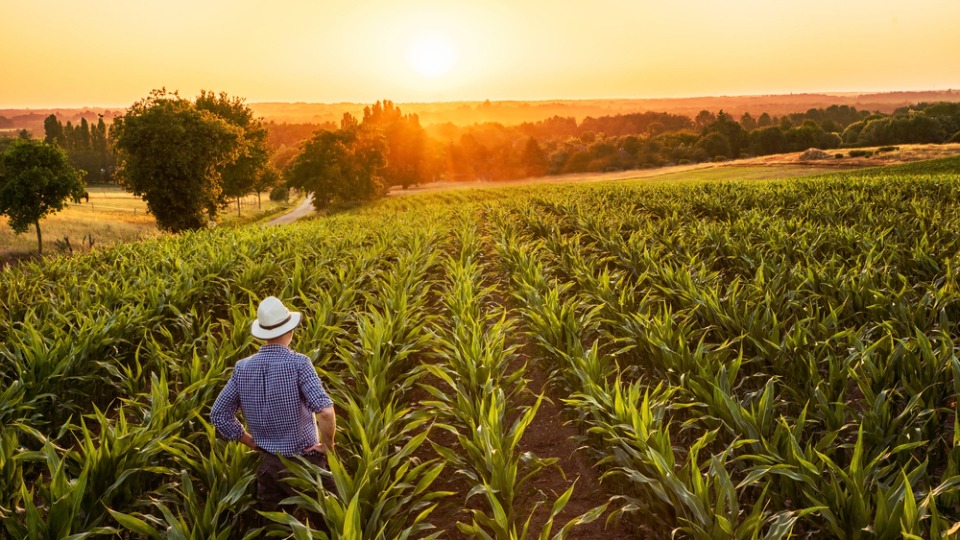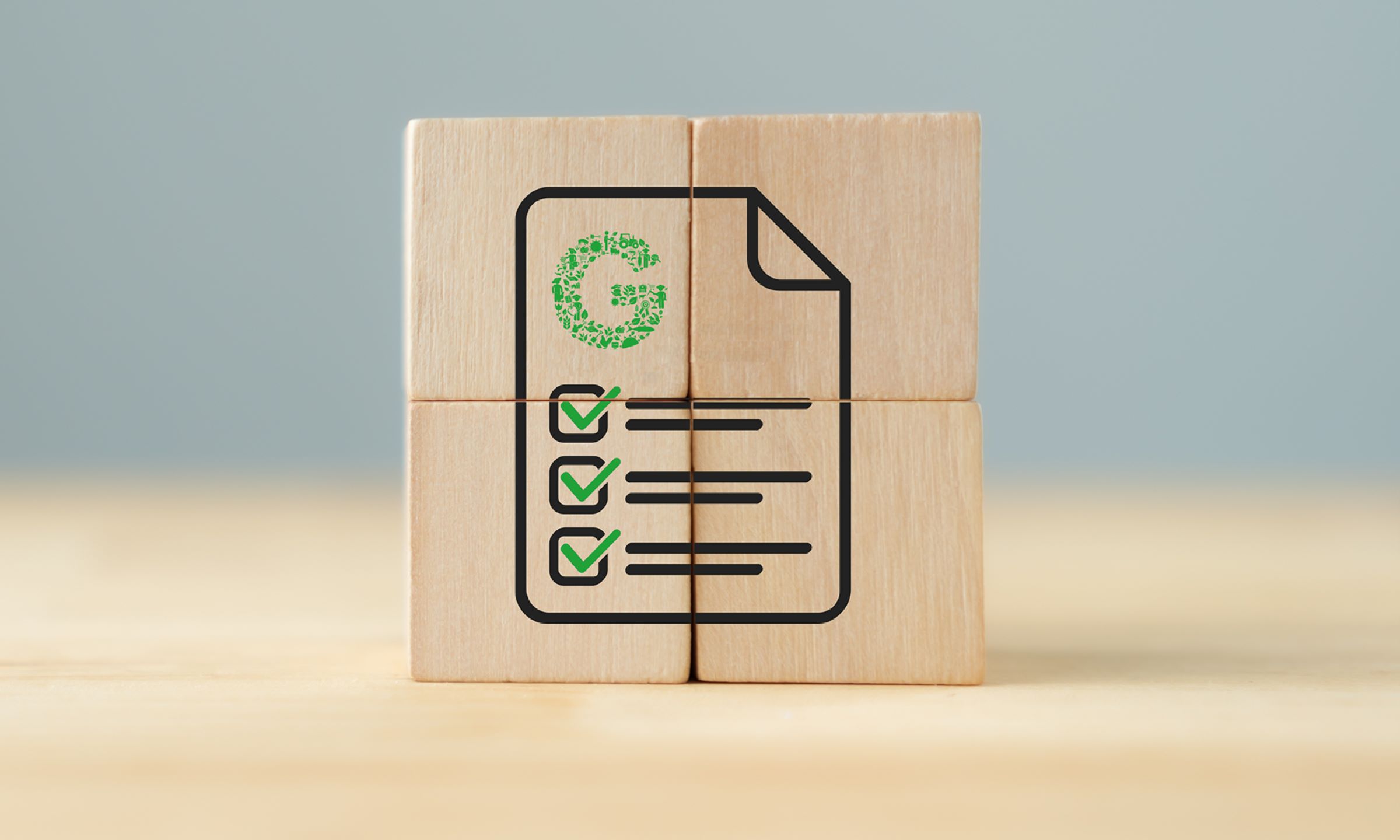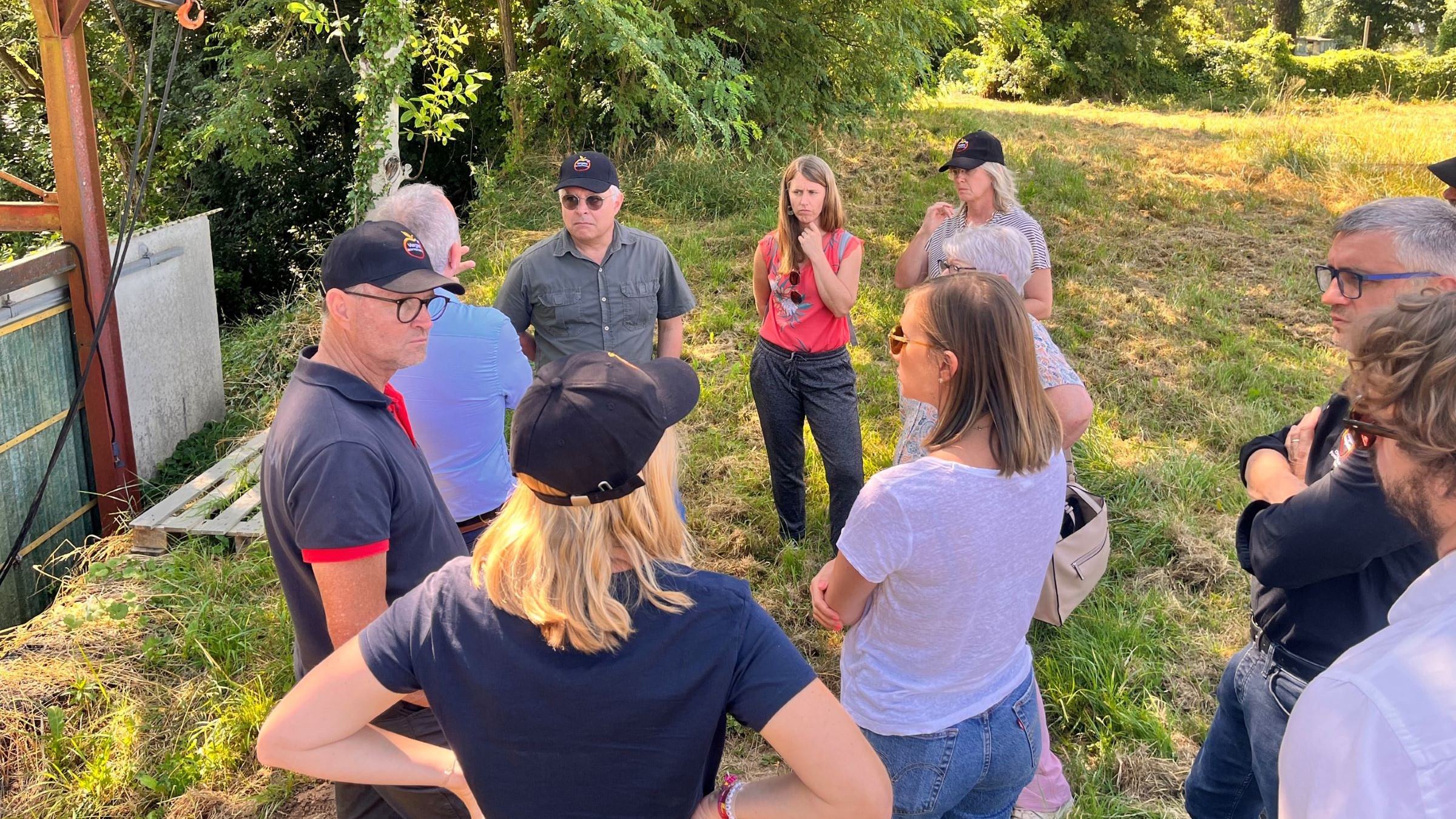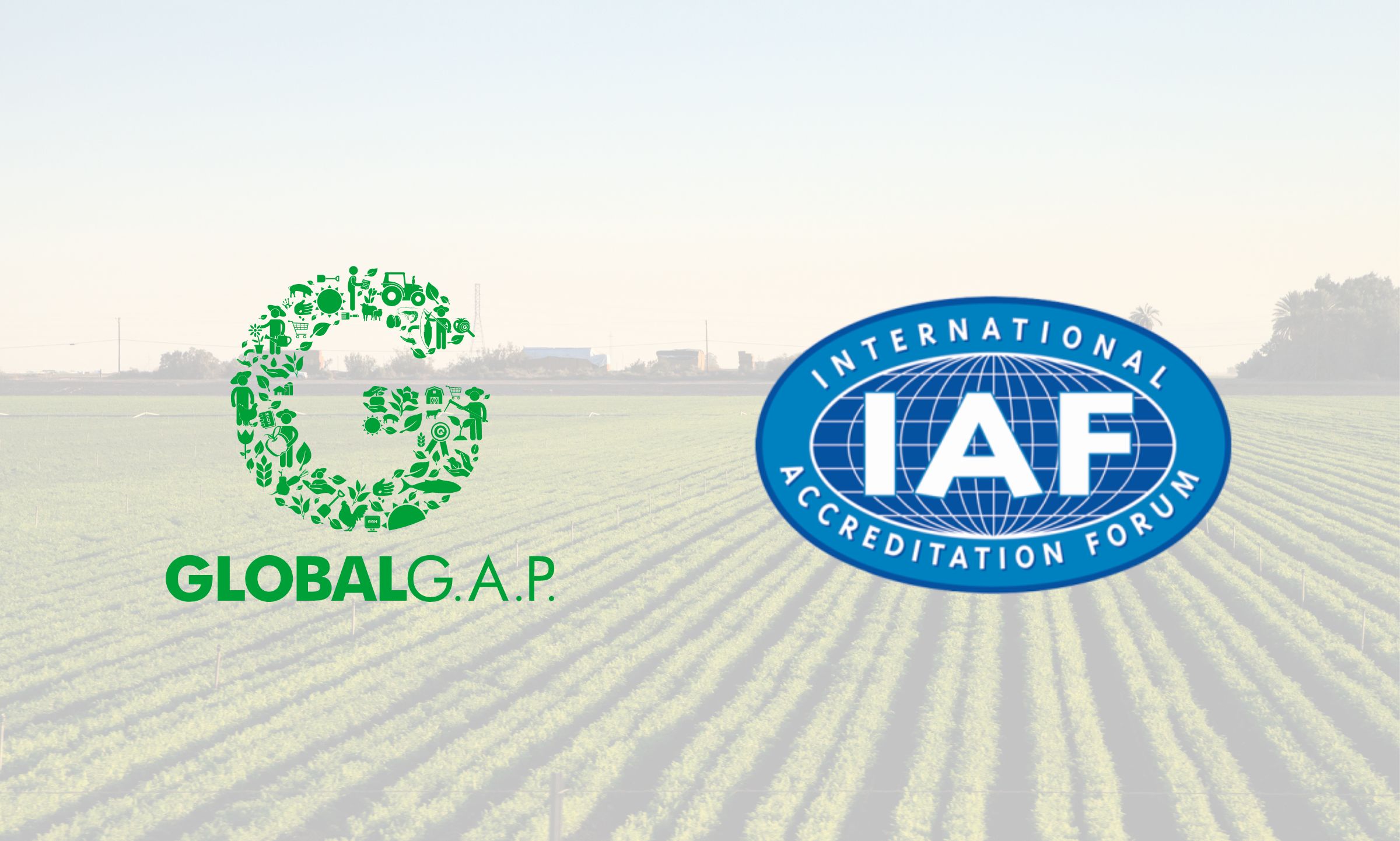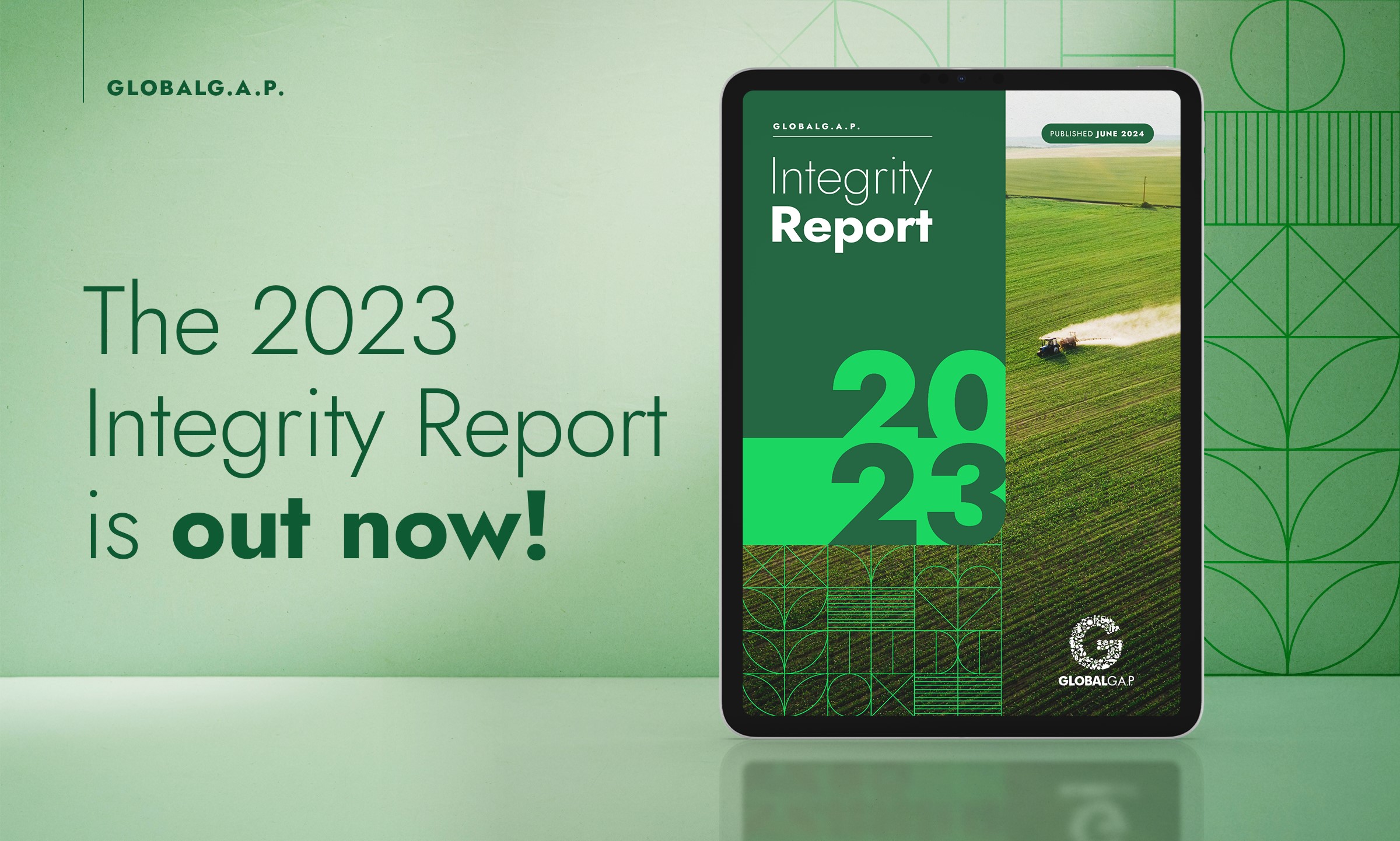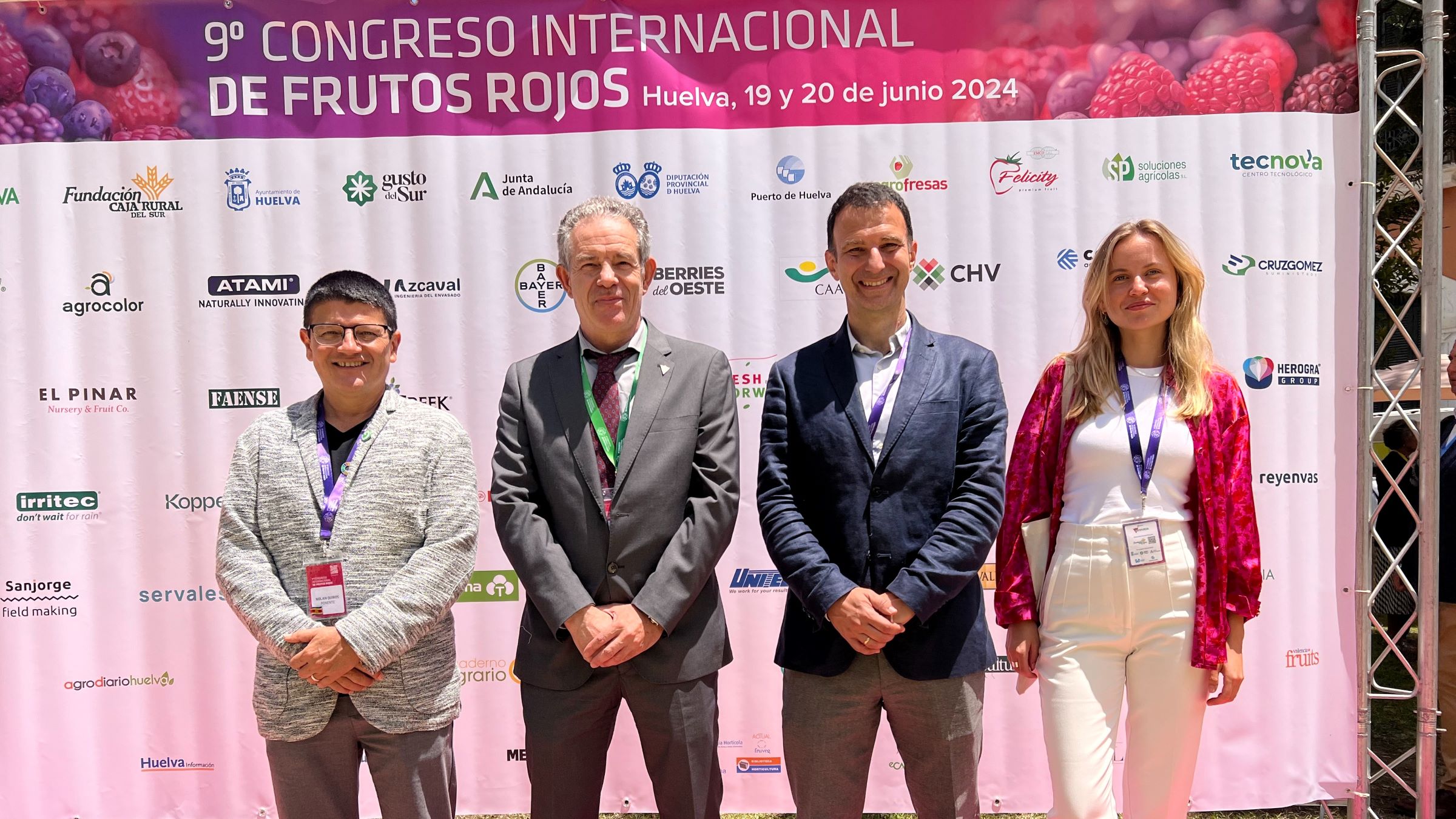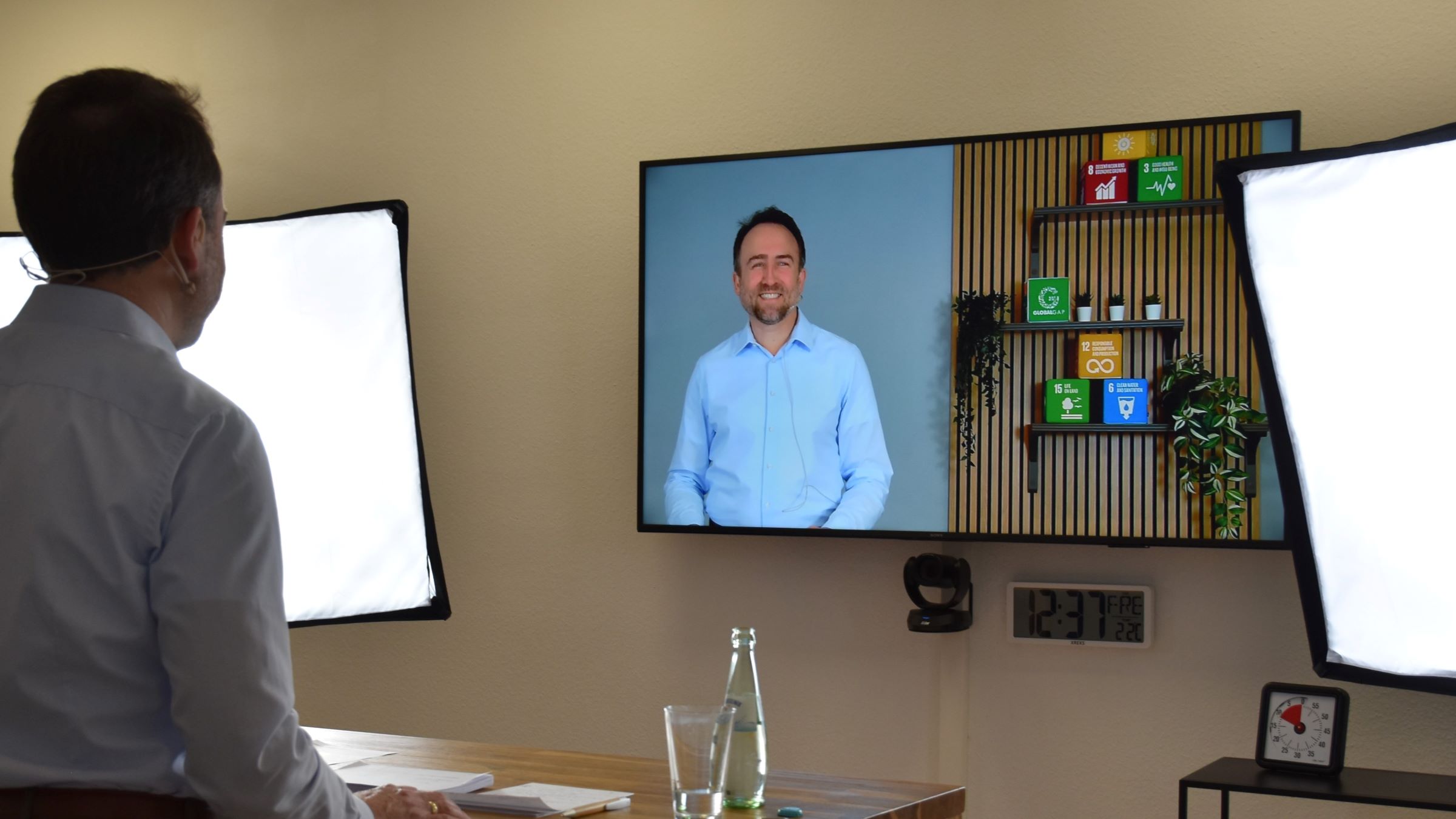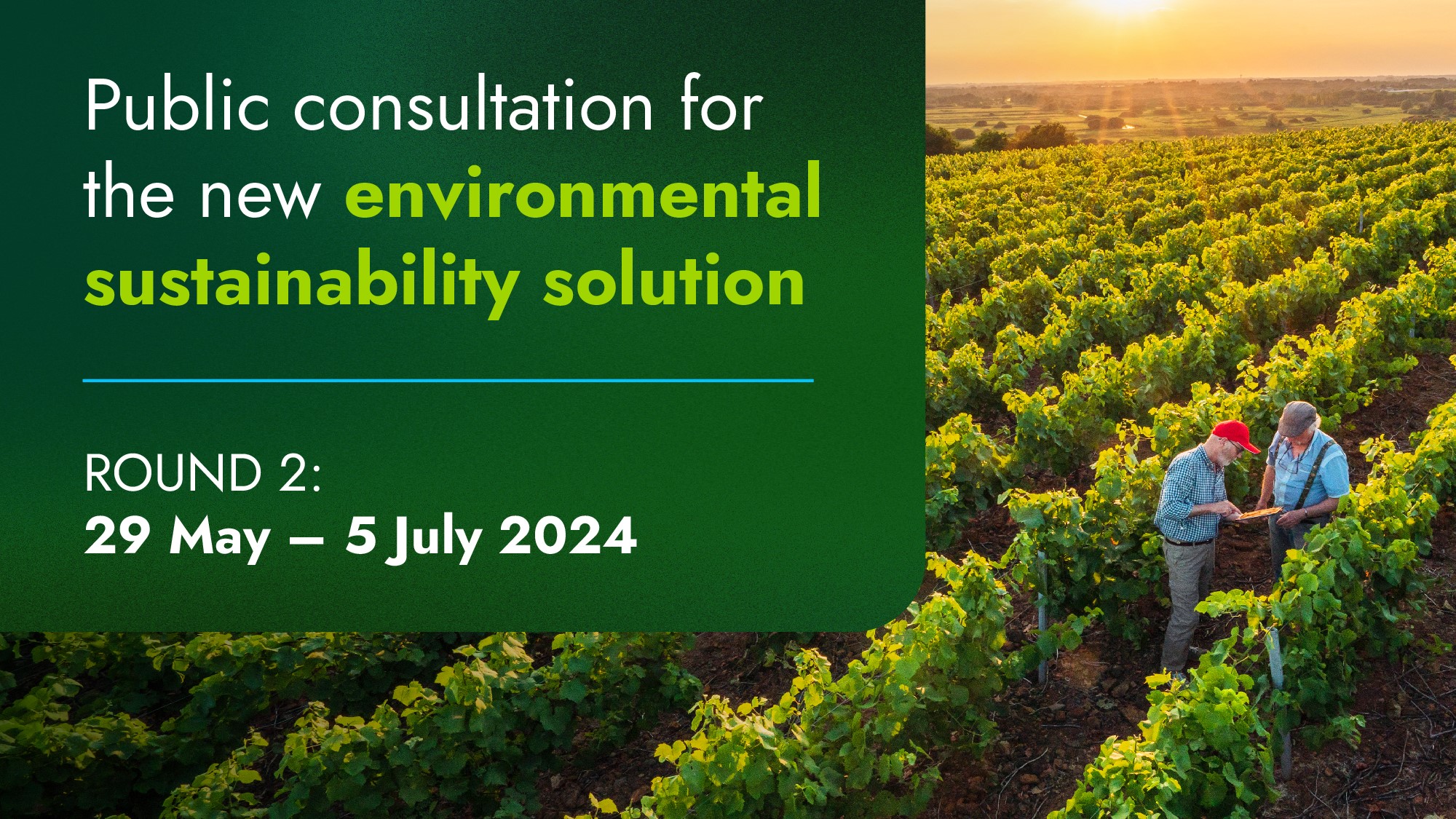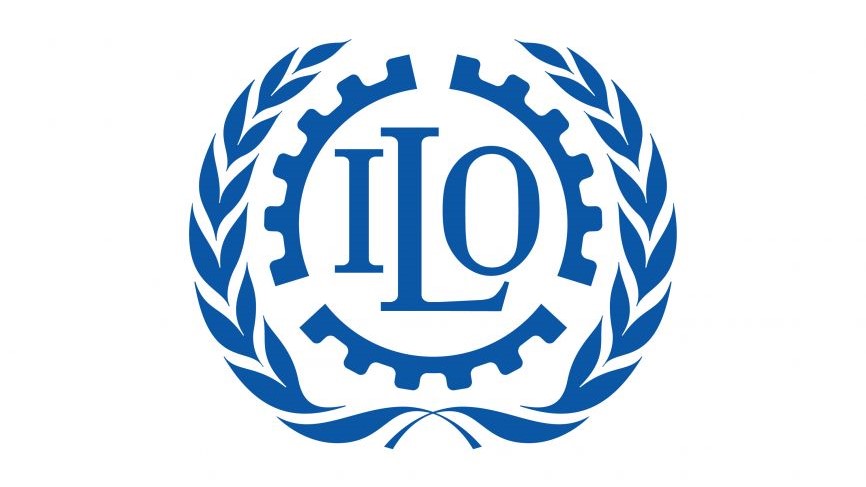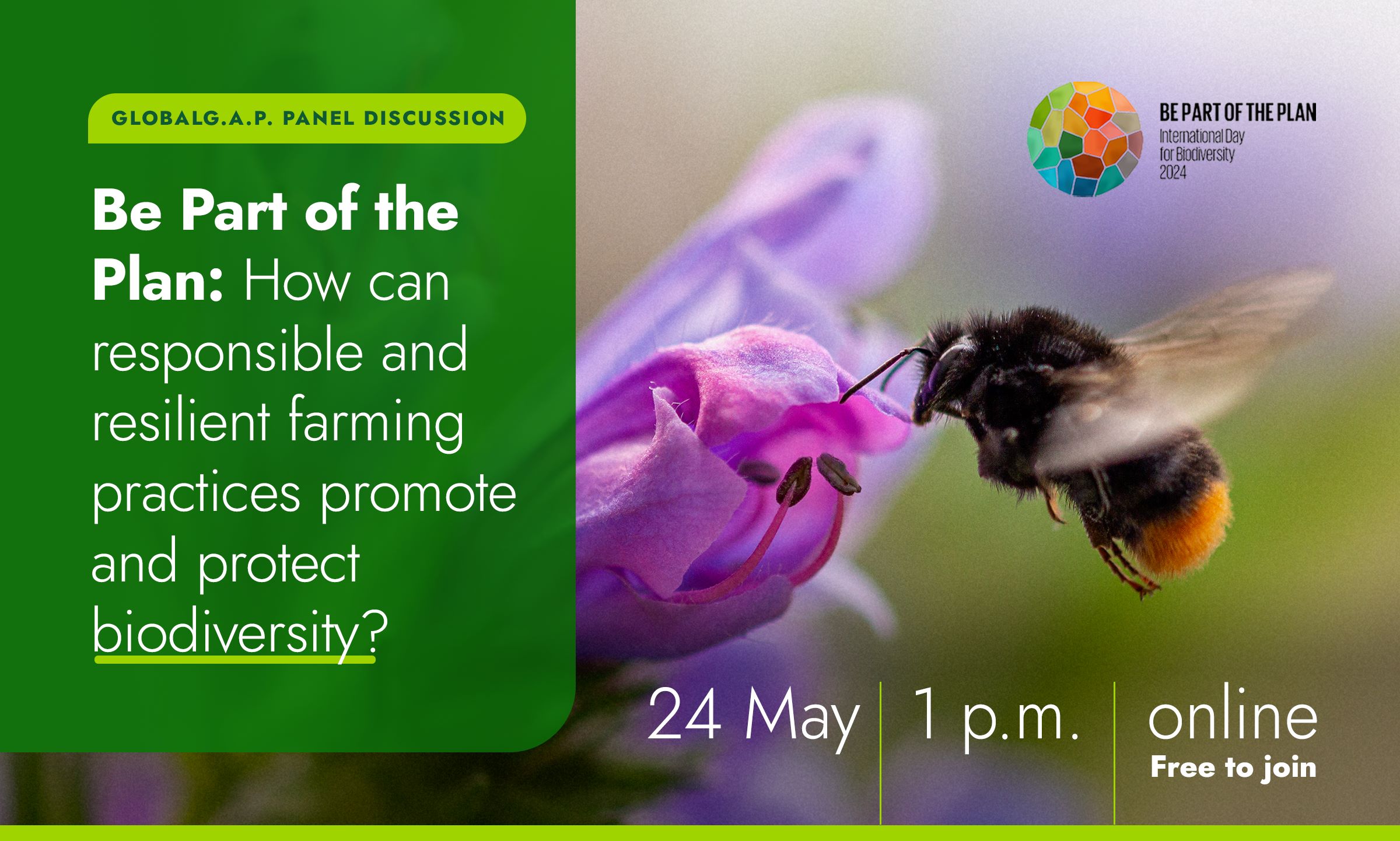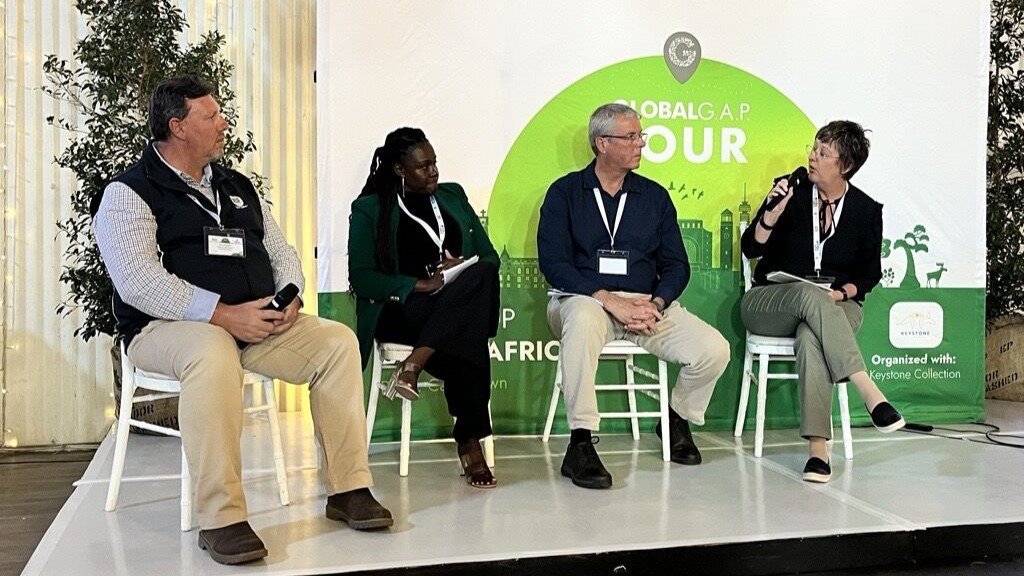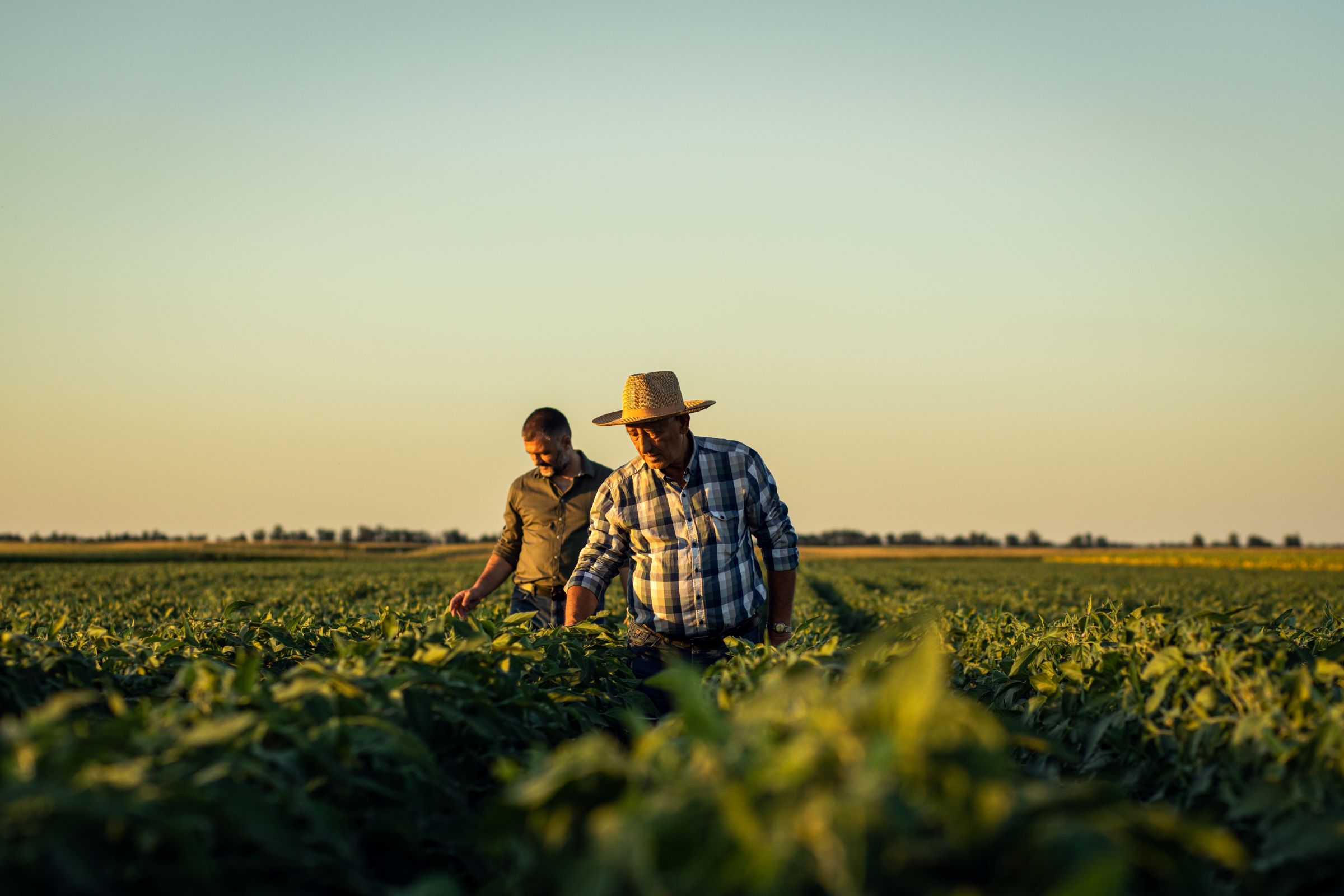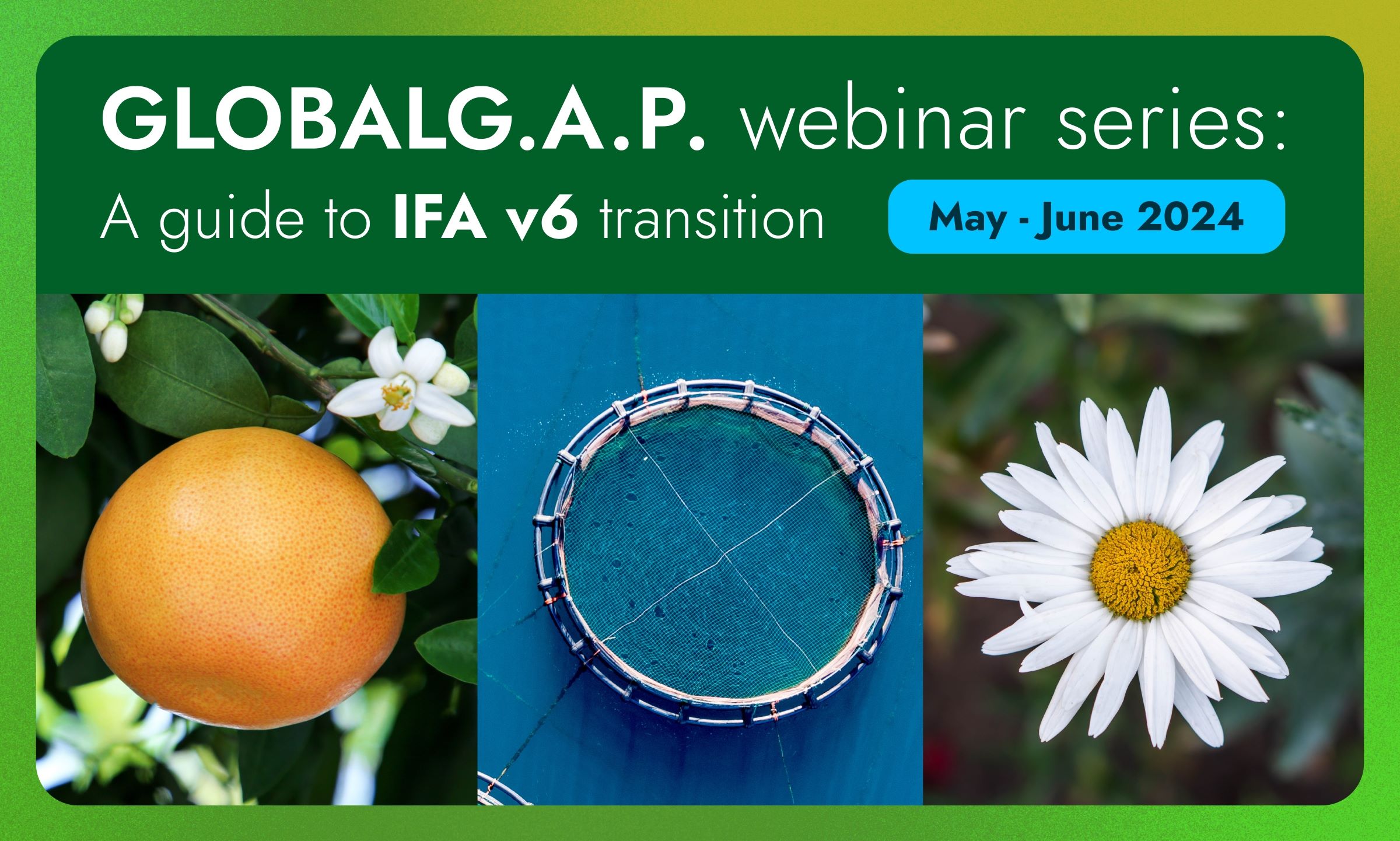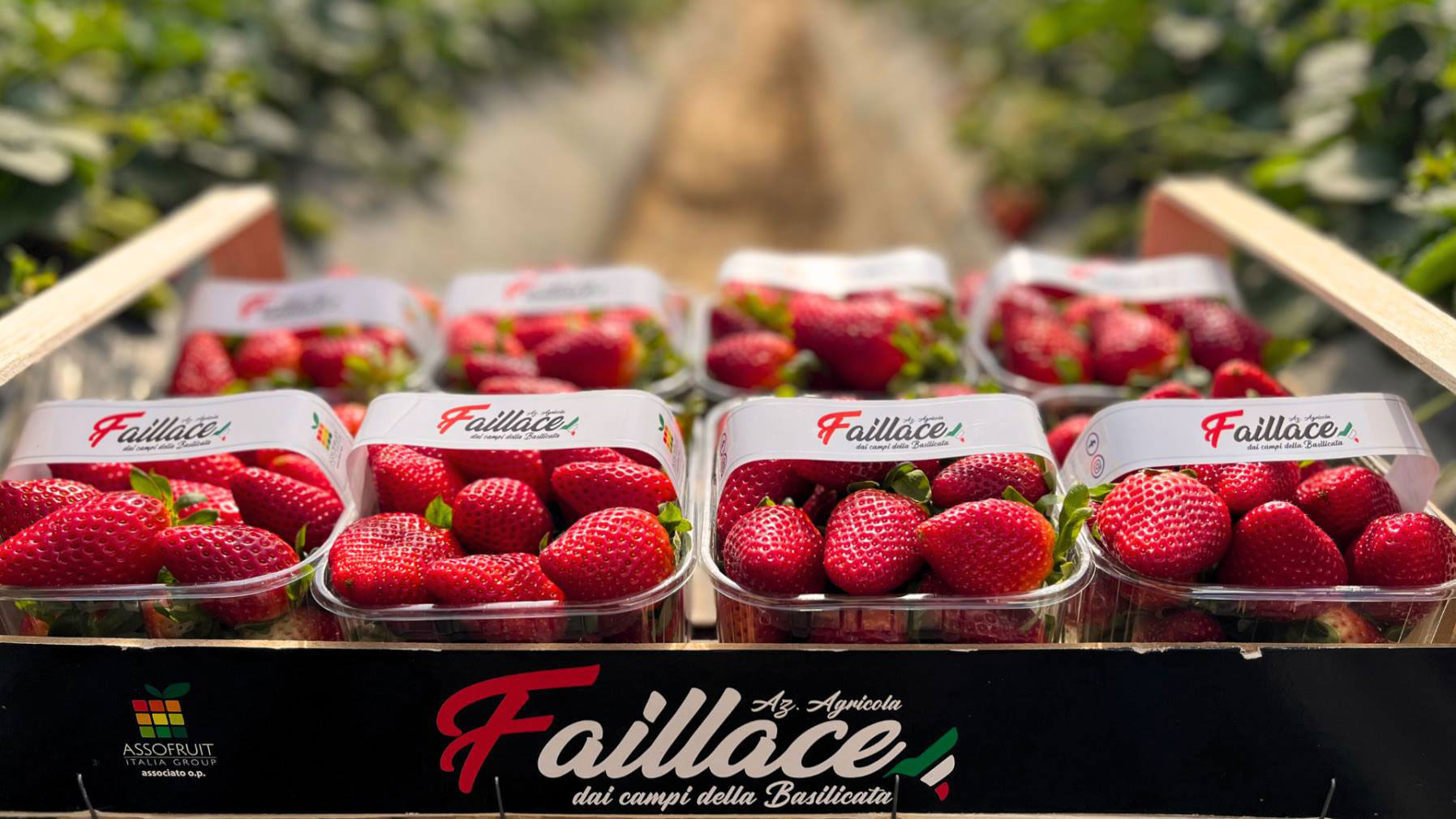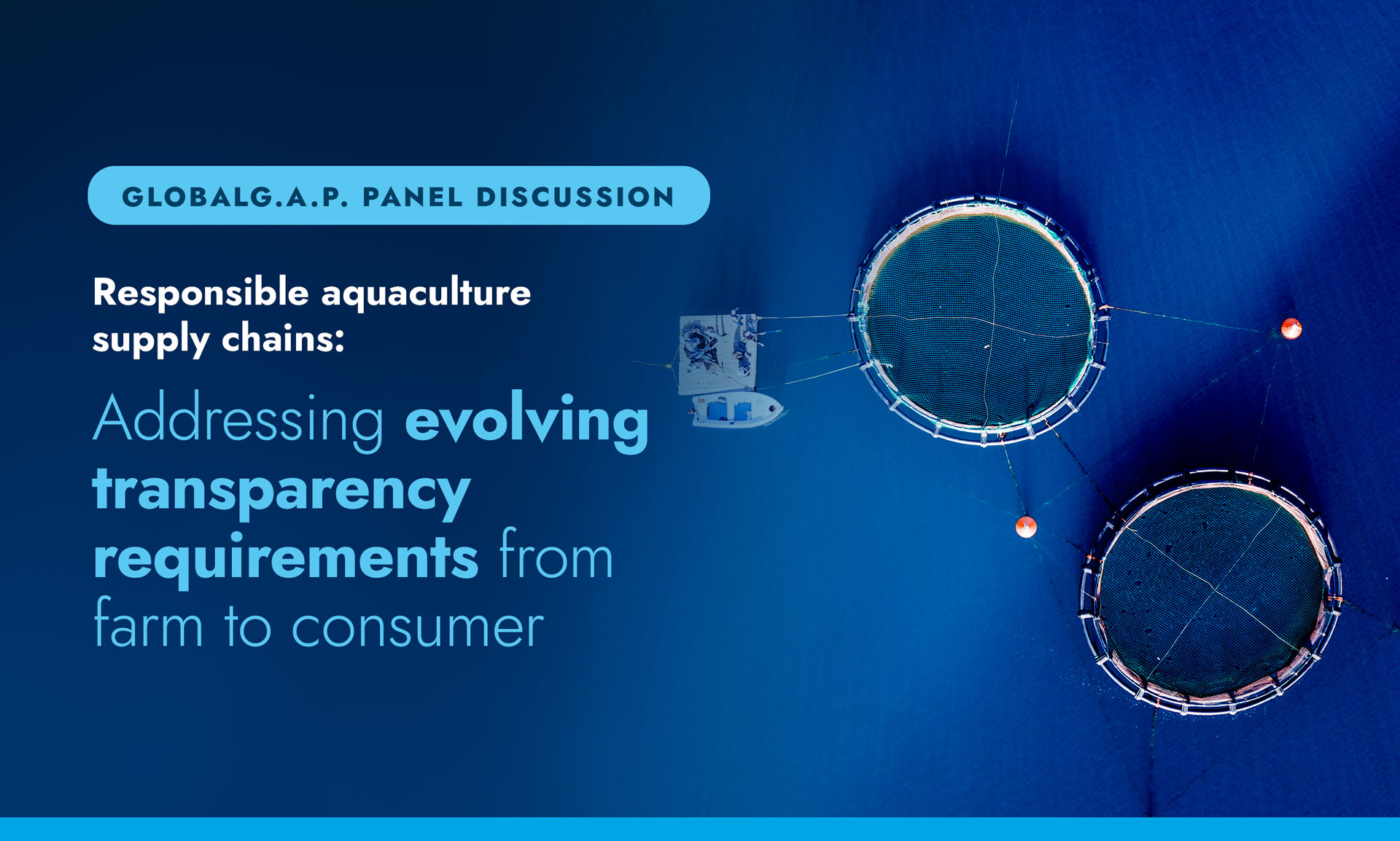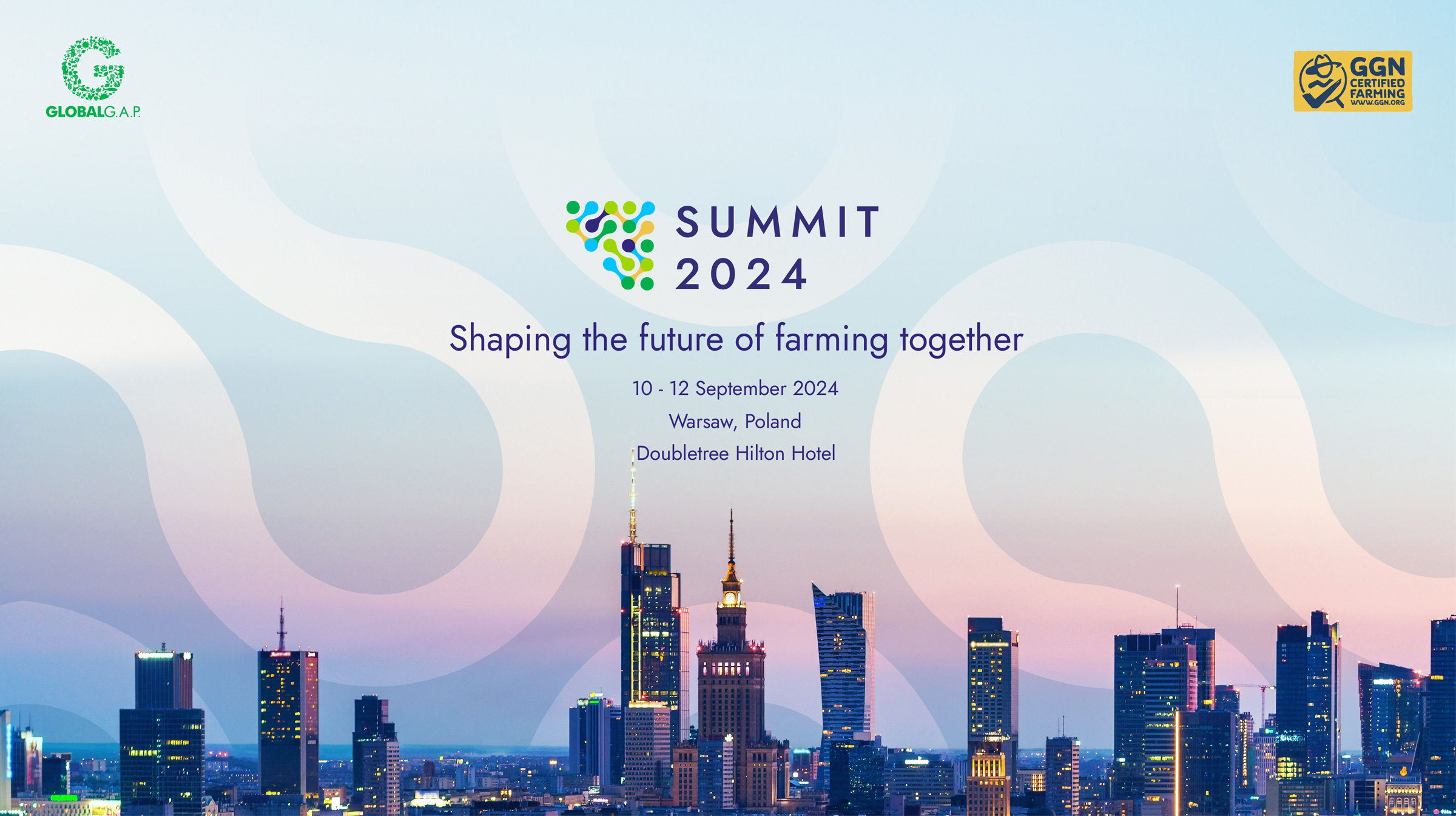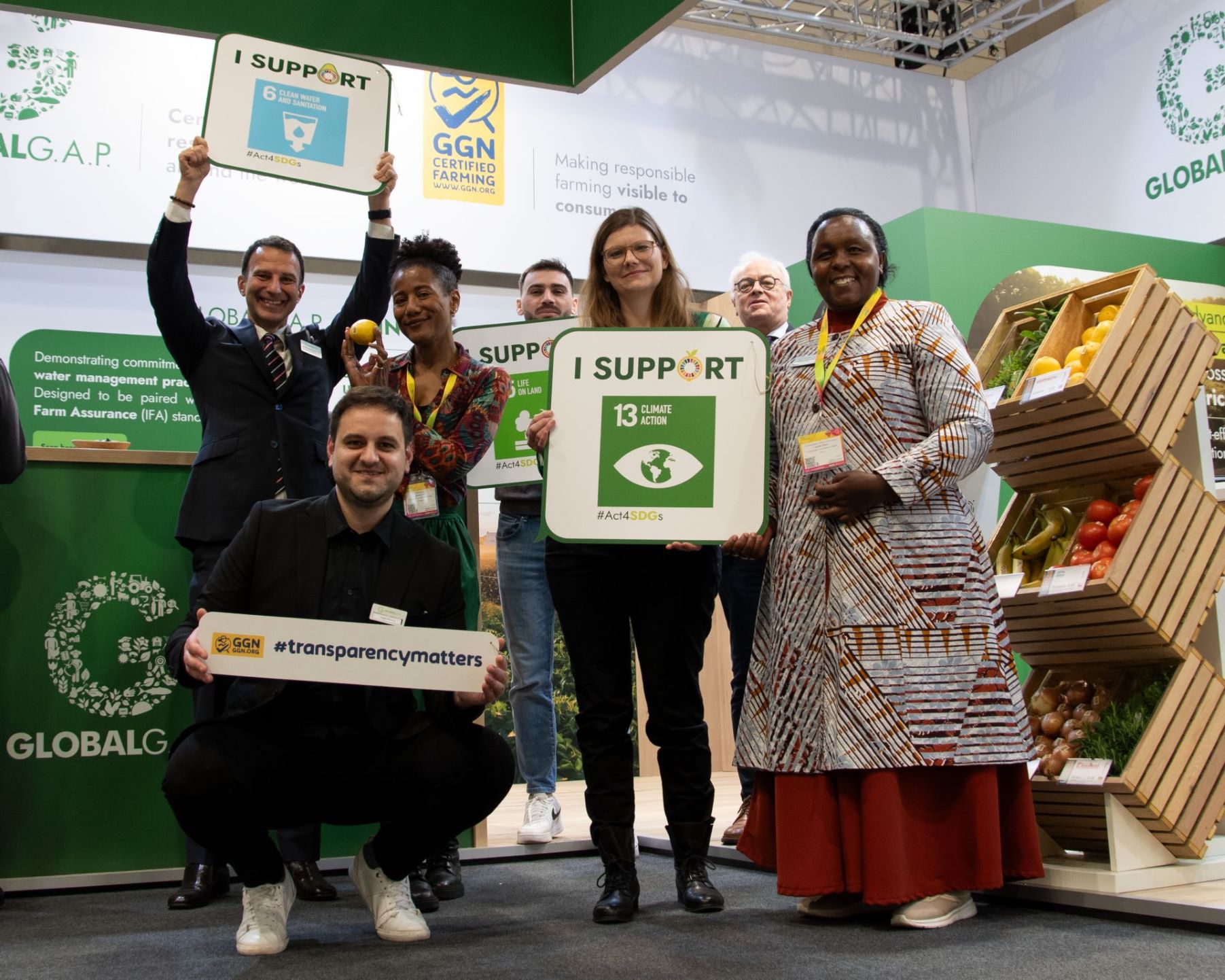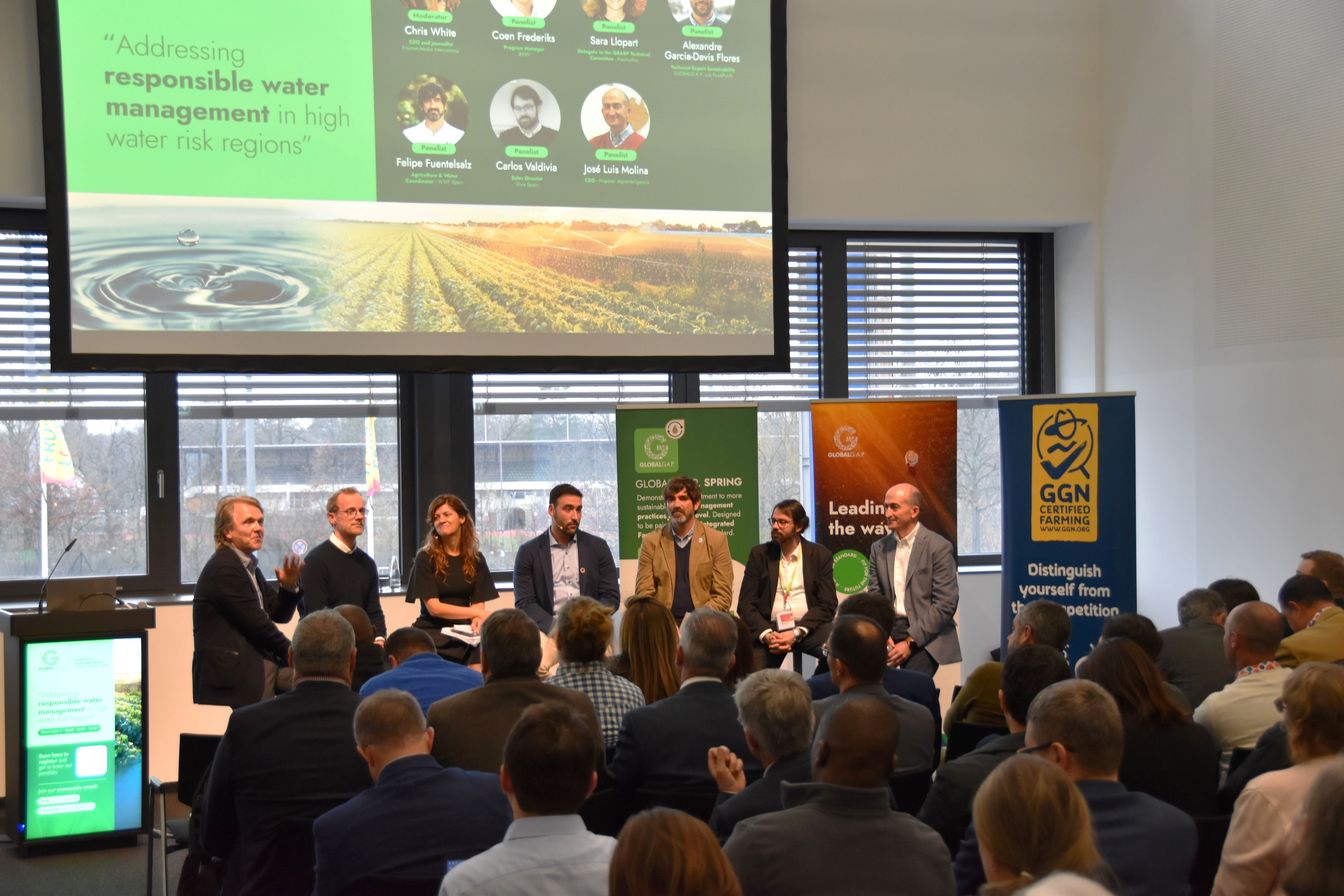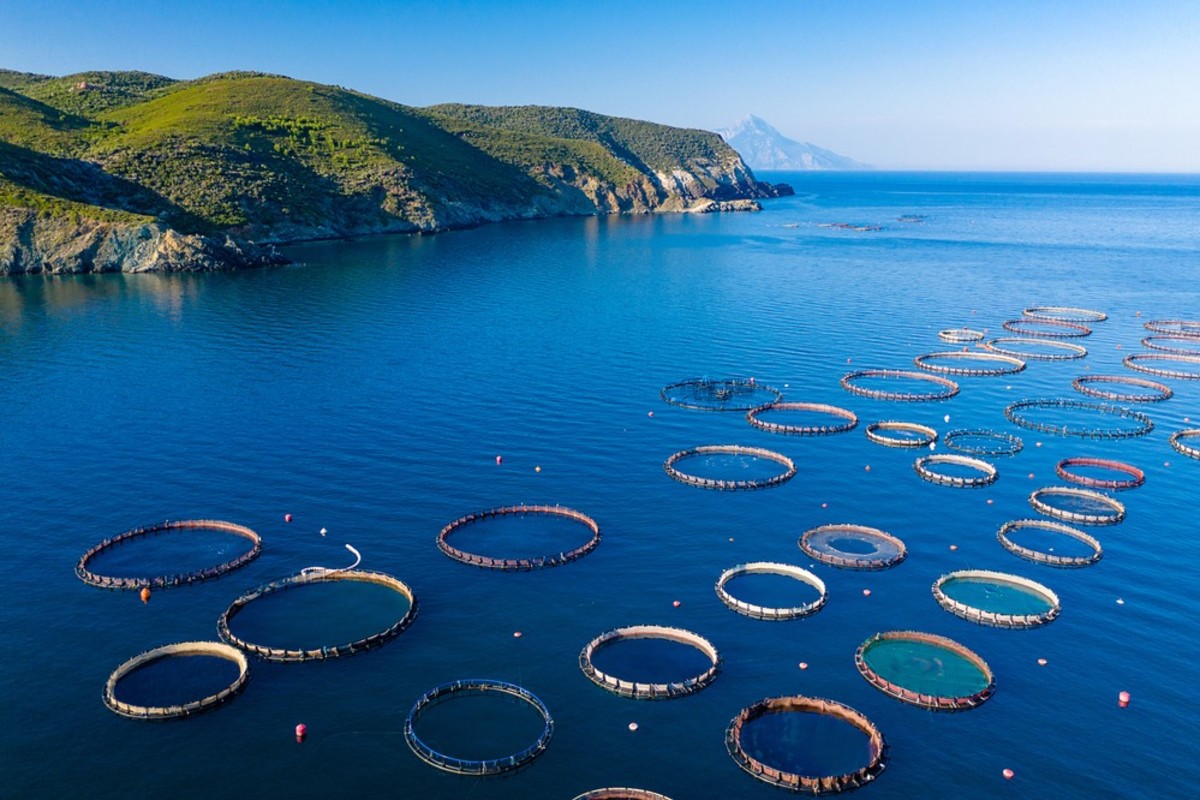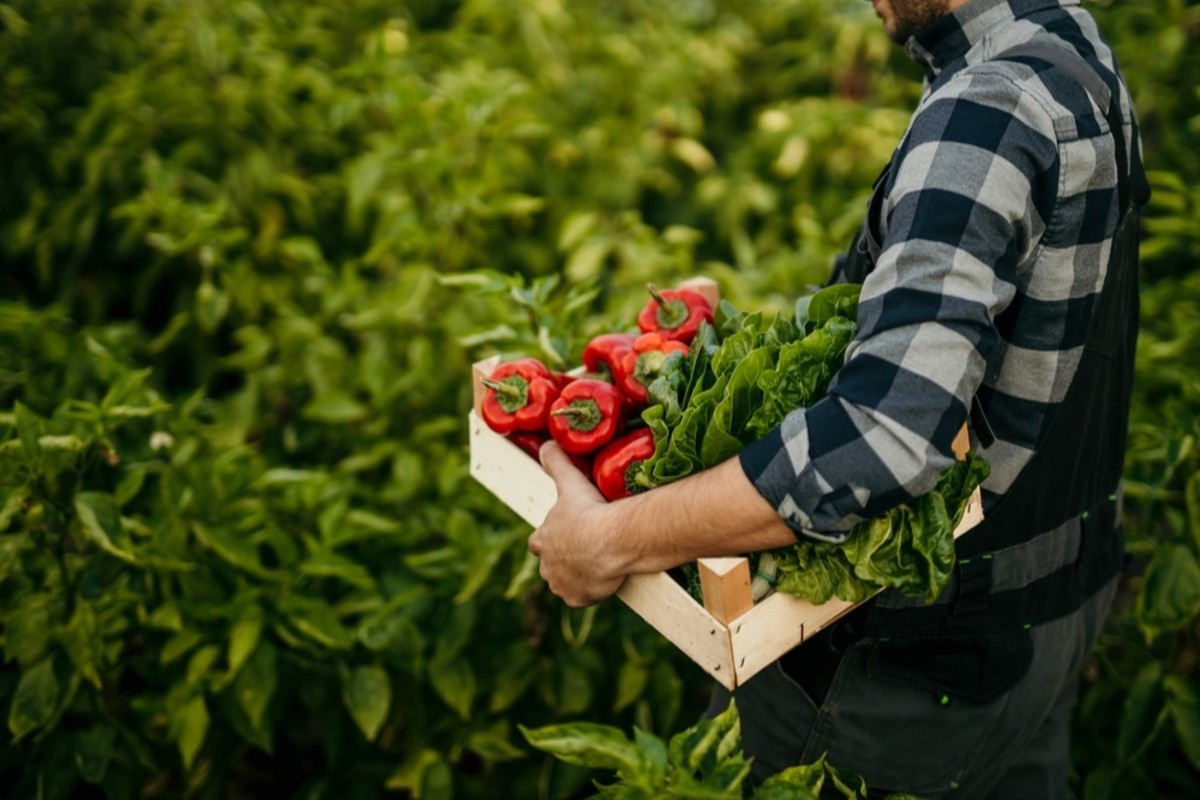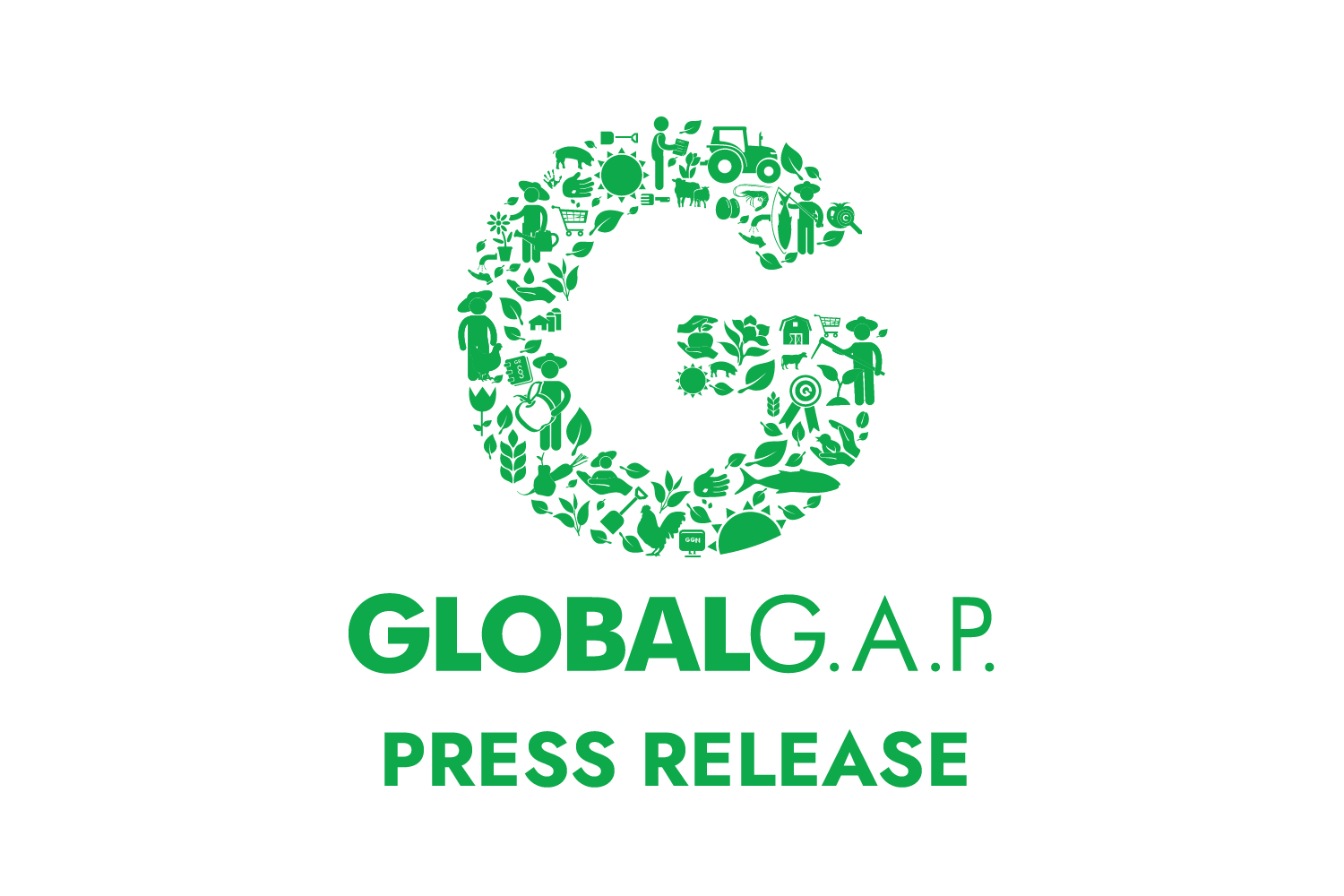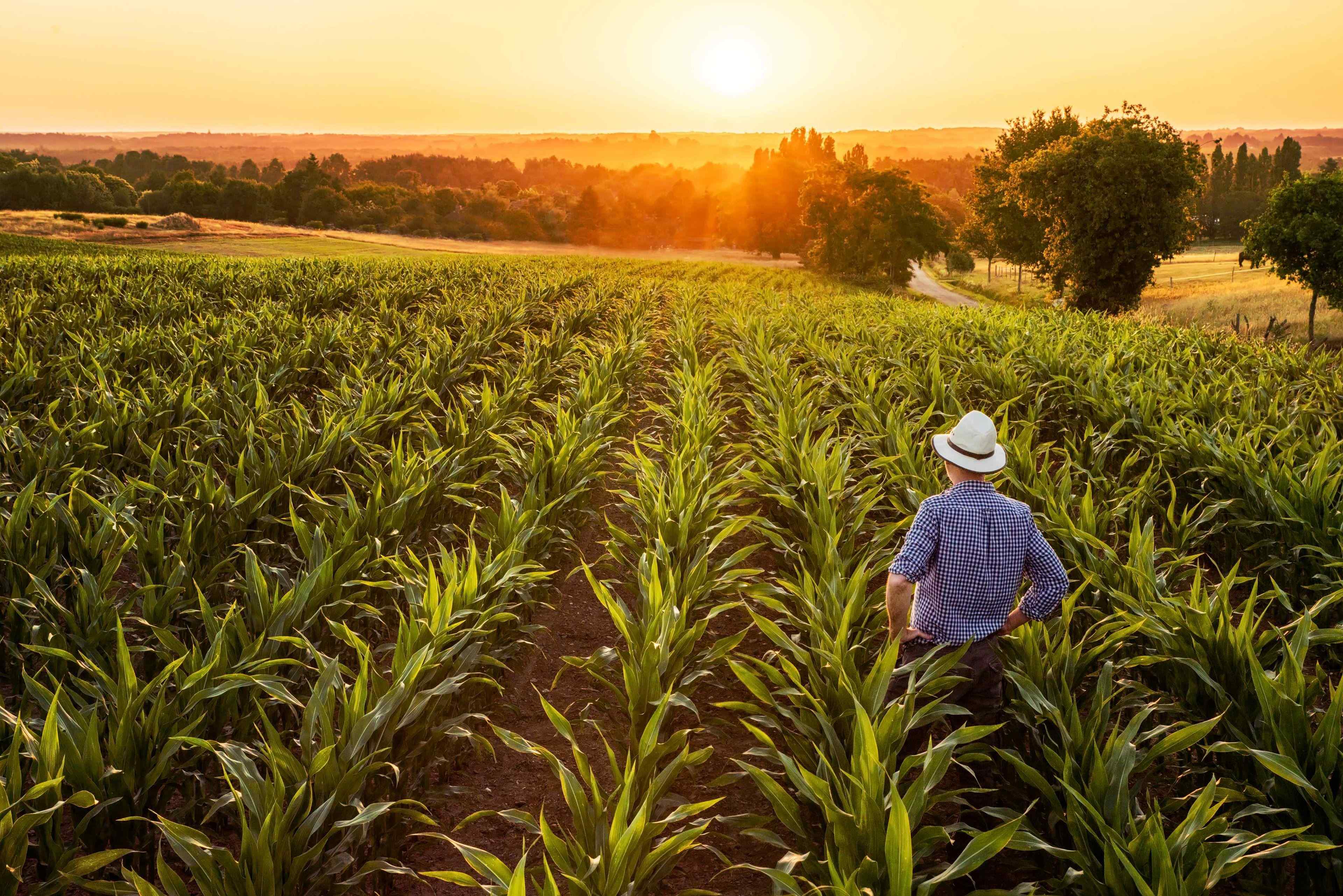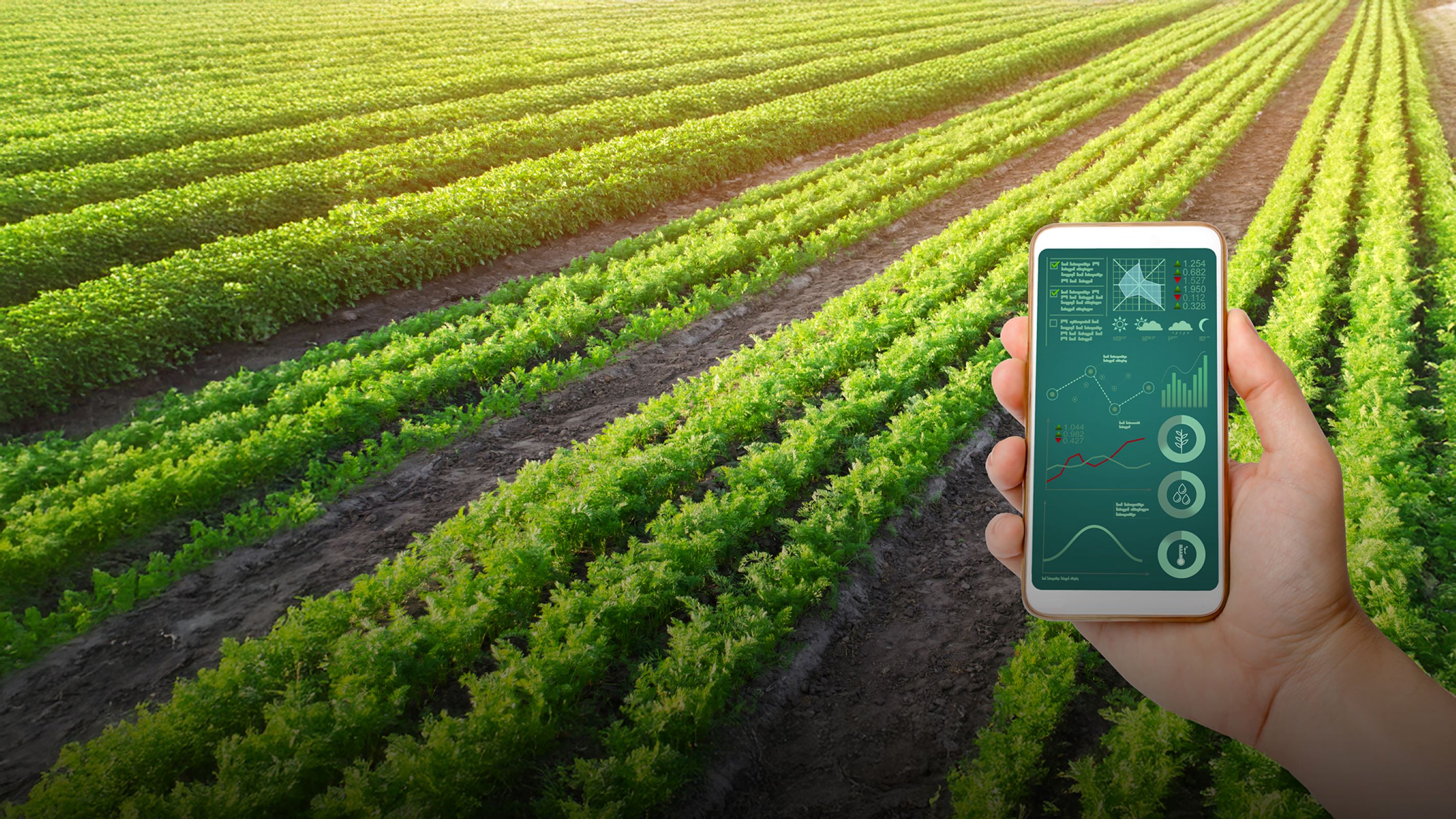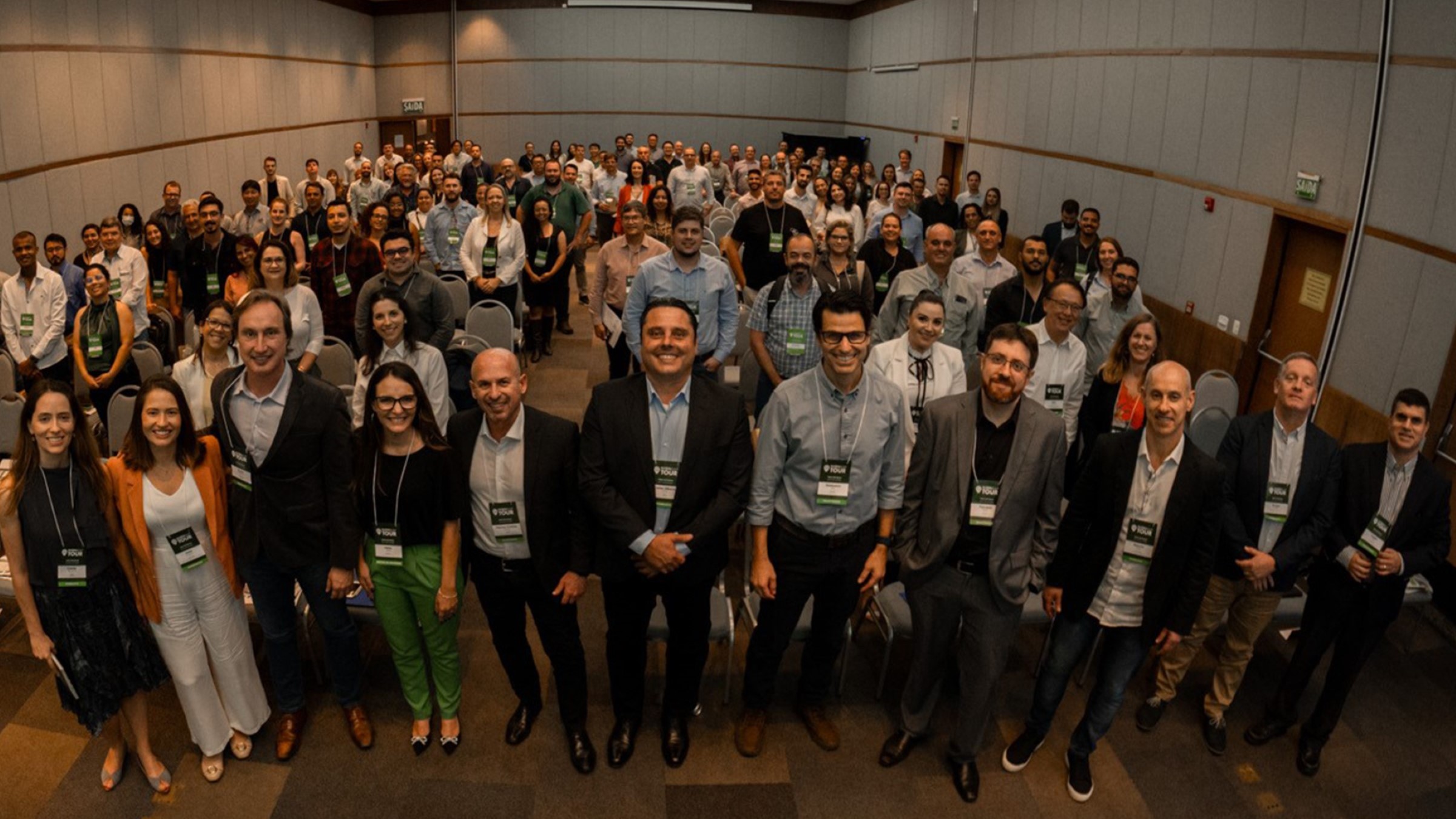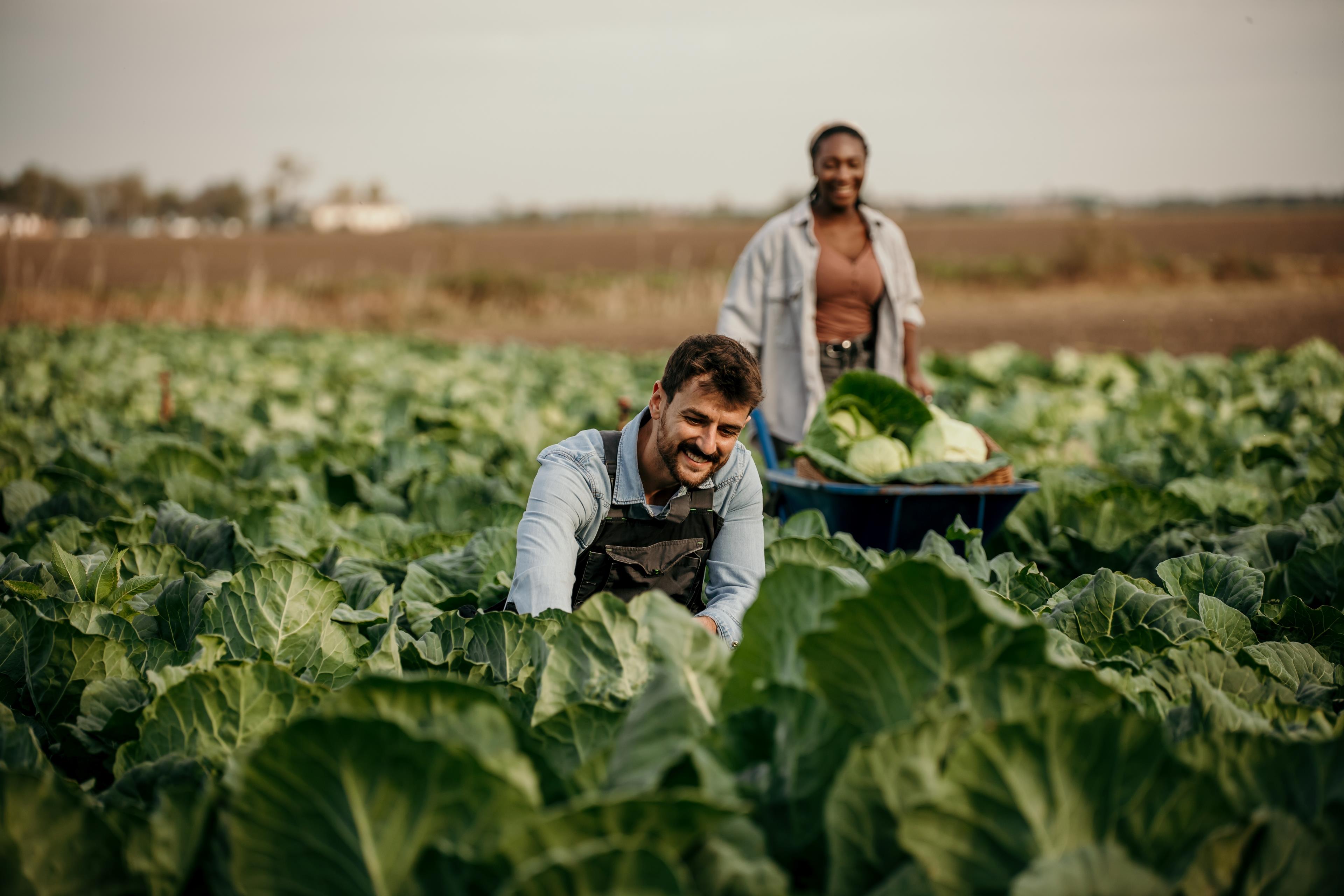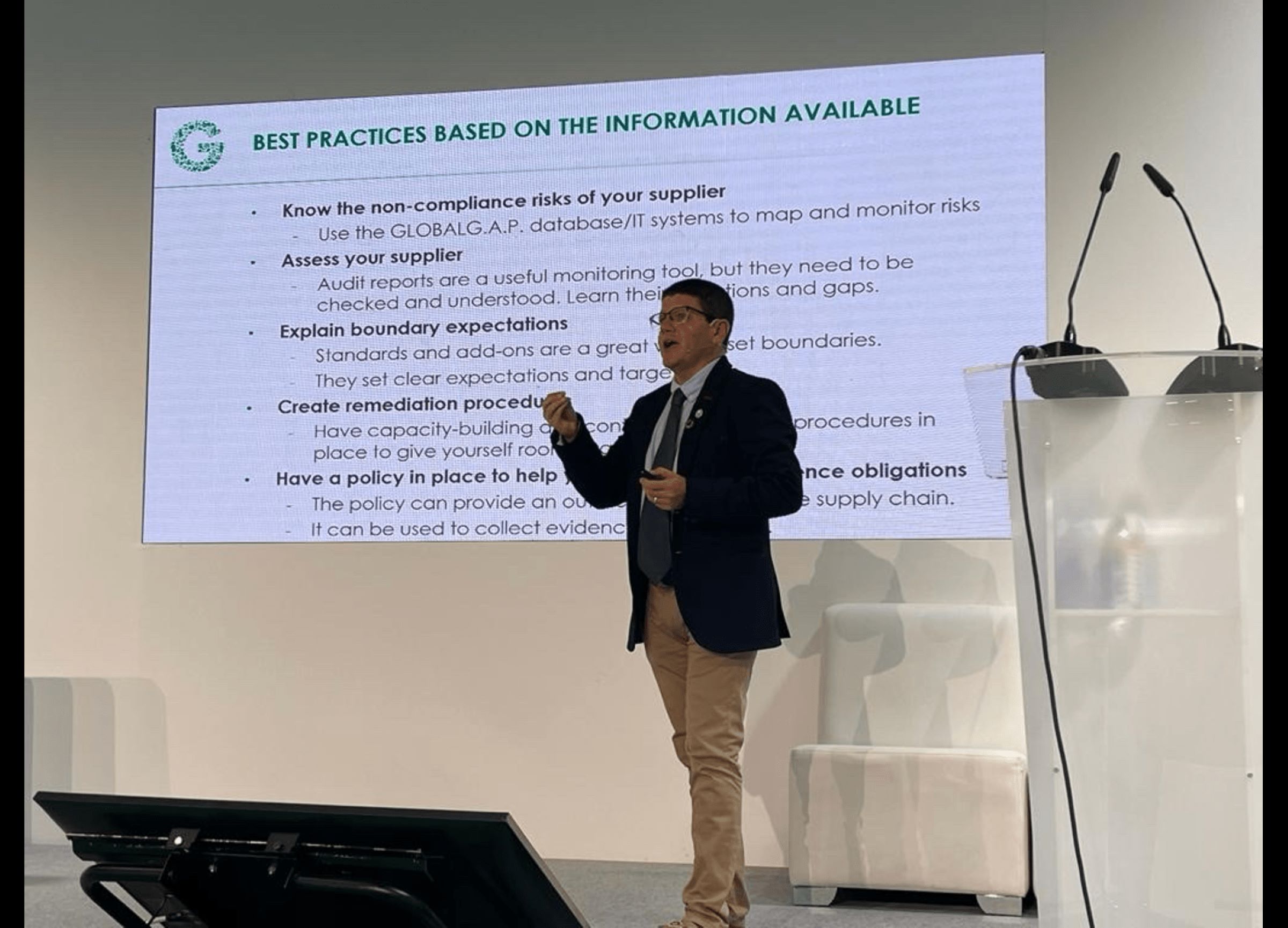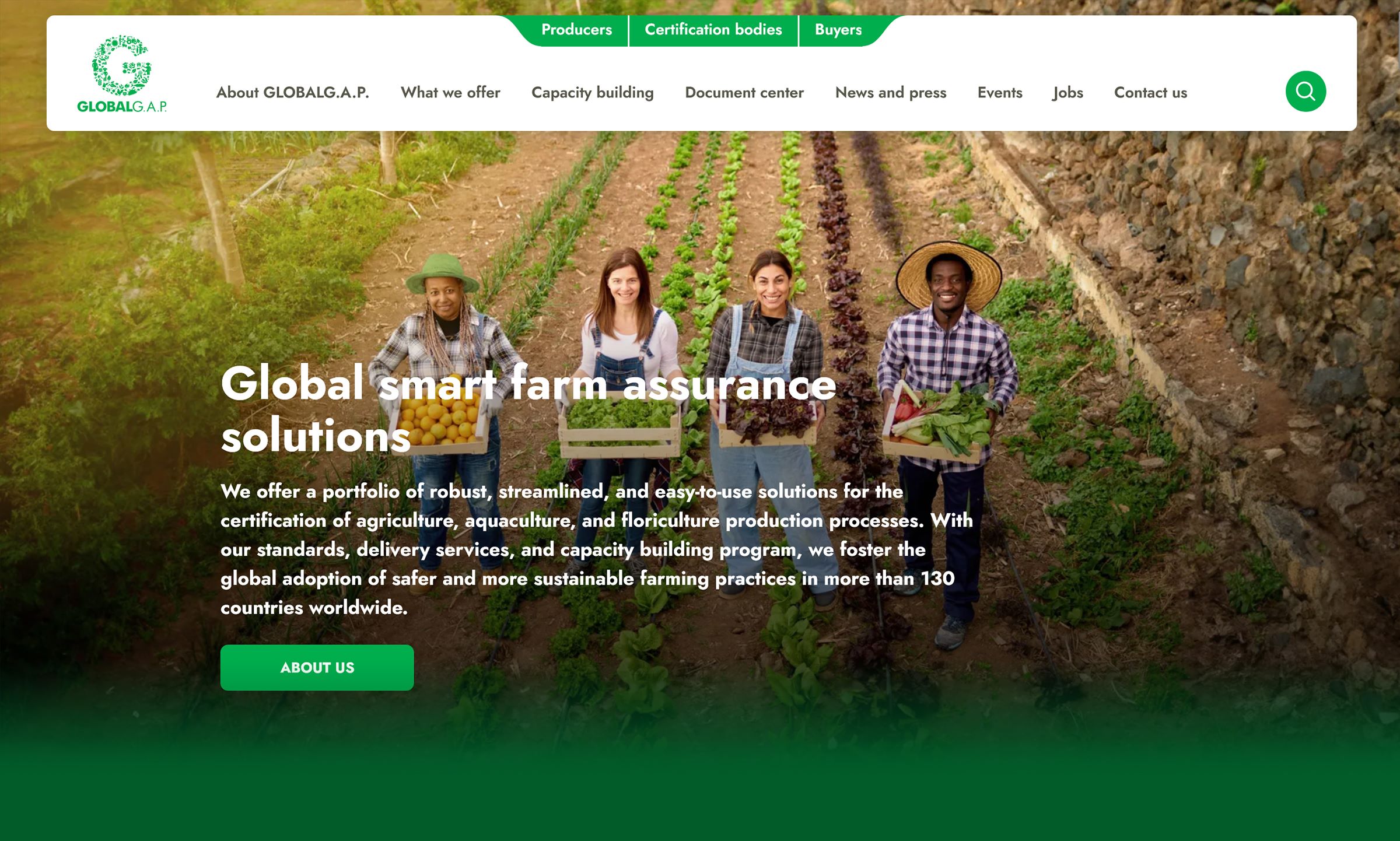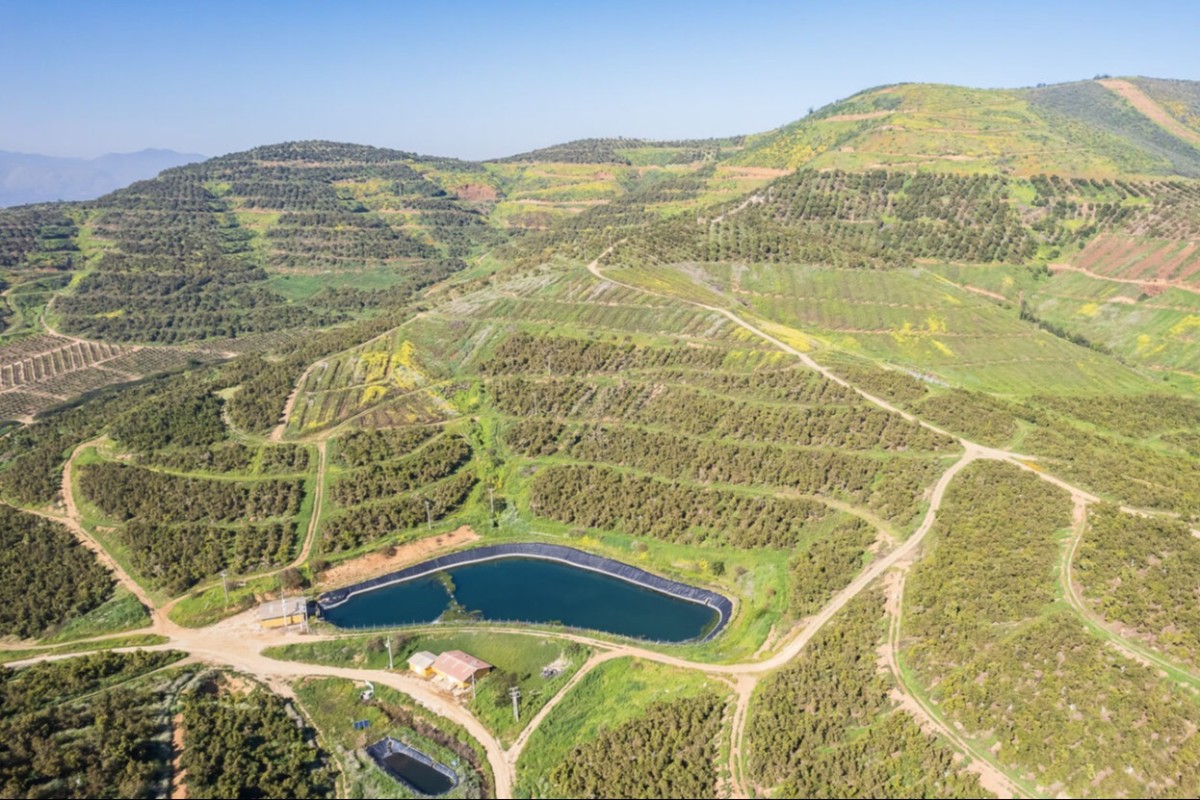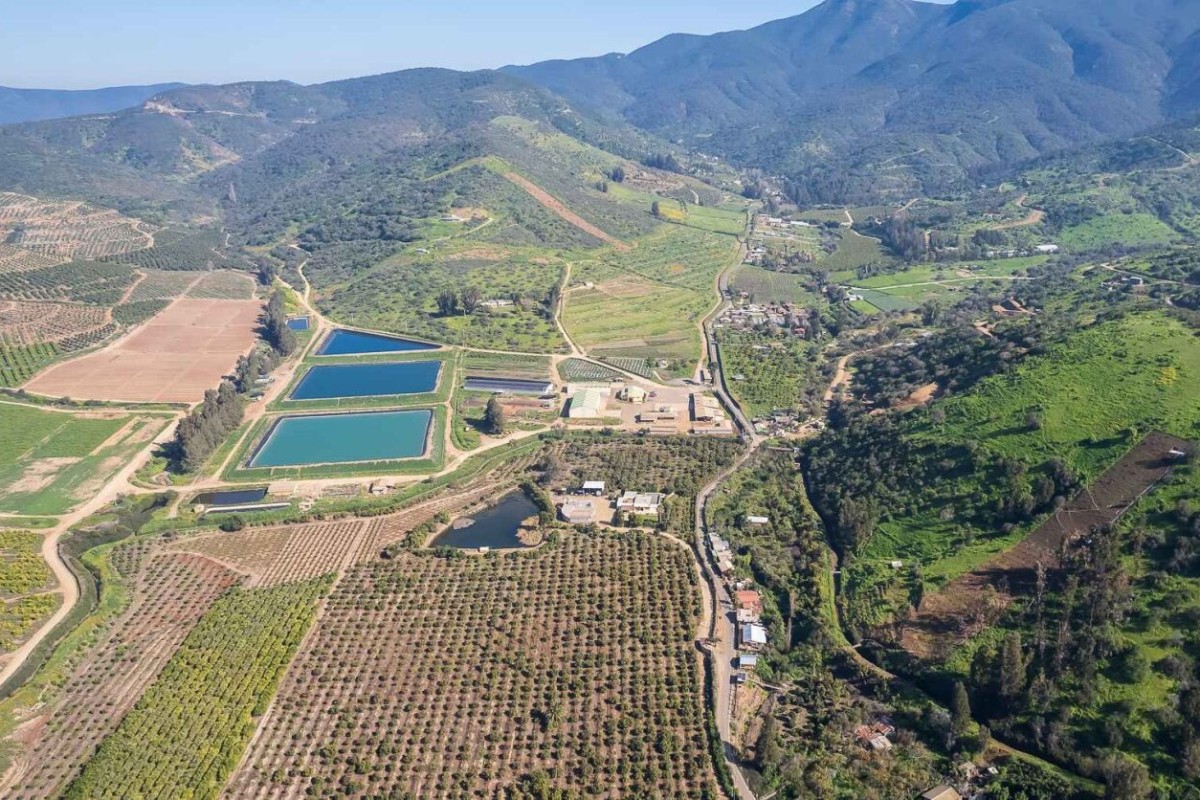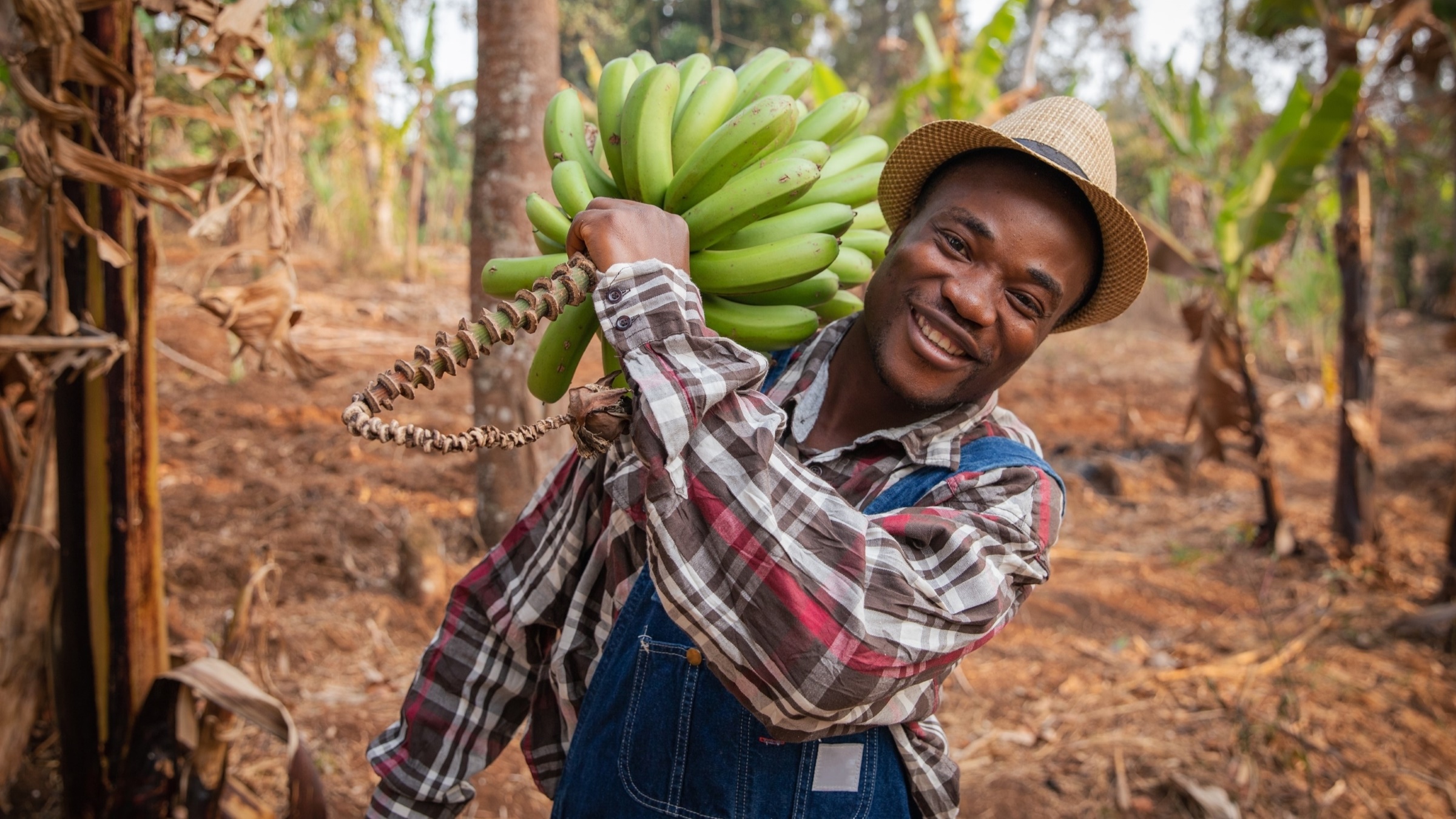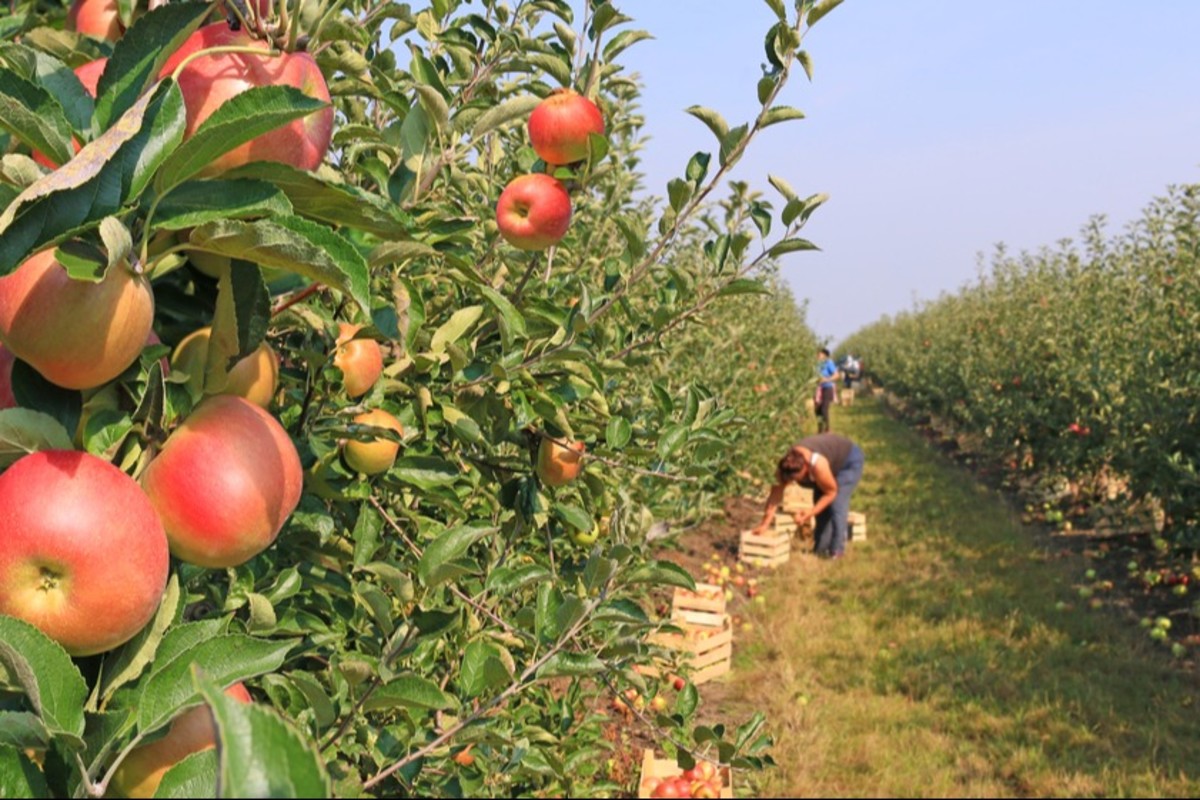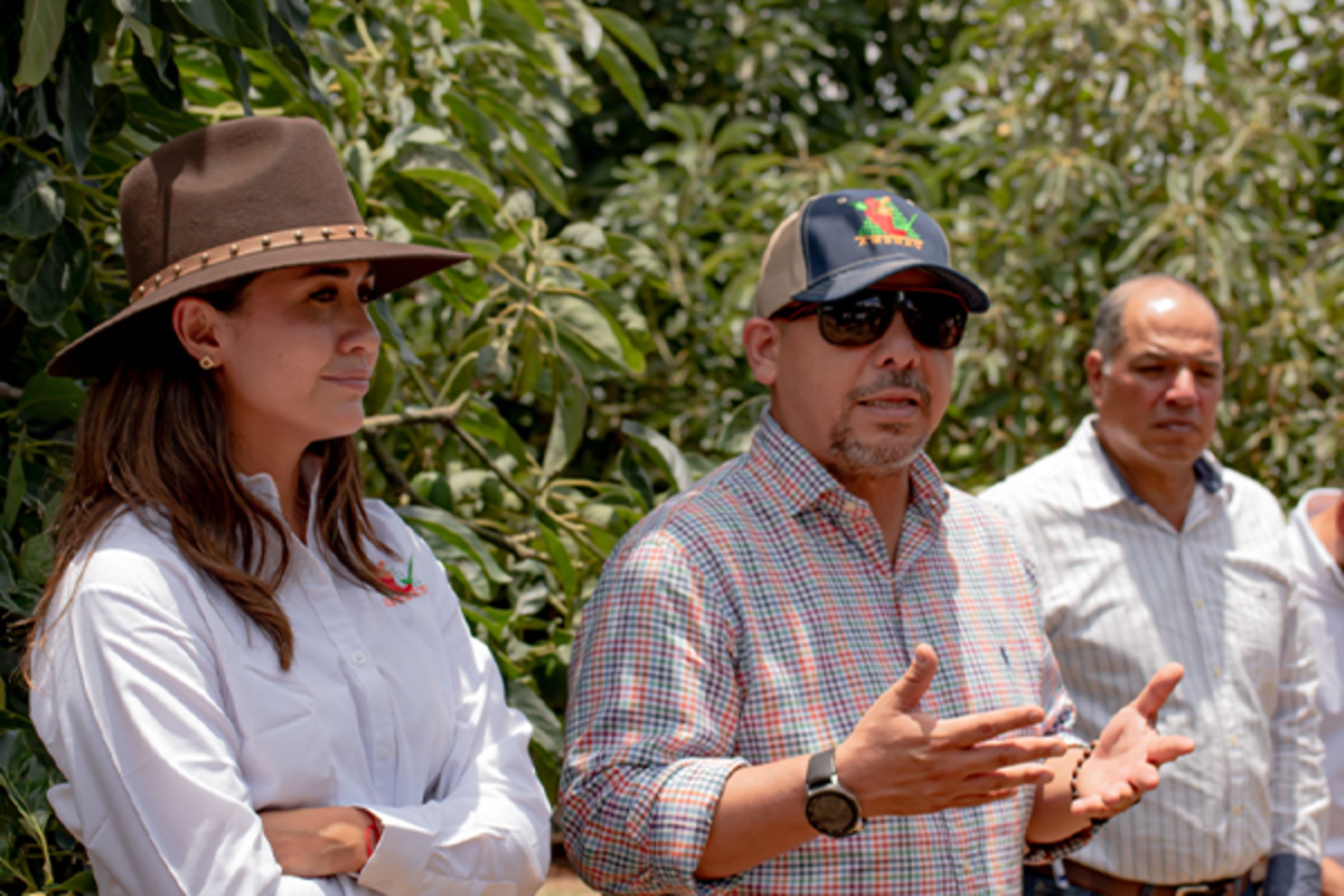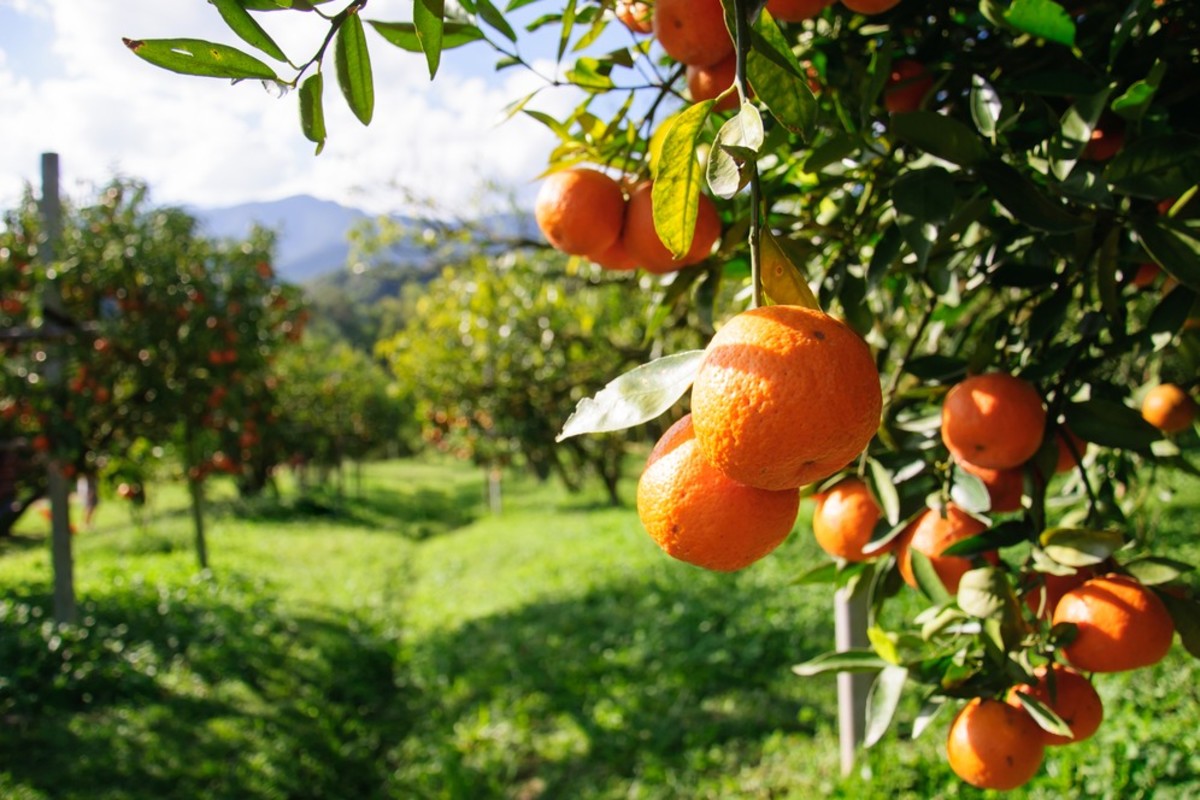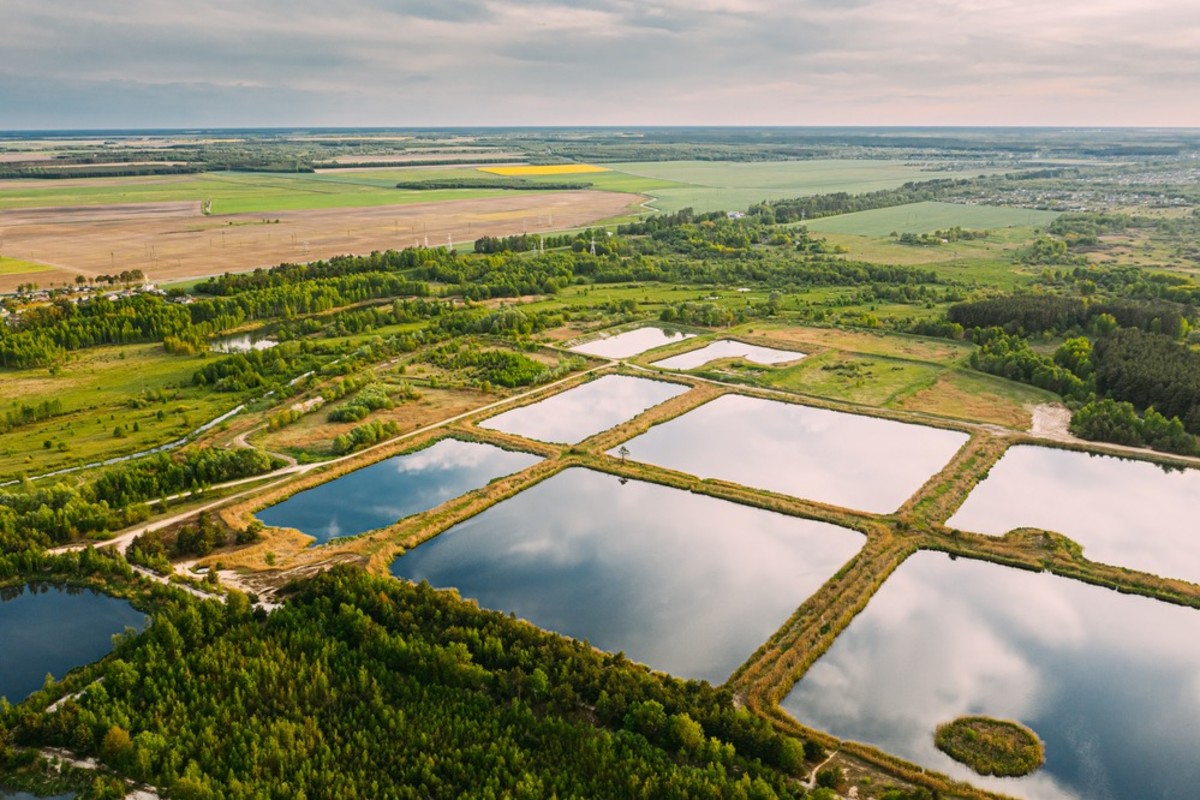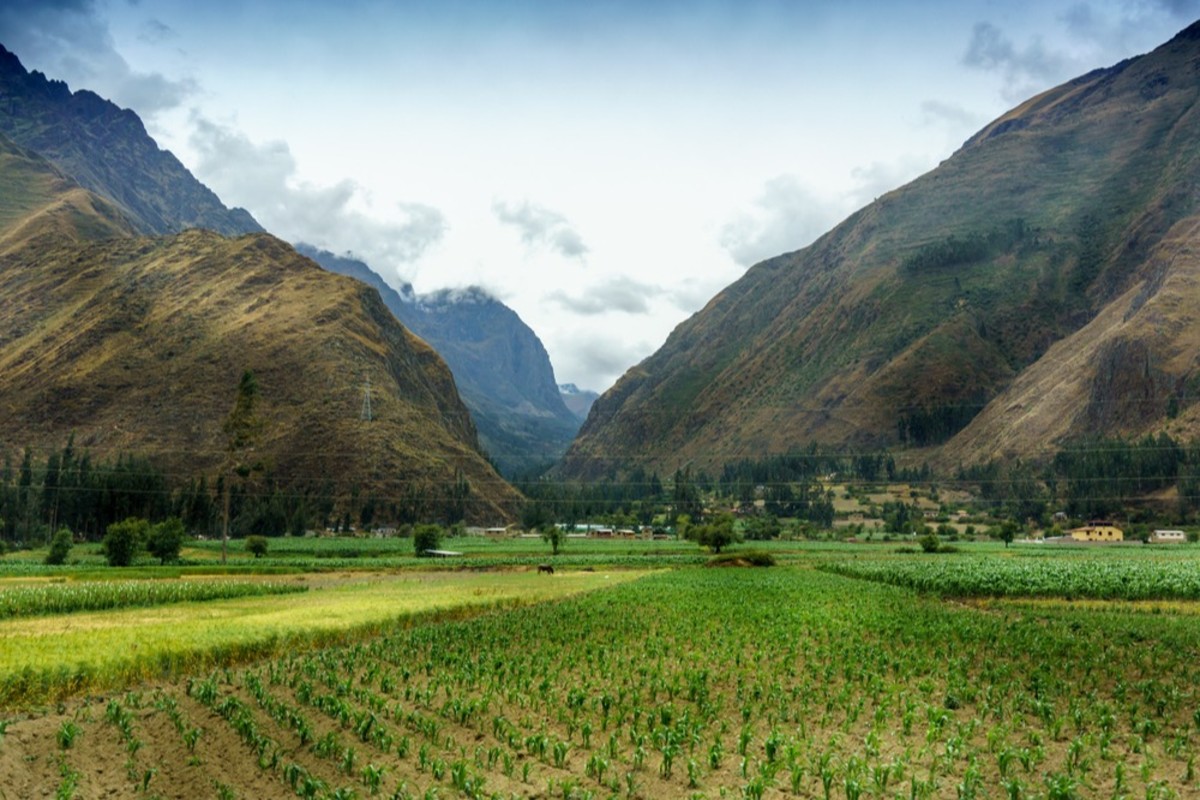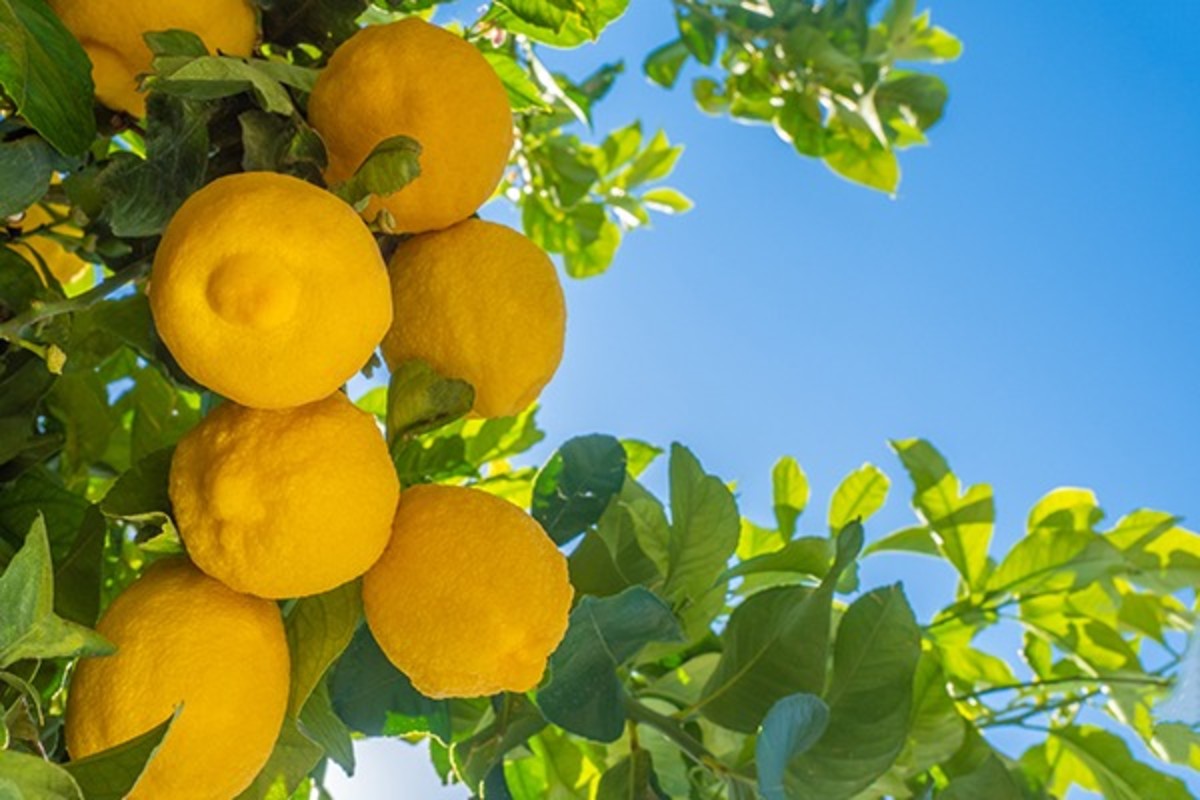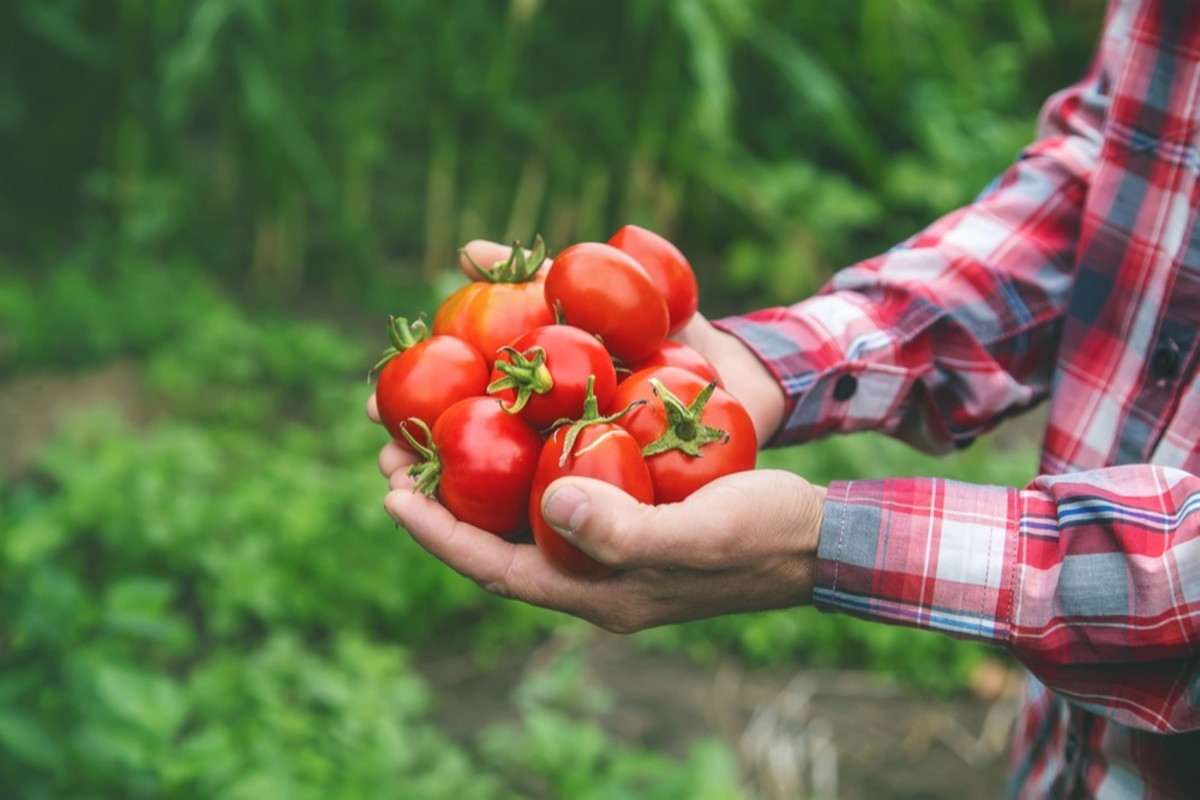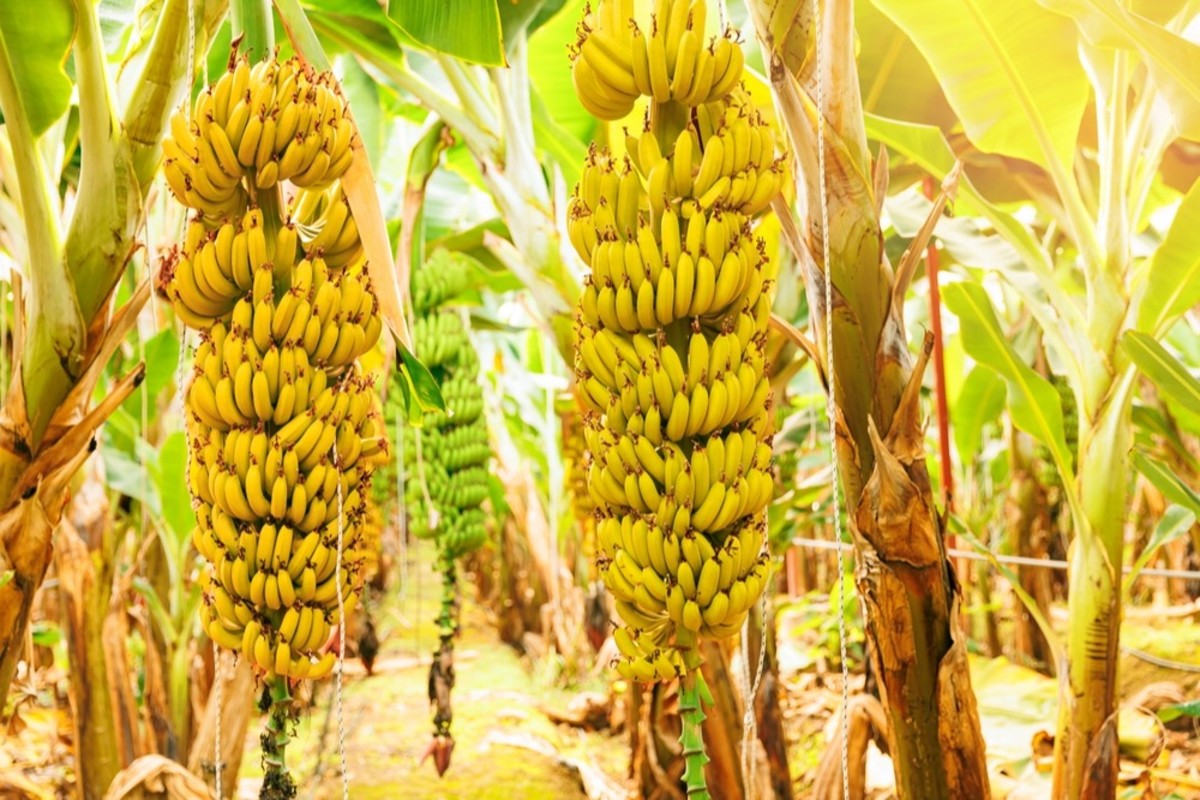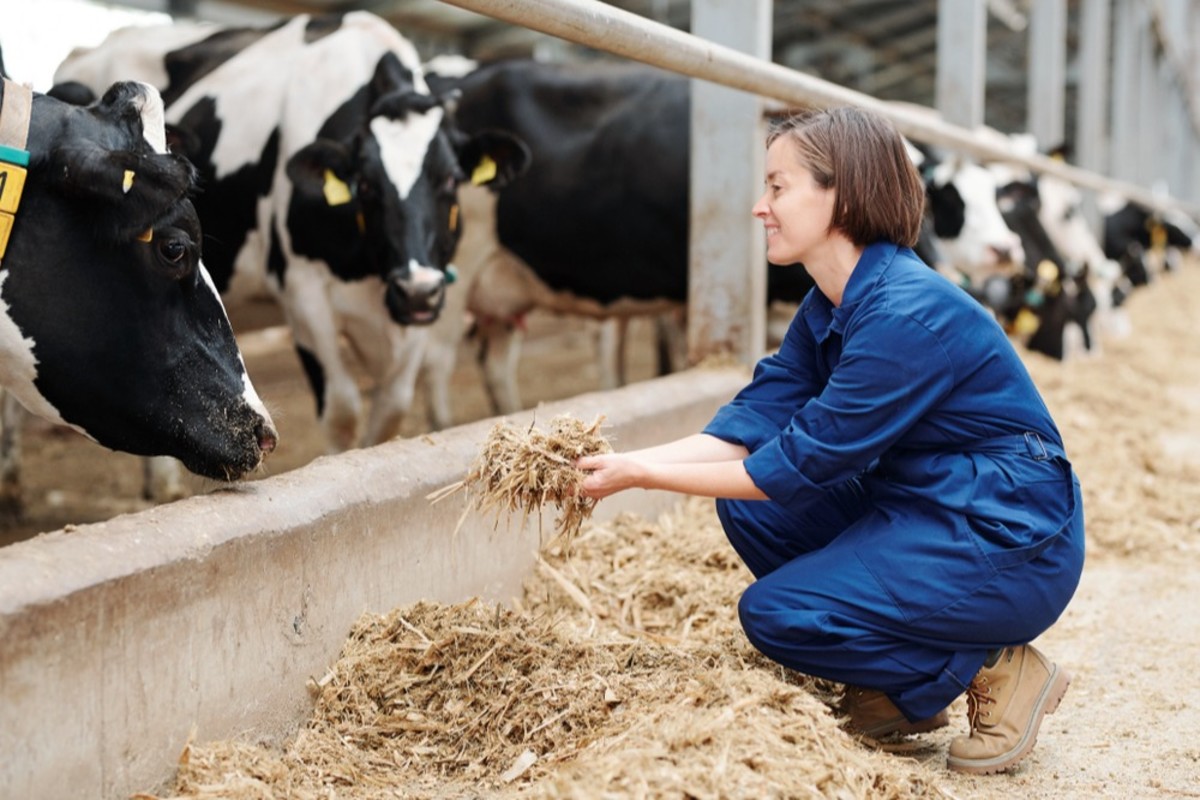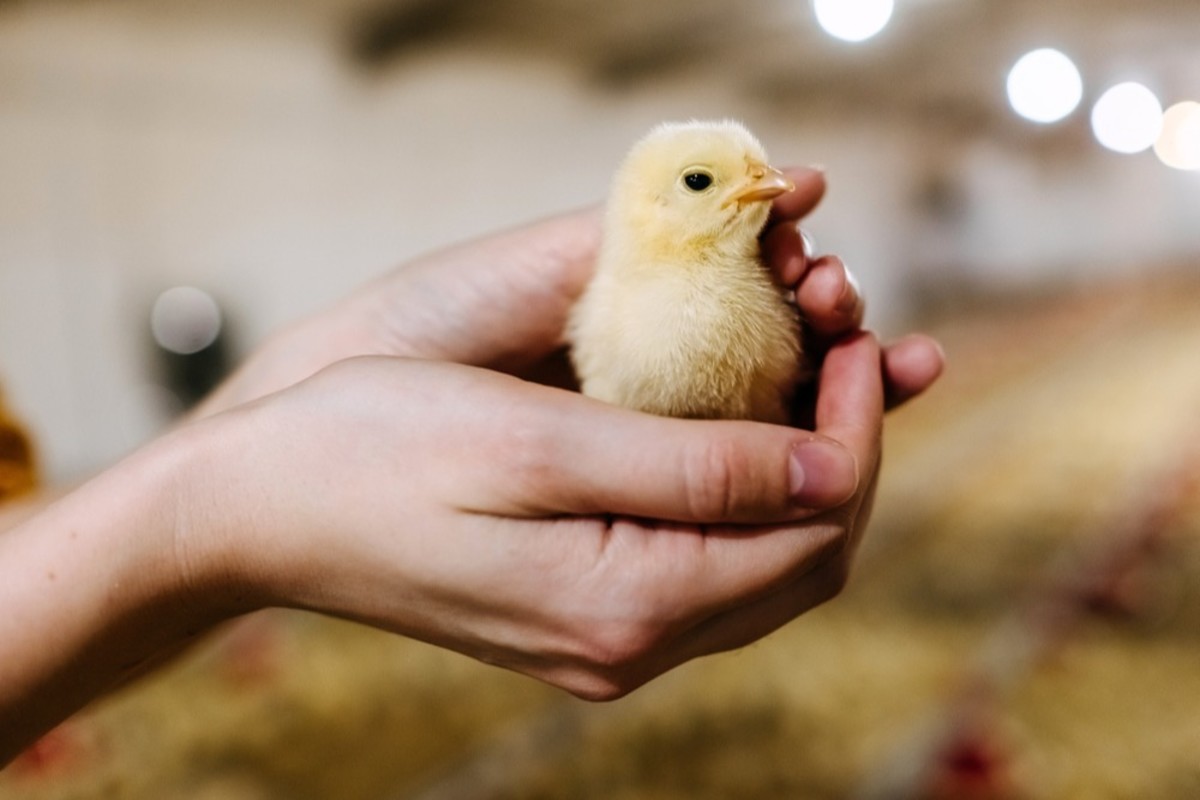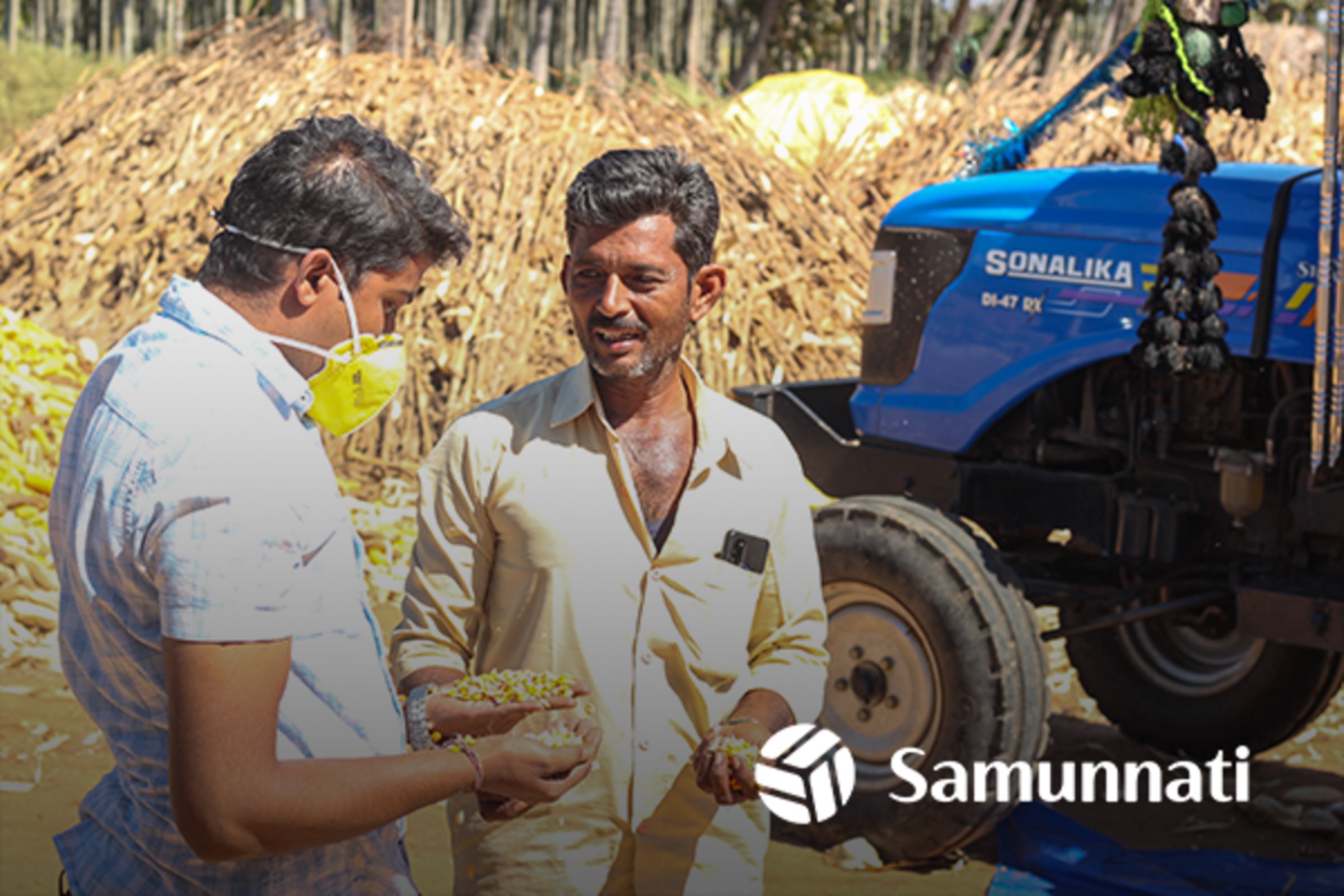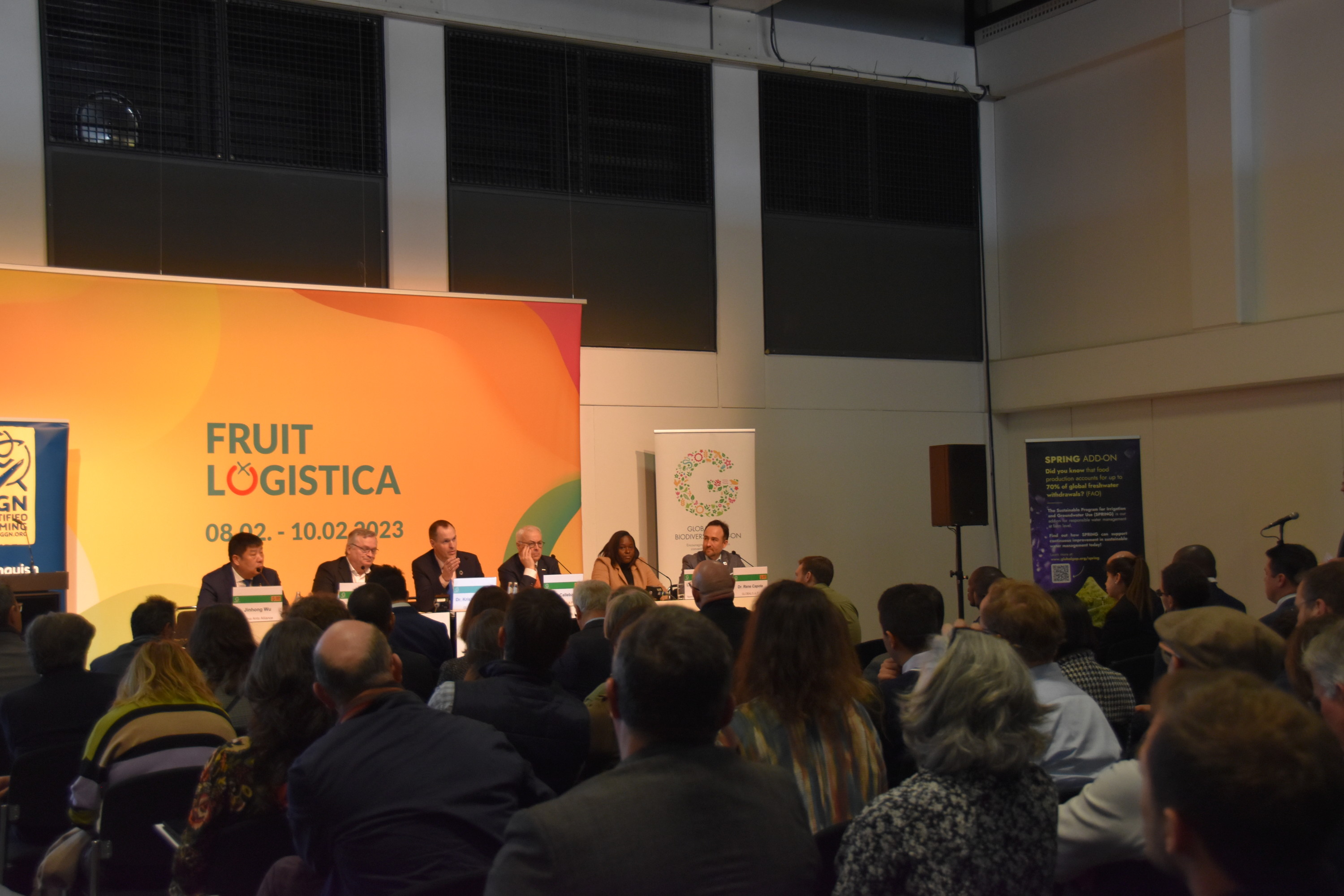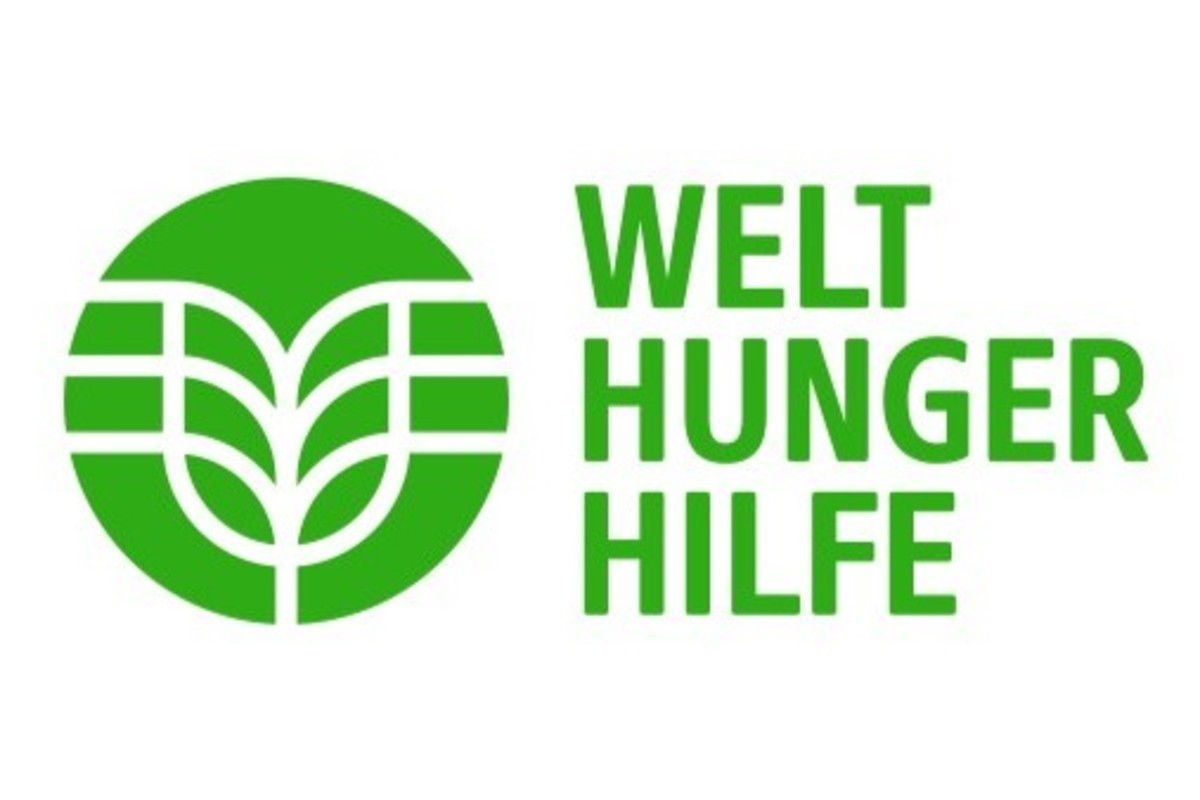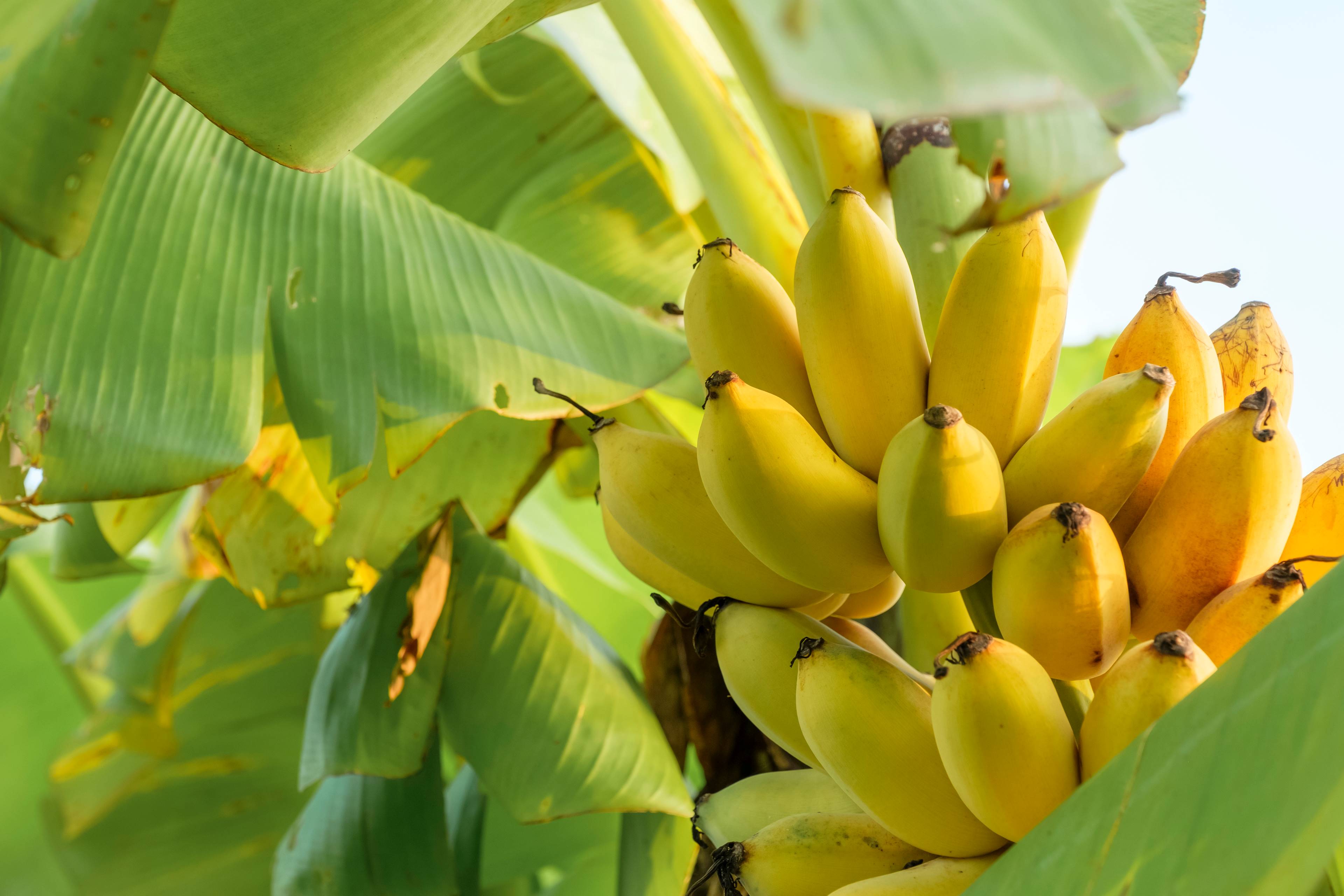
Core solution
TR4 Biosecurity Standard
The TR4 Biosecurity Standard outlines a risk mitigation plan for minimizing the spread of the Tropical Race 4 fungus, also known as Foc TR4 – one of the most destructive diseases in banana and plantain crops – to, within, and from farms. It is a standard designed for producers who do not have another form of GLOBALG.A.P. certification.
Tackling Fusarium wilt
What is the TR4 Biosecurity Standard?
Tropical Race 4 fungus, also known as Foc TR4, is the name given to the strain of the fungus Fusarium oxysporum f. sp. cubense. It is one of the most destructive diseases in banana and plantain crops worldwide, threatening millions of producers who rely on these crops for their subsistence. With effective treatments yet to be discovered, preventative measures are currently the only practical way of containing the disease and protecting the livelihoods of banana and plantain producers. The TR4 Biosecurity Standard outlines a risk mitigation plan for minimizing the spread of Foc TR4, and is available to producers who do not have another form of GLOBALG.A.P. certification.
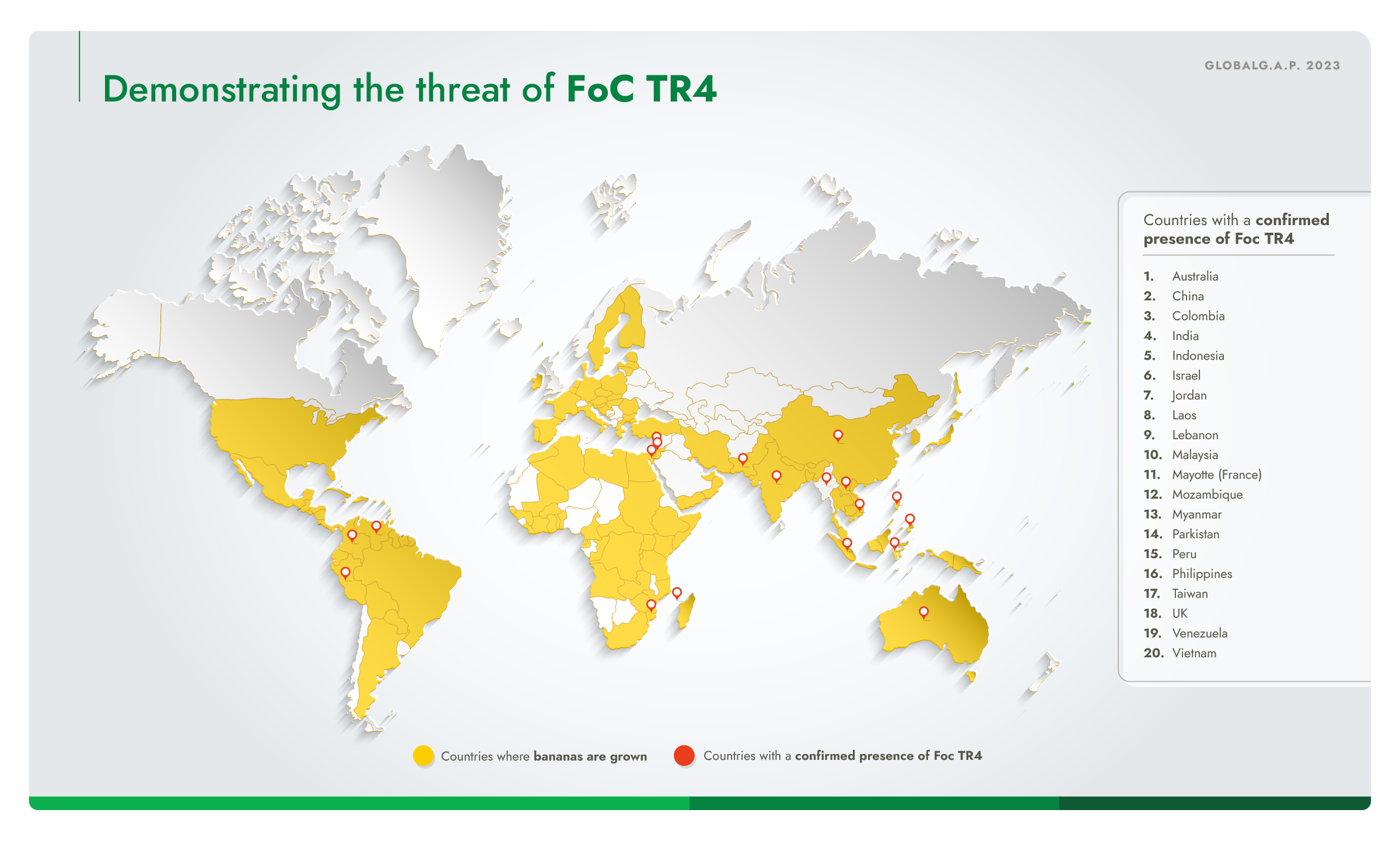
TR4 Biosecurity Standard at a glance
Mitigates the risks
of the highly destructive Foc TR4, which threatens livelihoods as well as the long-term viability of the sector
Appropriate for a wide range
of farm sizes, including smallholders, and can be implemented without additional certification
Widespread implementation
of the Foc TR4 risk mitigation plan can slow or prevent mass spreading of Foc TR4 between farms and countries
Conformance assessed
by athird-party audit from GLOBALG.A.P. approved CBs/VBs
Almost 1,000 farms
covering 100,000 hectares of production have already implemented the Foc TR4 risk mitigation plan
Results in a letter of conformance
that acts as evidence of the responsible farming practices required by many buyers
Mitigates the risks
of the highly destructive Foc TR4, which threatens livelihoods as well as the long-term viability of the sector
Conformance assessed
by athird-party audit from GLOBALG.A.P. approved CBs/VBs
Appropriate for a wide range
of farm sizes, including smallholders, and can be implemented without additional certification
Almost 1,000 farms
covering 100,000 hectares of production have already implemented the Foc TR4 risk mitigation plan
Widespread implementation
of the Foc TR4 risk mitigation plan can slow or prevent mass spreading of Foc TR4 between farms and countries
Results in a letter of conformance
that acts as evidence of the responsible farming practices required by many buyers
Which topics does the TR4 Biosecurity Standard address?
The TR4 Biosecurity Standard is based on the content of the existing TR4 Biosecurity Add-on for Bananas – the result of a global action plan presented by GLOBALG.A.P. and the World Banana Forum (WBF) in 2018.
Core topics in the TR4 Biosecurity Standard v1 include:
Understanding the threat/Pathogen awareness
Training and awareness-raising activities
Farm management and risk assessment
People present on the farm and people in transit in the proximity of the farm
Waste, water, and soil management
Wildlife management and conservation plan
Tool, equipment, and machinery management
Natural disaster management plan
Planting material
Monitoring and identification of affected plants
Foc TR4 suppression plan (for farms where Foc TR4 is already present)
Discover how the standard helps you address the challenge of Foc TR4.
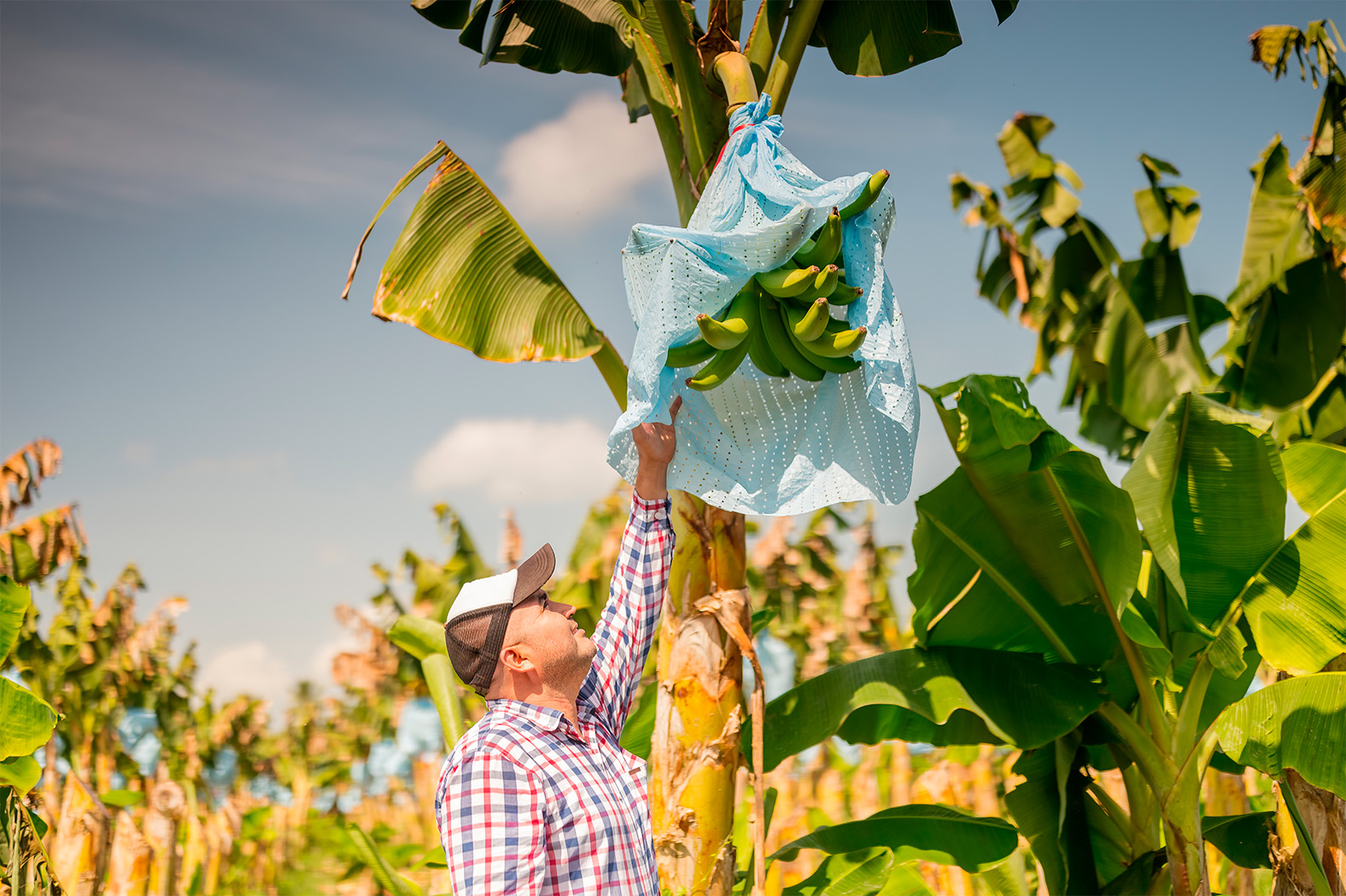
Who should use the TR4 Biosecurity Standard?
The TR4 Biosecurity Standard is applicable for banana and plantain farms worldwide and covers both producers who are trying to prevent the introduction of Foc TR4 and farms where the pathogen is already present.
Producers apply as individuals, irrespective of whether they are members of a producer group (as per the GLOBALG.A.P. definition of a producer group with a quality management system) or members of a cooperative or association.
The standard is intended for banana or plantain producers who are not yet registered in the GLOBALG.A.P. certification system. For producers who already have another form of GLOBALG.A.P. certification (e.g., Integrated Farm Assurance (IFA) for fruit and vegetables), the TR4 Biosecurity Add-on for Bananas offers the same risk mitigation plan but in a format which can be combined with the IFA audit.
The standard is available for individual producers of all sizes, from smallholders to multisite producers. Producers can get audited in any country where a GLOBALG.A.P. approved certification body (CB) or verification body (VB) conducts audits.
How does the TR4 Biosecurity Standard work?
Compliance with the standard requirements is audited annually by an accredited and independent third-party CB or VB.
Producers can choose from any GLOBALG.A.P. approved CB or VB active in the relevant country.
A successful CB or VB audit results in a letter of conformance valid for one year.
The standard is composed of principles and criteria (P&Cs), which are all graded at Major Must level (obligatory).
Principles
Fundamentals that set the foundation of a GLOBALG.A.P. requirement
Written in statement form
Describing the outcomes to achieve
Criteria
Methods that producers can use to demonstrate a principle to be true
Different ways to demonstrate compliance, e.g., data, record of procedure
Evidence required for demonstrating that the outcome is achieved
Read more about the audit process and standard requirements.
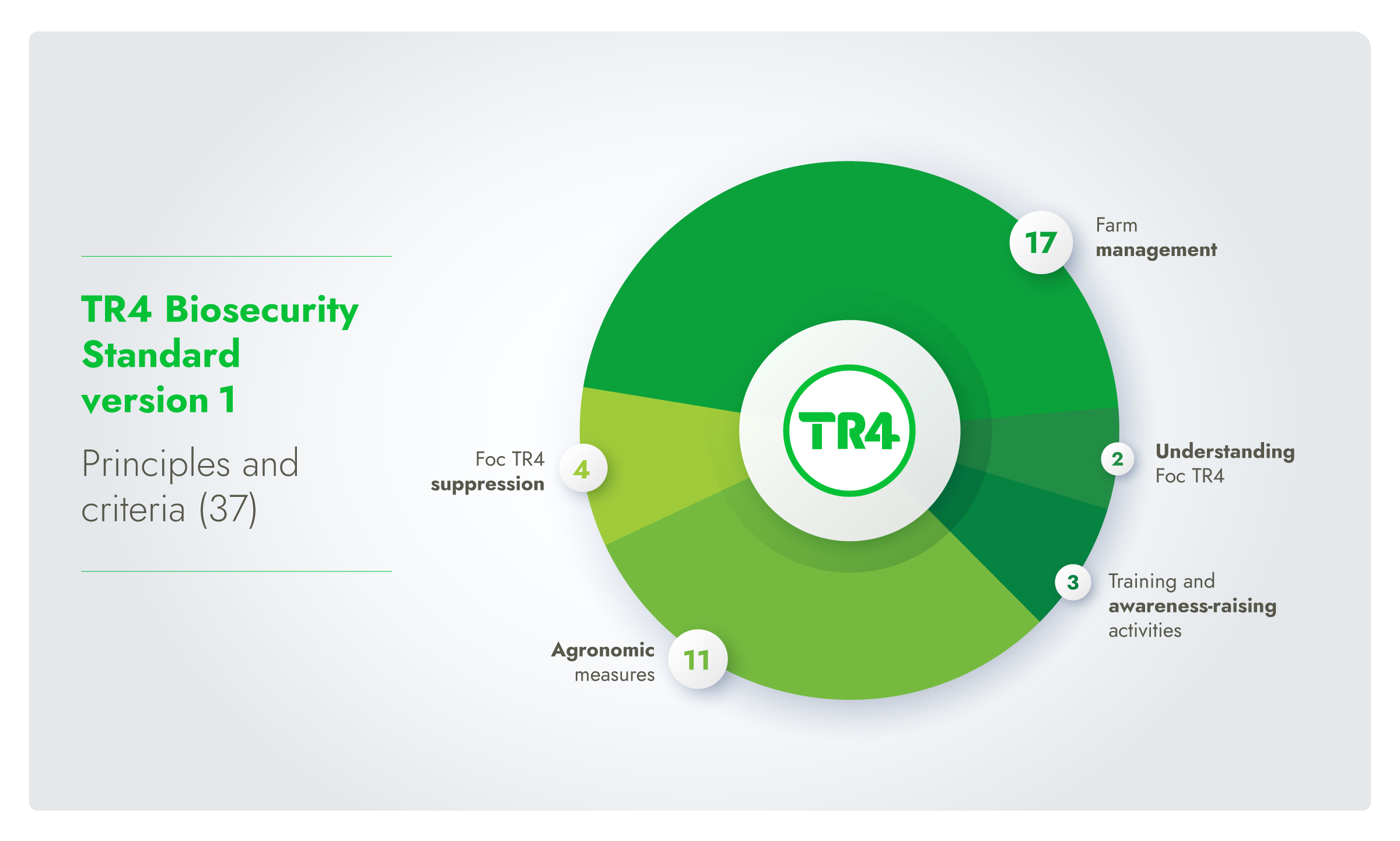
How is conformance status verified?
Producers are assigned a Global Farm Number (GFN) at the moment of the registration. This number allows real-time verification of conformance status in the GLOBALG.A.P. IT platform.
If the producer has already been assigned a GFN or a Global Location Number (GLN), they must inform their CB/VB. Producers who are audited by a VB rather than a CB are responsible for ensuring that their intended customers accept audits by VBs.
Producers can control data access and privacy rights for audit reports, and the reports are not shared publicly or with third parties. This process is handled via your chosen CB/VB.
Latest news
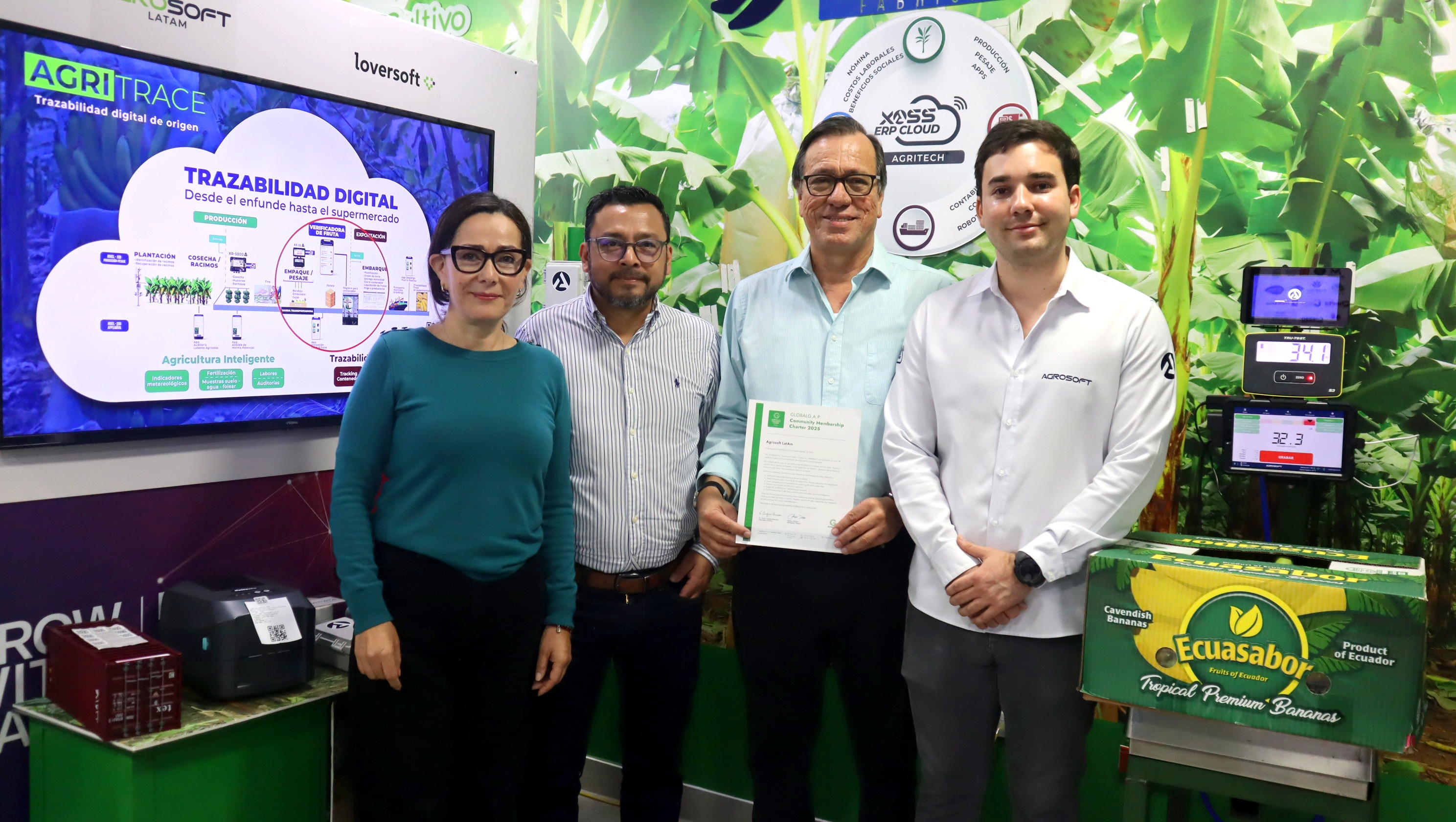
15 July 2025
Software solutions specialist Agrosoft Latam joins the GLOBALG.A.P. community
With almost 30 years of experience, Agrosoft Latam specializes in cutting-edge ERP solutions for the agriculture and aquaculture sectors.
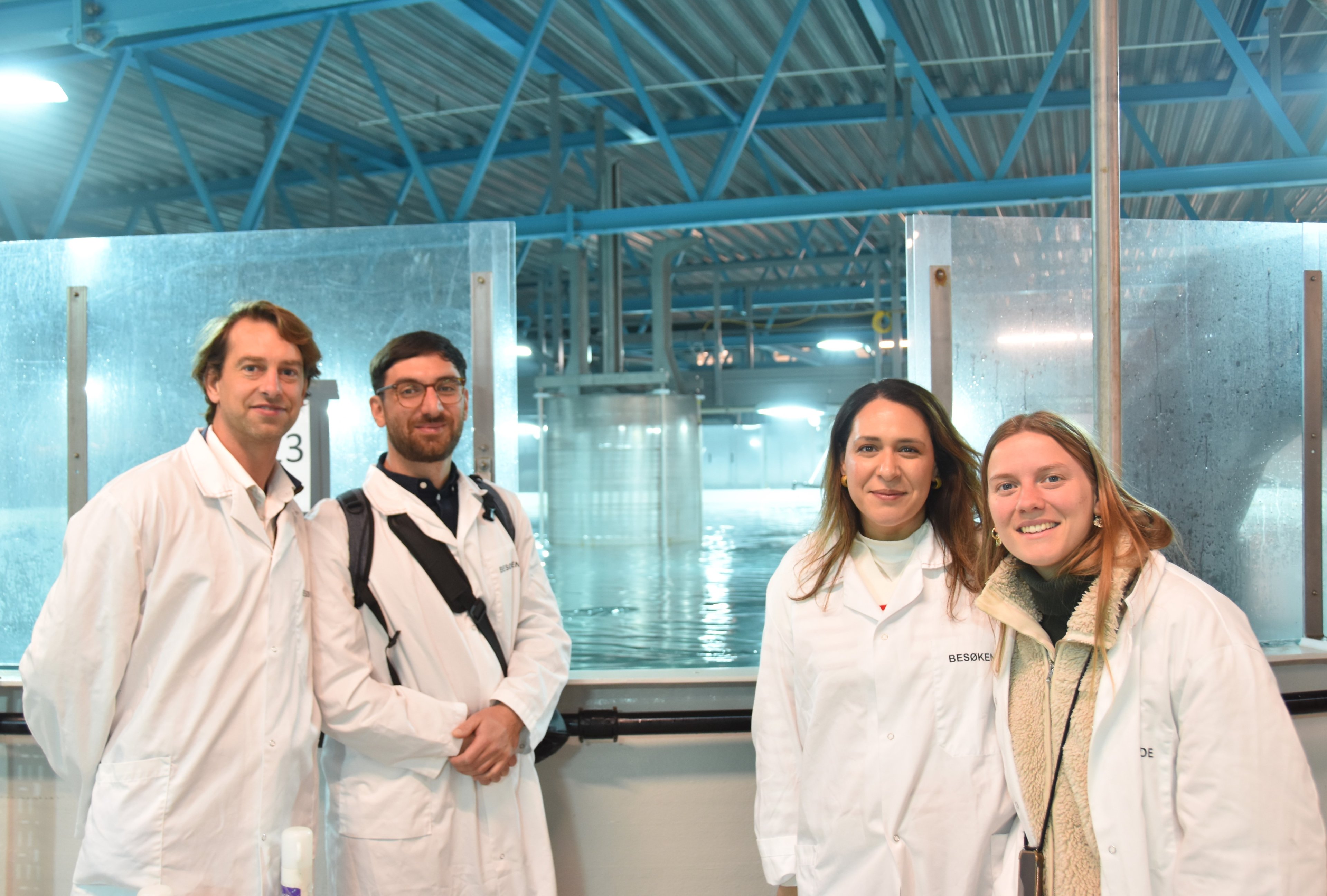
15 July 2025
Driving responsible aquaculture in Norway: A visit to Hofseth International farms
Discover how Hofseth International is redefining aquaculture through 100% fish utilization, technological advancements, and compliance with GLOBALG.A.P. standards.
Looking for technical news?
Technical news updates for core solutions can be found in our technical news libraries.
Protecting the interests of banana and plantain producers
Why choose the TR4 Biosecurity Standard?
The livelihoods of banana and plantain producers – and the long-term security of the sector – depend on preventing the spread of the Tropical Race 4 fungus, also known as Foc TR4. The TR4 Biosecurity Standard provides a key tool for tackling the destructive fungus, available to producers who do not have another form of GLOBALG.A.P. certification.
Which industry challenges does the TR4 Biosecurity Standard address?
The social consequences of Foc TR4 are serious: Bananas and plantains are an important source of food, employment, and income in many tropical countries. The wider spread of Foc TR4 throughout the world would affect millions of producers that rely on banana/plantain cultivation for their livelihoods.
Like all other soilborne Foc strains, Foc TR4 cannot be controlled using fungicides and cannot be eradicated from soil using fumigants. The optimal, economically available preventive measure is quarantine, preventing the transfer of affected land or plant material from infected to Foc TR4-free areas.
The capacity of Foc TR4 to survive in the soil for decades, along with its lethal impact and wide host range, are among the main reasons it was ranked as the greatest threat to banana production by the World Health Organization (WHO).
The TR4 Biosecurity Standard is a key tool for preventing the spread of the pathogen to/within/from banana and plantain farms and, most importantly, it helps raise awareness about the seriousness of the disease on a global scale.
Integrating this risk mitigation plan into the GLOBALG.A.P. certification system provides a platform for approving CBs or VBs and registering audits of the risk mitigation plan in the GLOBALG.A.P. IT platform.
Making the standard available to producers who do not have another form of GLOBALG.A.P. certification enables the sector to cover an area big enough to prevent mass spreading and offers a tool with which local phytosanitary authorities, national plant protection organizations, and other value chain stakeholders can recognize compliant producers.
Follow our five steps to the TR4 Biosecurity Standard to get started today.
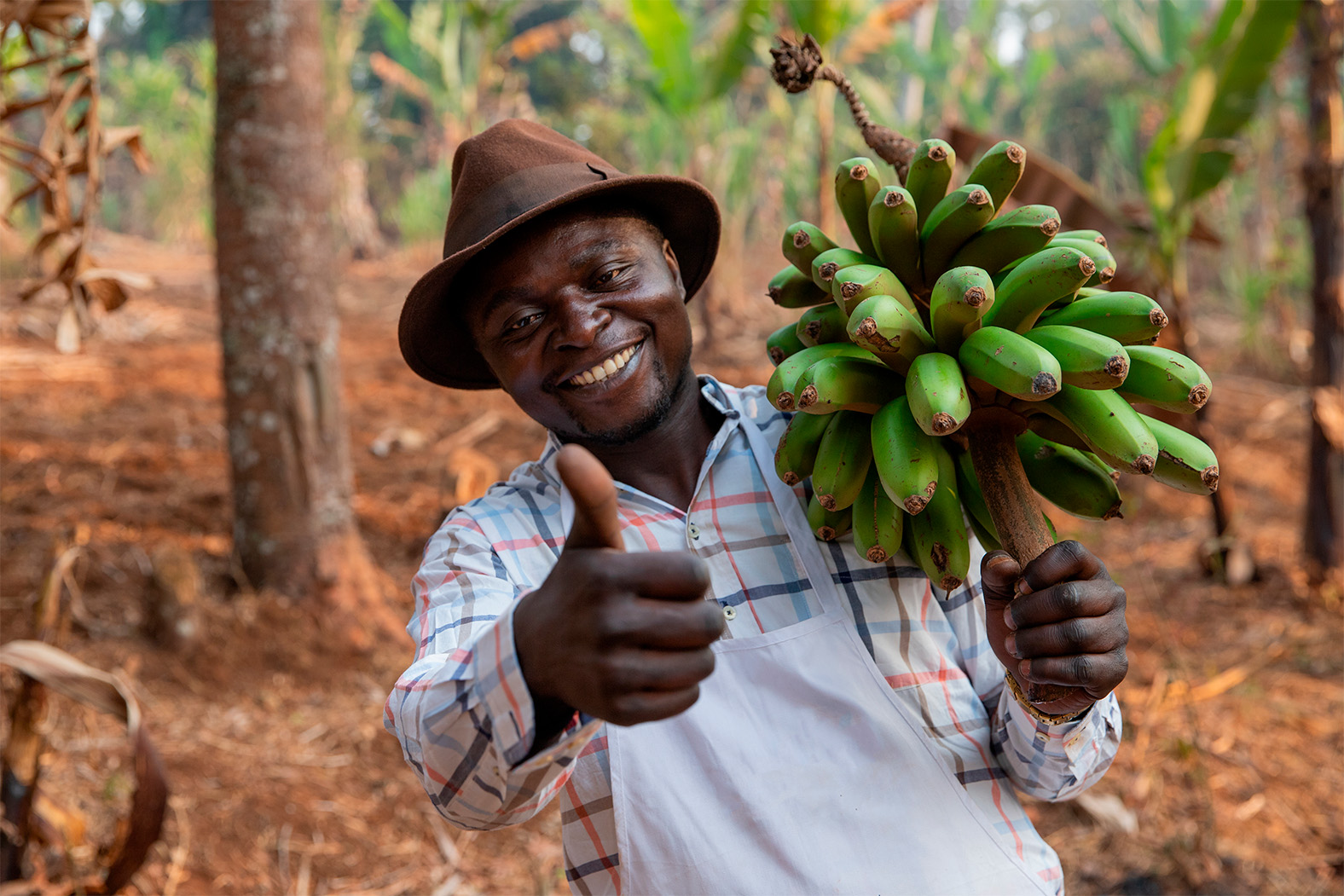
What are the benefits for producers?
Increase understanding of Foc TR4 and the risks it poses.
Access a risk mitigation plan which can prevent the introduction and/or further spread of the Foc TR4 pathogen to, within, or from farms, without the need for prior GLOBALG.A.P. certification.
Protect crops from Fusarium wilt and minimize threats to food security and the livelihoods of farming communities.
Demonstrate implementation of the risk mitigation plan to buyers via a letter of conformance from a third-party CB/VB.
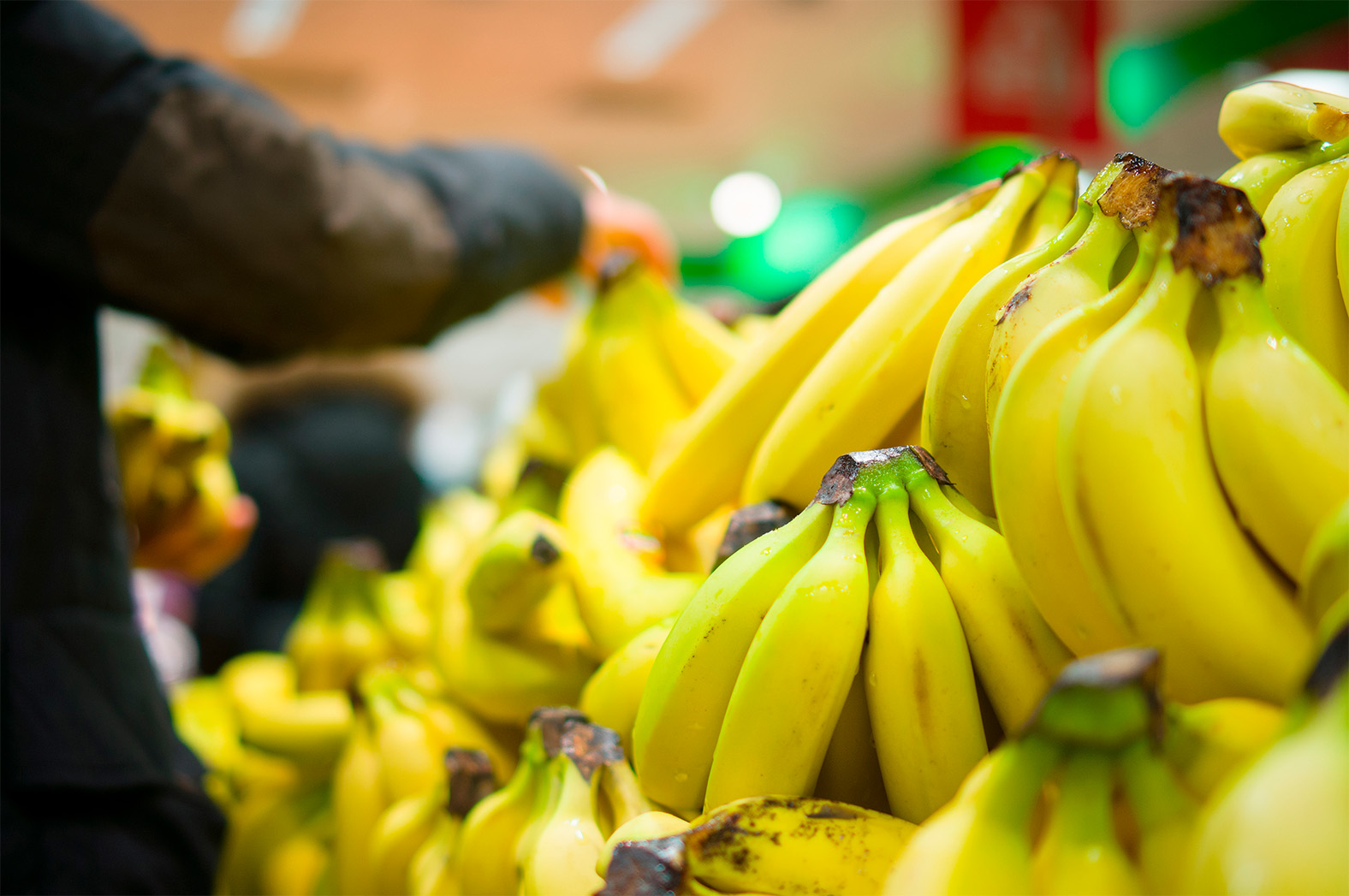
What are the benefits for supply chain stakeholders?
Help raise awareness about the severity of the Foc TR4 pathogen among suppliers and ensure that they take action against this threat.
Develop a network of reliable producers who are committed to adopting safer and more responsible farming processes.
Source from a growing pool of local and regional producers who implement a risk mitigation plan for Foc TR4, and demonstrate commitment to the long-term viability of the sector.
Benefit from transparency through real-time validation of conformance in the GLOBALG.A.P. IT platform.

Ready to get started?
Use our Smart Checklist Builder to easily understand which GLOBALG.A.P. smart farm assurance solutions are recommended for your production practices and generate a personalized checklist for your self-assessment.
Your guide to implementation
How to prepare for a TR4 Biosecurity Standard audit
Learn more about the key documents and fee structure of the TR4 Biosecurity Standard. Follow our five steps to the TR4 Biosecurity Standard for an overview of the audit process, and find a GLOBALG.A.P. approved certification body (CB) or verification body (VB) in your area to get started.
Implementation and CB/VB audit process
How does the CB/VB audit process work?
Compliance with the TR4 Biosecurity Standard is audited annually by independent third-party CBs or VBs. The CB/VB audit covers all accepted products (bananas and plantains) and production processes, all registered production sites, and all product handling units.
Producers can choose from any GLOBALG.A.P. approved CB/VB active in the relevant country.
A successful CB/VB audit results in a letter of conformance valid for one year.
The CB/VB is responsible for uploading the audit report and maintaining the accuracy of producer data in the GLOBALG.A.P. IT platform.
Producers will be audited annually by a CB/VB as part of the renewal process.
Letters of conformance are not transferable from one legal entity to another when production sites change ownership.
Which documents are required?
TR4 Biosecutiry Standard general regulations: Rules that define how the audit process works, from the scope of the standard to the audit requirements.
Principles and criteria (P&Cs): Principles are the fundamental requirements for each standard. They describe the outcomes to achieve and are accompanied by corresponding criteria that detail how a producer can demonstrate compliance.
Checklist: The full list of P&Cs as used by CB/VB auditors, enabling producers to conduct a self-assessment in preparation for the CB/VB audit.
Which version of the TR4 Biosecurity Standard is currently valid?
The TR4 Biosecurity Standard is currently available in version 1, published in July 2023.
The FAQ contains further information on documents, the renewal process, and more.
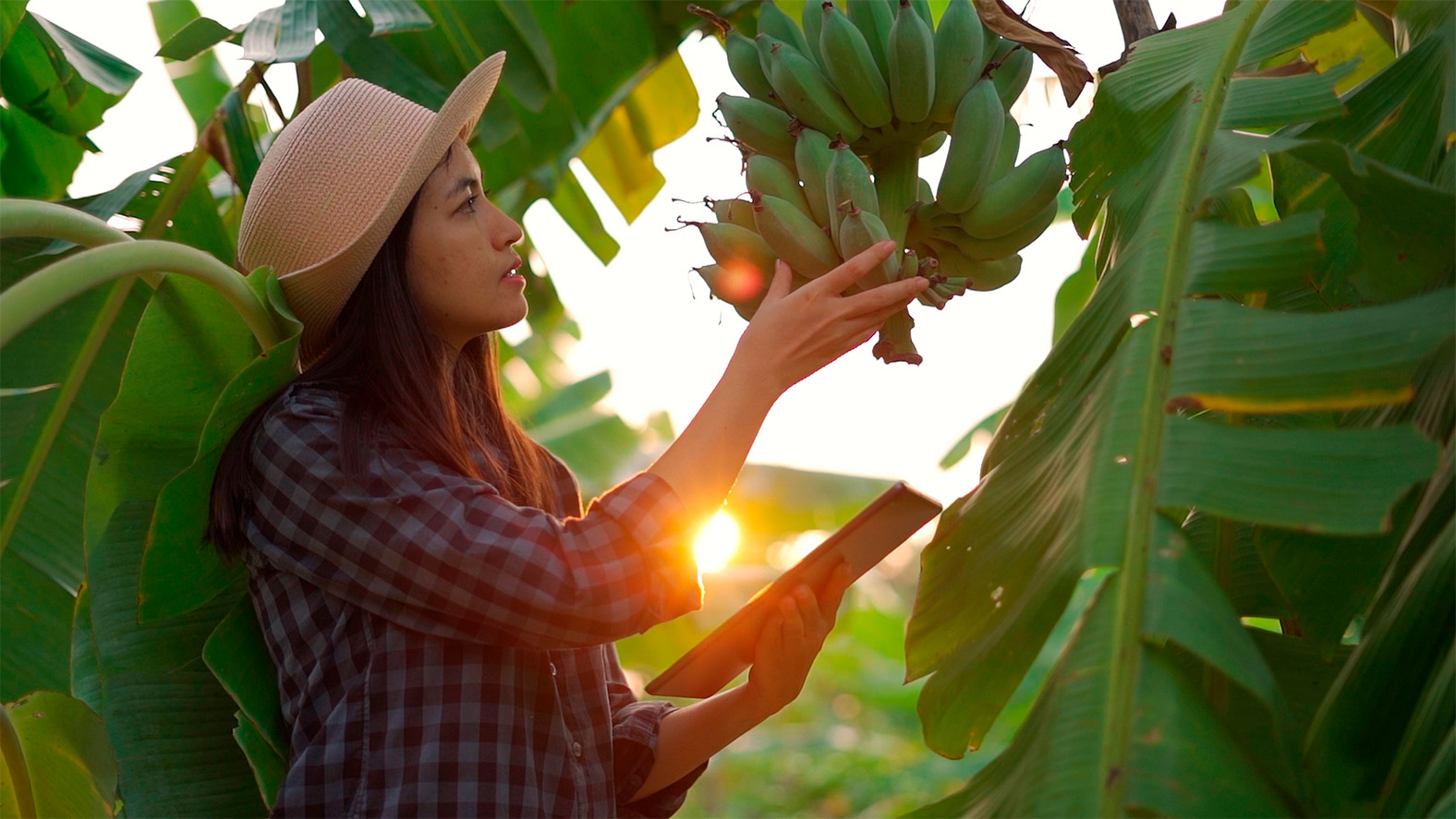
What are the TR4 Biosecurity Standard requirements?
All P&Cs are graded at the same level (Major Must), but compliance is graded as a percentage. The more P&Cs a producer complies with, the higher the conformance percentage and overall compliance level.
The four-level rating for compliance with the TR4 Biosecurity Standard audit is as follows:
Audit result
≥ 99% to 100% = Fully compliant
≥ 66% to < 99% = Some improvements required
≥ 40% to < 66% = Not compliant, but some steps taken
0% to < 40% = Not compliant
The overall compliance level is calculated based on the total number of P&Cs with which the producer has complied, excluding P&Cs that are not applicable (N/A) from the total score.
How much does a TR4 Biosecurity Standard audit cost?
Each farm is unique, and the total audit costs depend on a combination of factors such as farm size, number of sites, location, necessary preparation measures (such as establishing new procedures), and more. The TR4 Biosecurity Standard contains three cost elements:
Implementation costs: Incurred by the producer to prepare for the CB/VB audit
CB/VB service fees: Determined and invoiced by the CB/VB to cover audit time and travel costs
GLOBALG.A.P. registration fee: Calculated based on farm size and invoiced by the CB/VB
The GLOBALG.A.P. fee table contains full information on the fee structure for each standard and add-on.
Five steps to the TR4 Biosecurity Standard

You will need the TR4 Biosecurity Standard general regulations, the TR4 Biosecurity Standard P&Cs, and the checklist. All of the required documents are available online, for free, and in multiple languages. They are linked below and can also be found in the GLOBALG.A.P. document center.

Use the documents to guide the implementation of the standard requirements, and then
conduct a self-assessment using the checklist. Our worldwide network of Registered Trainers
can also provide assistance during audit preparations.

Contact the CB/VB of your choice and request an audit. Note that the GLOBALG.A.P. fee table does not cover CB/VB service fees such as audit time or travel costs to your site.
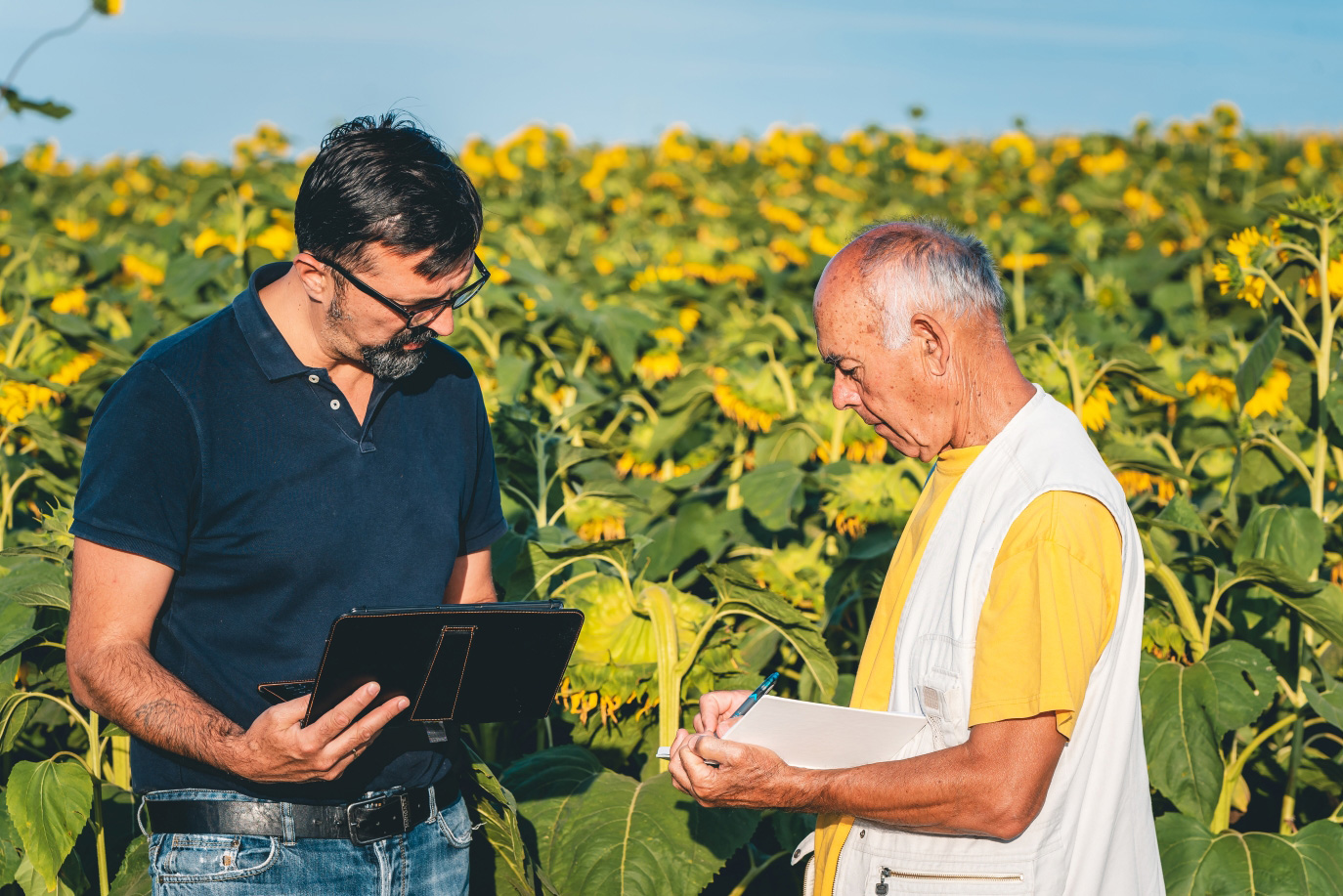
The CB/VB will conduct the audit and upload the results to the GLOBALG.A.P. IT platform. Any non-compliances which are detected during the CB/VB audit must be corrected within the specified period and verified by the CB/VB before a letter of conformance can be issued.

Once all requirements are met and verified by the CB/VB, they will issue your TR4 Biosecurity Standard letter of conformance. Your conformance status is then publicly visible in the GLOBALG.A.P. IT platform for transparency in the market.
Key documents
The three most relevant documents are linked below. Click ‘view more’ to see further related documents. Remember to always check with your VB/CB that you have all necessary documents prior to audit.
TR4 Biosecurity Standard
Guidelines and supporting documents
V1
English | Last updated: 29/11/2024
Guidelines and supporting documents
V1
English | Last updated: 29/11/2024
Guidelines and supporting documents are developed by the GLOBALG.A.P. Secretariat to help producers understand the terminology, legal requirements, and farm-level implementation of GLOBALG.A.P. standards and add-ons.
TR4 Biosecurity Standard
Rules and regulations
V1
English | Last updated: 29/11/2024
Rules and regulations
V1
English | Last updated: 29/11/2024
Rules and regulations define how a specific standard must be implemented – from the certification scope to the audit requirements for certification bodies.
TR4 Biosecurity Standard
Principles and criteria (P&Cs) (CPCCs)
V1
English | Last updated: 29/11/2024
Principles and criteria (P&Cs) (CPCCs)
V1
English | Last updated: 29/11/2024
Principles and criteria are a complete list of the requirements for a given standard or add-on. The foundational requirements each detail an outcome that must be achieved, and the corresponding ways in which compliance can be demonstrated.
Find a GLOBALG.A.P. approved CB/VB
Both GLOBALG.A.P. approved CBs and VBs may conduct audits against the TR4 Biosecurity Standard. Browse the lists to find an approved third party who can conduct the audit. The lists can be filtered by region, country, scope, and status.
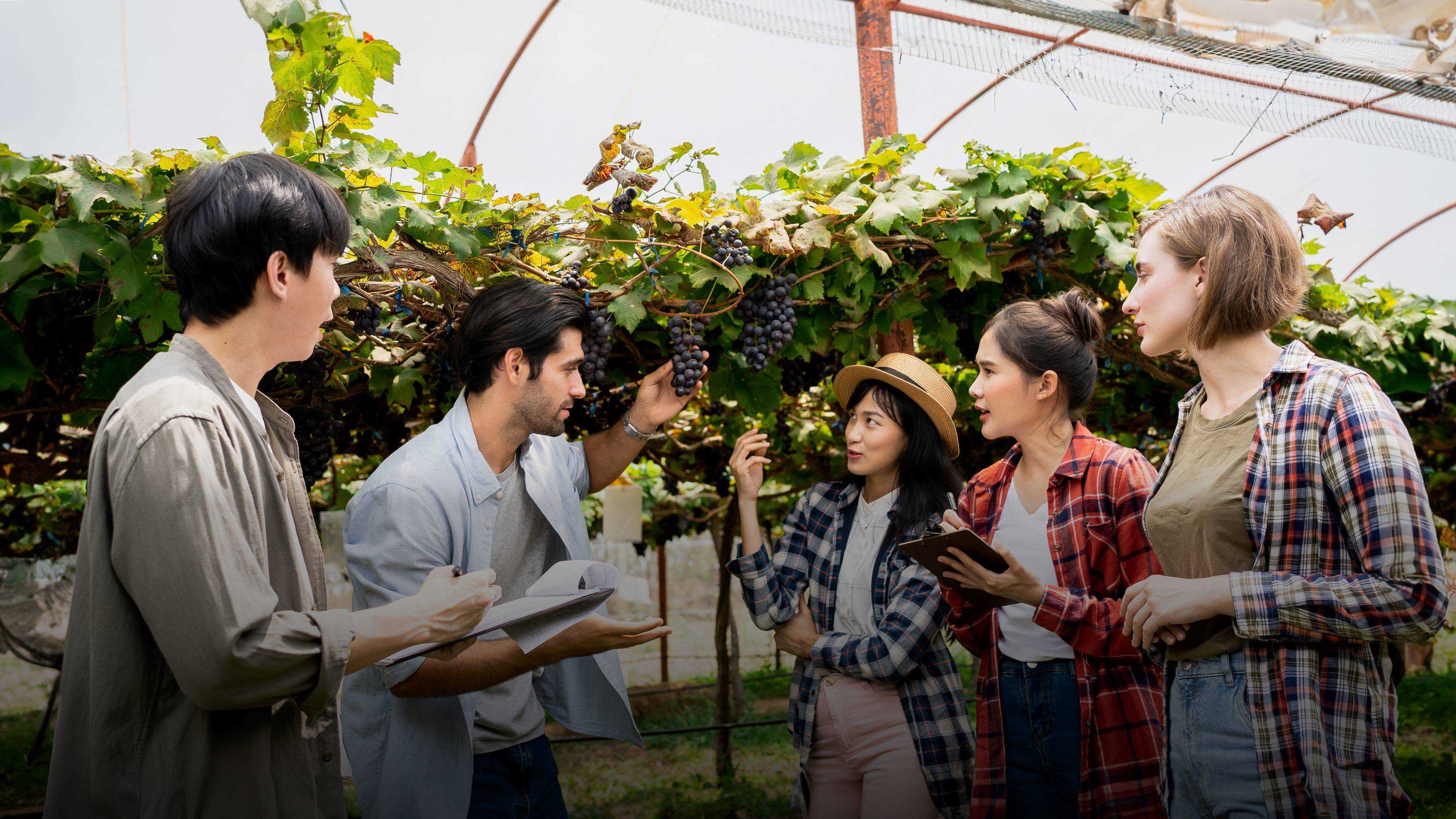
GLOBALG.A.P. capacity building
Need assistance with the implementation process? Our capacity-building program offers a range of options for training, consultation, and more!
Upcoming events
17 Jul
2025
GLOBALG.A.P. webinar – Primary Farm Assurance: Building the path to responsible agriculture
Location: Online – Teams
Event type: Webinar
Event format: Virtual
31 Jul - 01 Aug
2025
GLOBALG.A.P. TOUR stop Costa Rica 2025
Location: Costa Rica
Event type: GLOBALG.A.P. TOUR stop
Event format: On-site
A brief history of the GLOBALG.A.P. TR4 Biosecurity for Bananas solutions
The TR4 Biosecurity Add-on for Bananas version 1 is published in May 2017 following collaboration with sector stakeholders and the World Banana Forum (WBF).
In November 2018, the global action plan to save bananas from the threat of the Tropical Race 4 fungus, also known as Foc TR4, is announced at the GLOBALG.A.P. SUMMIT in Lima, Peru. The action plan is signed by 11 major international retailers and supply chain stakeholders.
Tesco (UK) becomes the first retailer to require their banana suppliers to implement the TR4 Biosecurity Add-on for Bananas. The first confirmed case of Foc TR4 is identified in Colombia. By the end of 2019, there are 29 producers in four countries with assessed production processes.
By the end of 2020, the number of assessed producers rises sharply to 200, marking an increase of over 580% on the previous year. Seven countries now have producers with assessed production processes.
The first occurrence of Foc TR4 in Peru is confirmed. Between January and May, the area of farmland covered by the TR4 Biosecurity Add-on for Bananas increases by 44%, to a total of 48,000 hectares. By the end of the 2021, there are 884 producers in eight countries with assessed production processes.
The development of the TR4 Biosecurity Standard begins – extending the scope of the risk mitigation plan to banana and plantain producers without existing GLOBALG.A.P. certification. By the end of 2022, there are 961 producers in nine countries with assessed production processes.
The stand-alone TR4 Biosecurity Standard is published in July 2023. By the end of 2023, there are 995 producers in 9 countries with assessed production practices. The total area covered by the add-on is nearly 99,500 hectares.
V2 of the TR4 Biosecurity Add-on for Bananas is published in August 2024.
FAQ
The TR4 Biosecurity Standard is currently available in version 1, published in July 2023.
For producers with existing Integrated Farm Assurance (IFA) certification, the TR4 Biosecurity Add-on for Bananas v2 is available.
Each farm is unique, and the total audit costs depend on a combination of factors (such as size, location, existing policies and processes, etc.). The invoice from your certification body (CB) or verification body (VB) will include service fees to cover expenditures (determined by the CB/VB) and the GLOBALG.A.P. registration fee.
Download the GLOBALG.A.P. fee table to learn more.
TR4 Biosecurity Standard documents are currently available in:
English
Spanish
All documents are located in the GLOBALG.A.P. document center. More languages are added based on demand – please contact us with requests.
The TR4 Biosecurity Standard is designed to be implemented independently from other GLOBALG.A.P. standards and add-ons and requires no prior certification. If you already have Integrated Farm Assurance (IFA) certification for your banana or plantain farm, you can combine your next IFA audit with the TR4 Biosecurity Add-on for Bananas.
In November 2018, GLOBALG.A.P. and the World Banana Forum (WBF) presented a global action plan to save bananas from the threat of the Tropical Race 4 fungus, also known as Foc TR4, at the GLOBALG.A.P. SUMMIT in Lima, Peru.
The first step was to create a GLOBALG.A.P. add-on for banana producers, which outlines a risk mitigation plan for producers who already have GLOBALG.A.P. certification. The add-on checklist – along with learnings from its practical implementation – formed the basis for the stand-alone TR4 Biosecurity Standard, which was launched in July 2023.
Technical questions can be addressed to standard_support@globalgap.org. Your query will be forwarded to the relevant technical expert.
The GLOBALG.A.P. Academy offers public trainings on our portfolio of smart farm assurance solutions, while our worldwide network of Registered Trainers offers authorized trainings and other services. See the GLOBALG.A.P. Academy course catalog or find a Registered Trainer for more information.
CBs: Please request a scope extension.
VBs: Please see our eligibility requirements.
Please note that CB/VB audits must be conducted by a CB/VB auditor who has been approved to conduct audits against the TR4 Biosecurity Standard. CB/VB auditors who may conduct such audits fall into three groups:
CB auditors who have already been approved to conduct audits against accredited standards such as Integrated Farm Assurance (IFA) version 5 and IFA v6.
Auditors from GLOBALG.A.P. finally approved CBs who already conduct audits against nonaccredited standards and add-ons such as the TR4 Biosecurity Add-on for Bananas.
VB auditors who have been approved to conduct audits against the TR4 Biosecurity Standard.
Due to the nature of the TR4 Biosecurity Standard, there are three additional requirements for CB/VB auditors:
Each CB/VB auditor who conducts audits against the TR4 Biosecurity Standard shall be trained by the CB/VB using the training provided by the GLOBALG.A.P. Academy. The training shall provide all the information contained in the TR4 Biosecurity Standard, updated knowledge on scientific advances in disease control, and the current list of countries in which the Tropical Race 4 fungus (Foc TR4) has been confirmed.
CB/VB auditors shall have knowledge of the current list of countries with a confirmed presence of Foc TR4. The CB/VB shall keep this country list updated and shall maintain a travel log for each auditor to ensure that they are not transmitting Foc TR4. These records shall be kept for each CB/VB auditor visit to a banana or plantain production site.
The CB/VB auditor shall have access to a disinfection kit, shall make proper use of it at all times, and shall implement preventive measures to ensure that no (cross-)contamination takes place during travel and audits. In specific cases, the disinfection kit may be provided to the CB/VB auditor by the producer.
Both CBs and VBs are third parties that are responsible for conducting audits/assessments, but GLOBALG.A.P. approved CBs must be accredited to ISO/IEC 17065, whereas VBs need not be.
CBs are therefore authorized to conduct audits that result in accredited certification, whereas VBs may only conduct nonaccredited audits/assessments, which result in a letter of conformance rather than a certificate.
GLOBALG.A.P. trademarks may be used in a strictly B2B context and must be accompanied by a GLOBALG.A.P. identification number (e.g., the producer’s GLOBALG.A.P. Number (GGN)) or a QR code to a producer’s conformance status in the GLOBALG.A.P. IT platform.
Download the GLOBALG.A.P. trademarks use: policy and guidelines and GLOBALG.A.P. trademarks use: FAQ documents for comprehensive information on rules and use cases.

Contact us
For technical/interpretation questions, please contact us at standard_support@globalgap.org.
For questions about the audit process or the GLOBALG.A.P. IT platform, please contact us at customer_support@globalgap.org.

